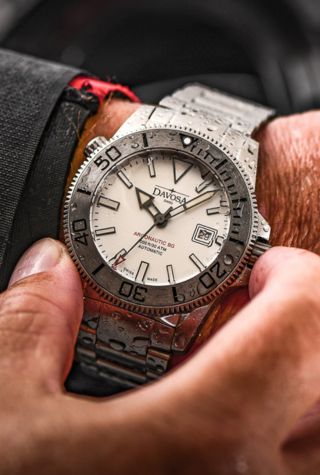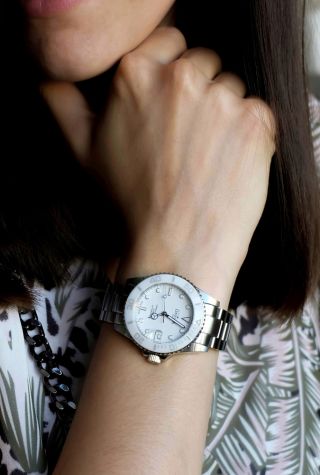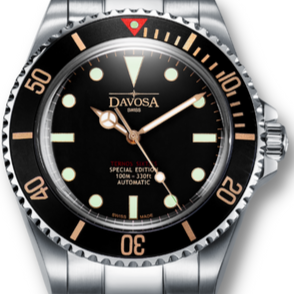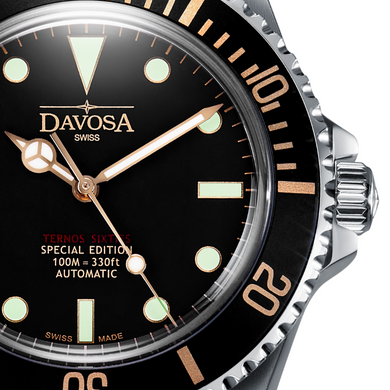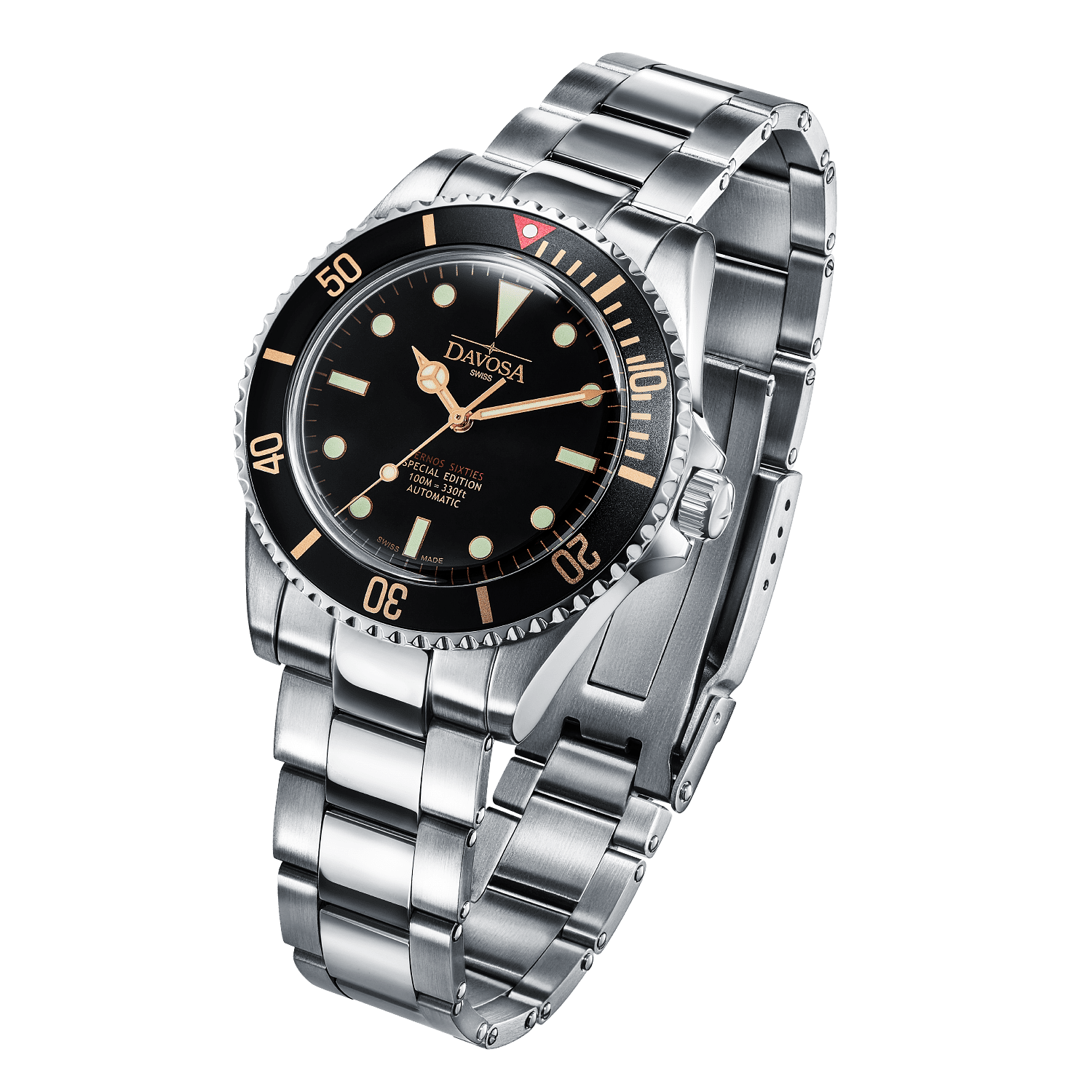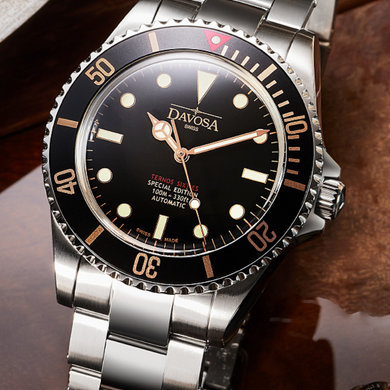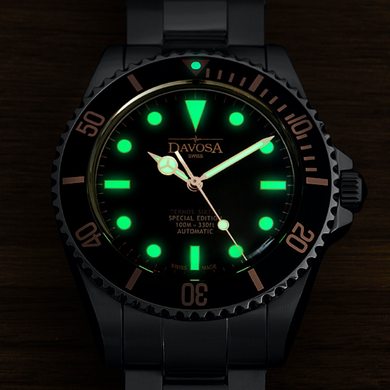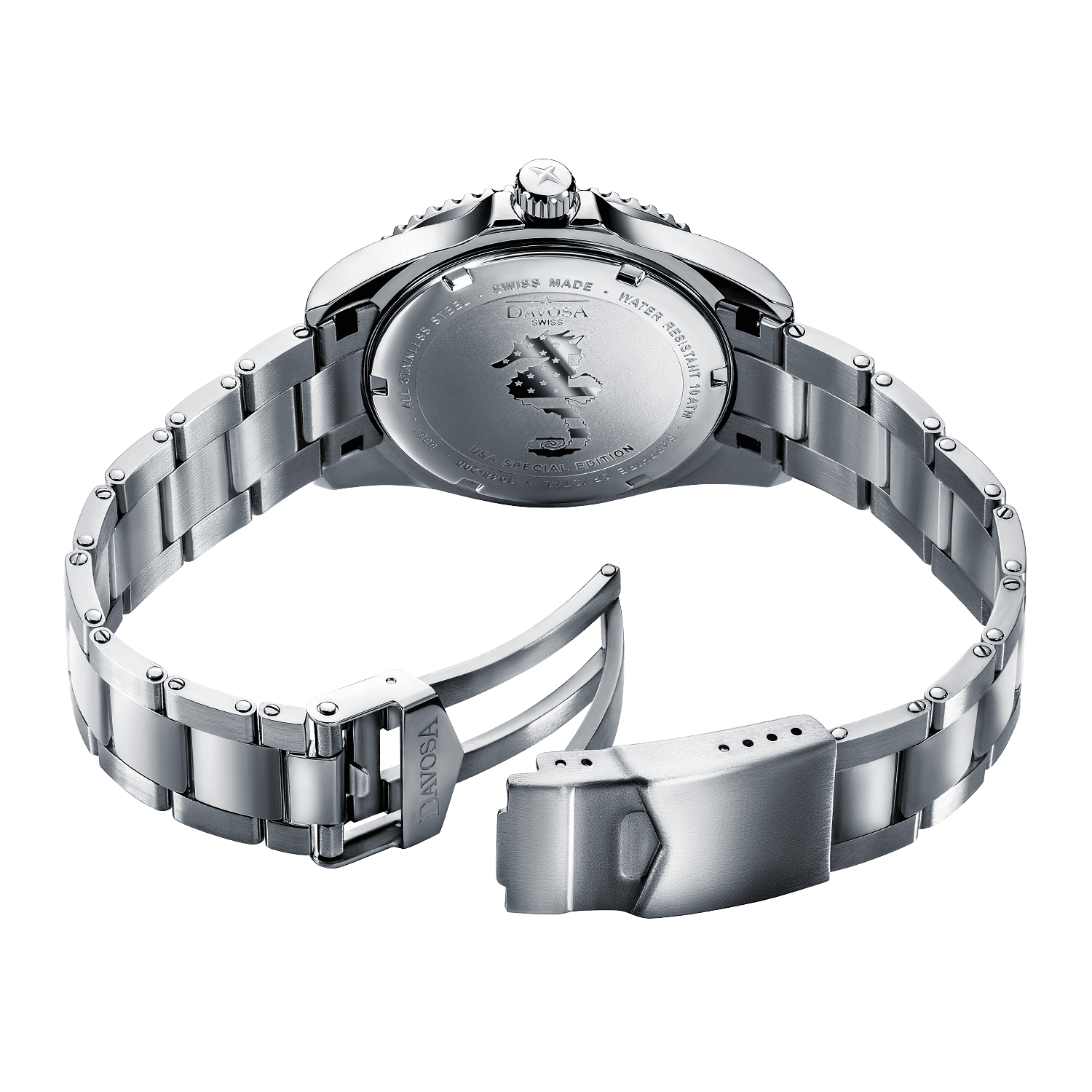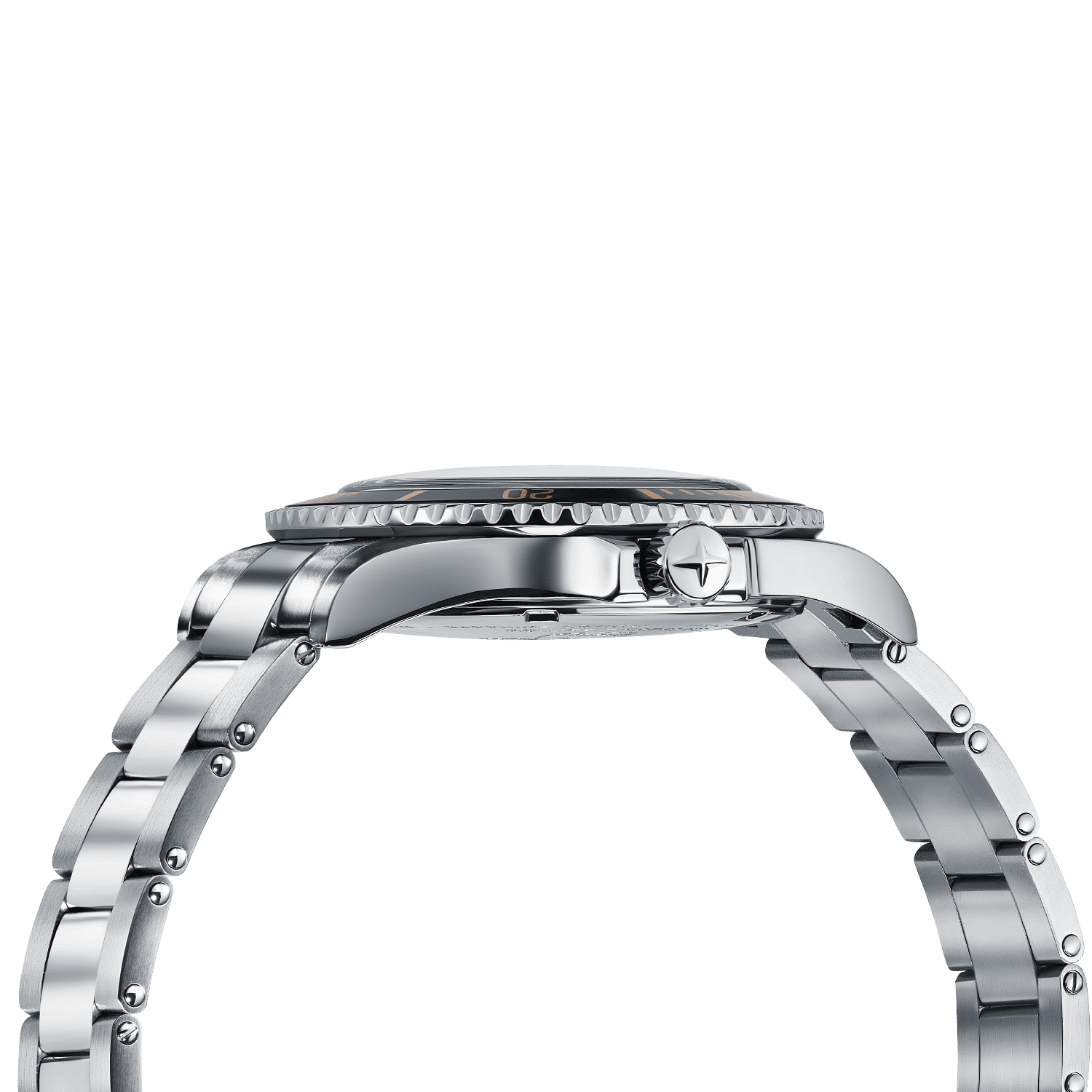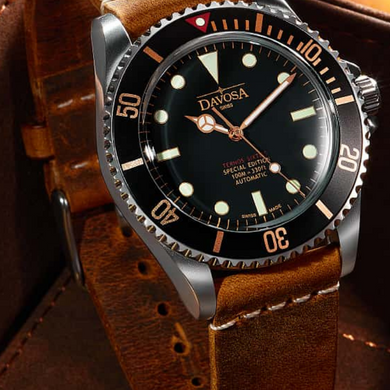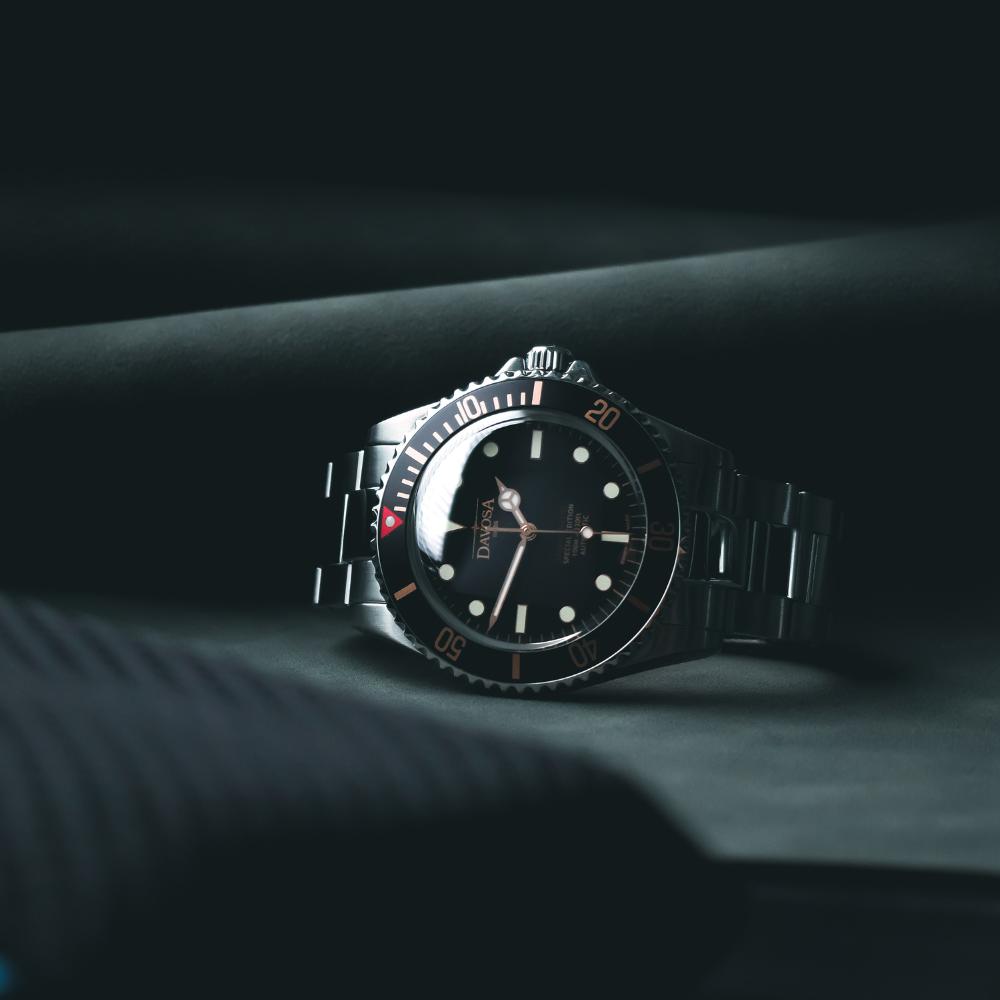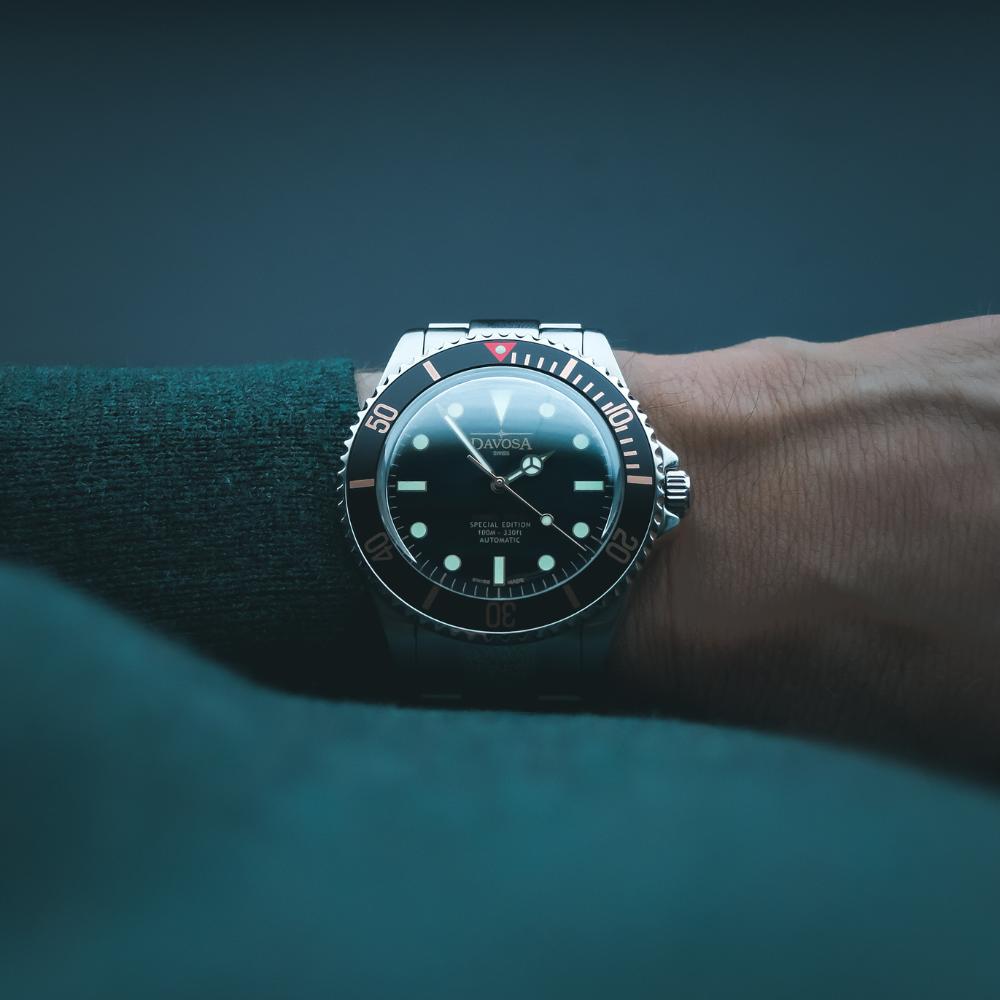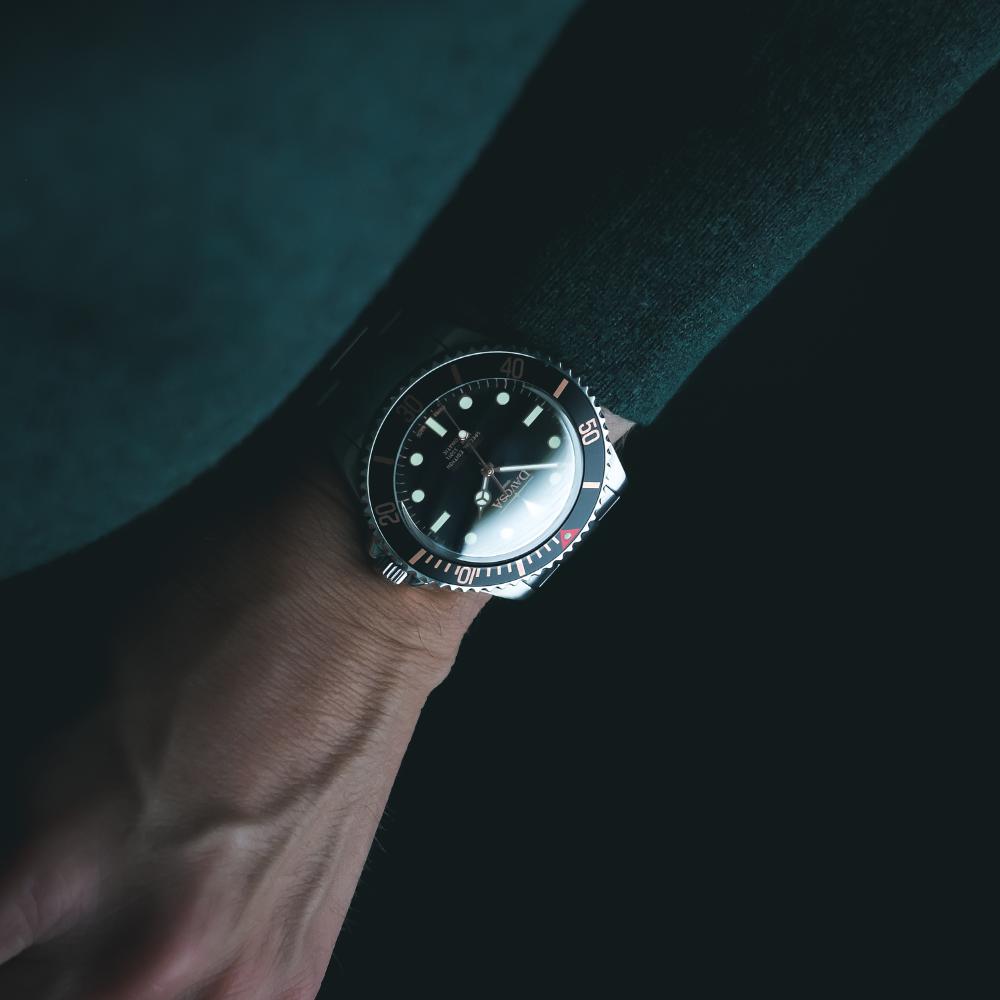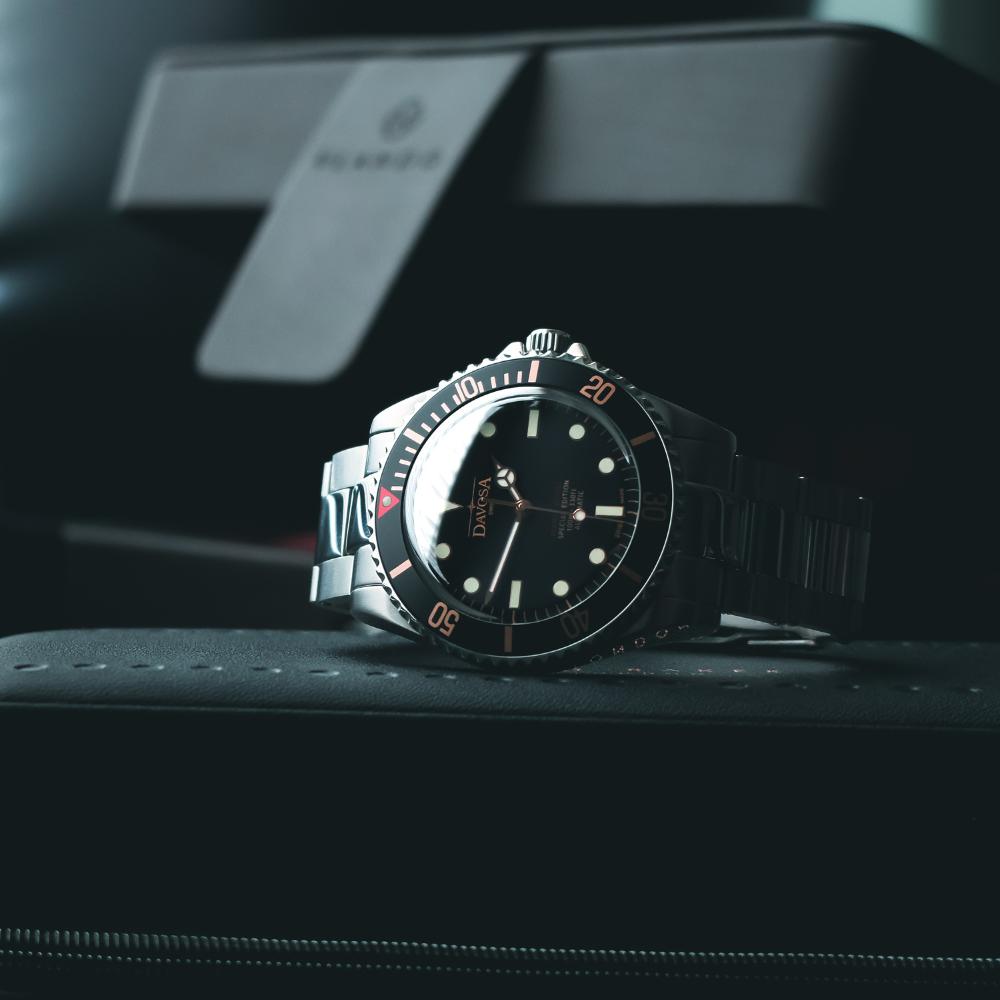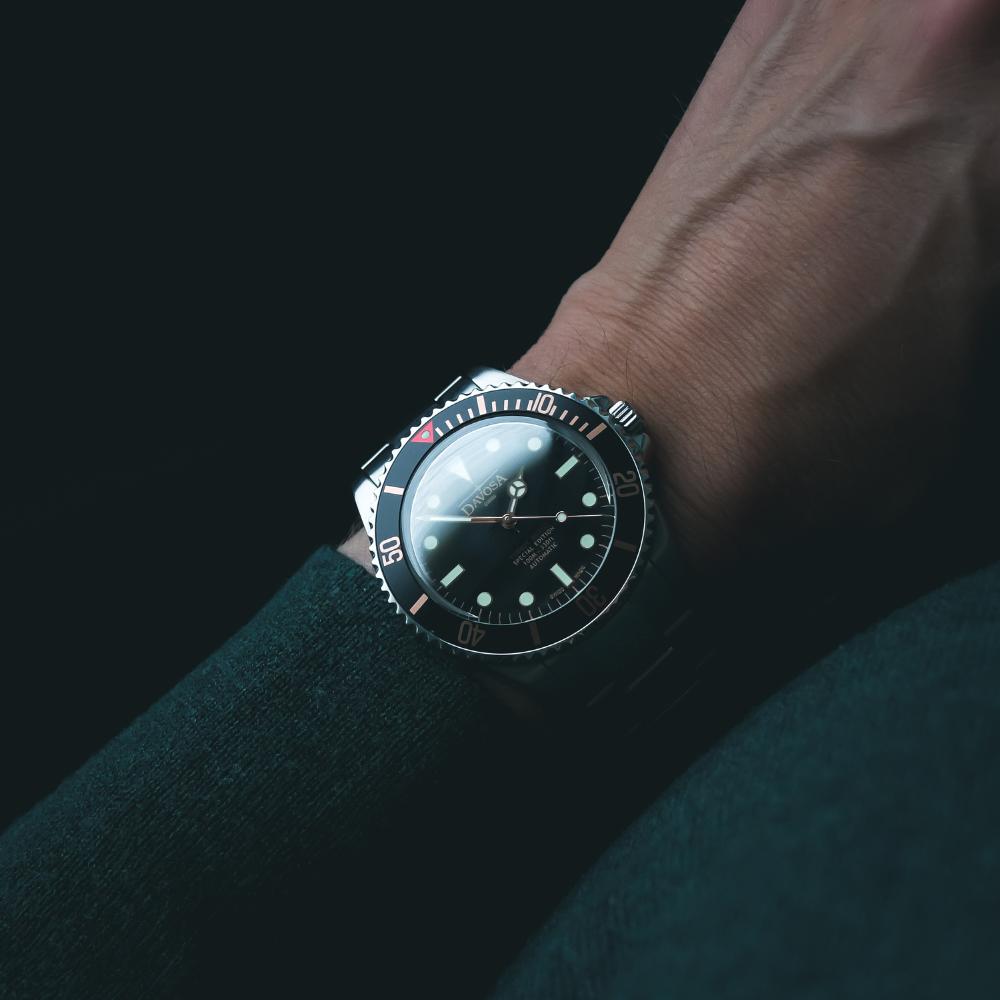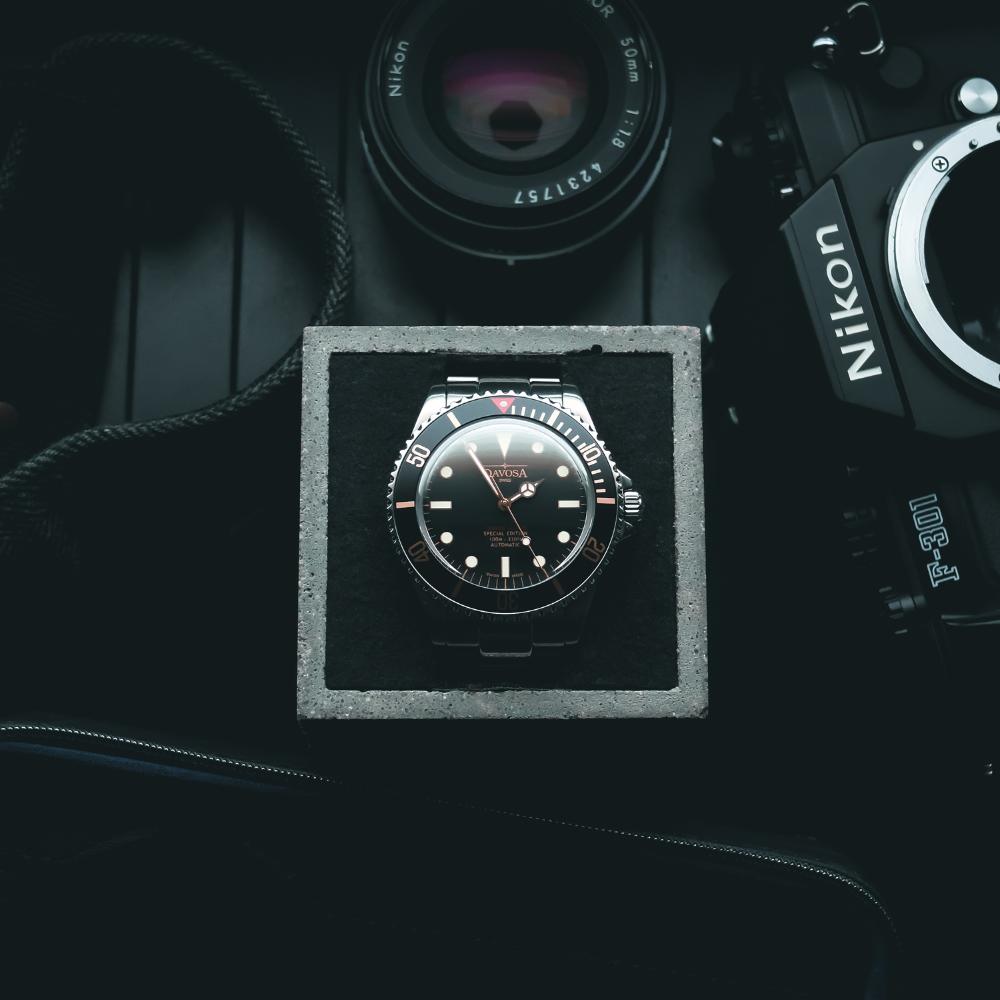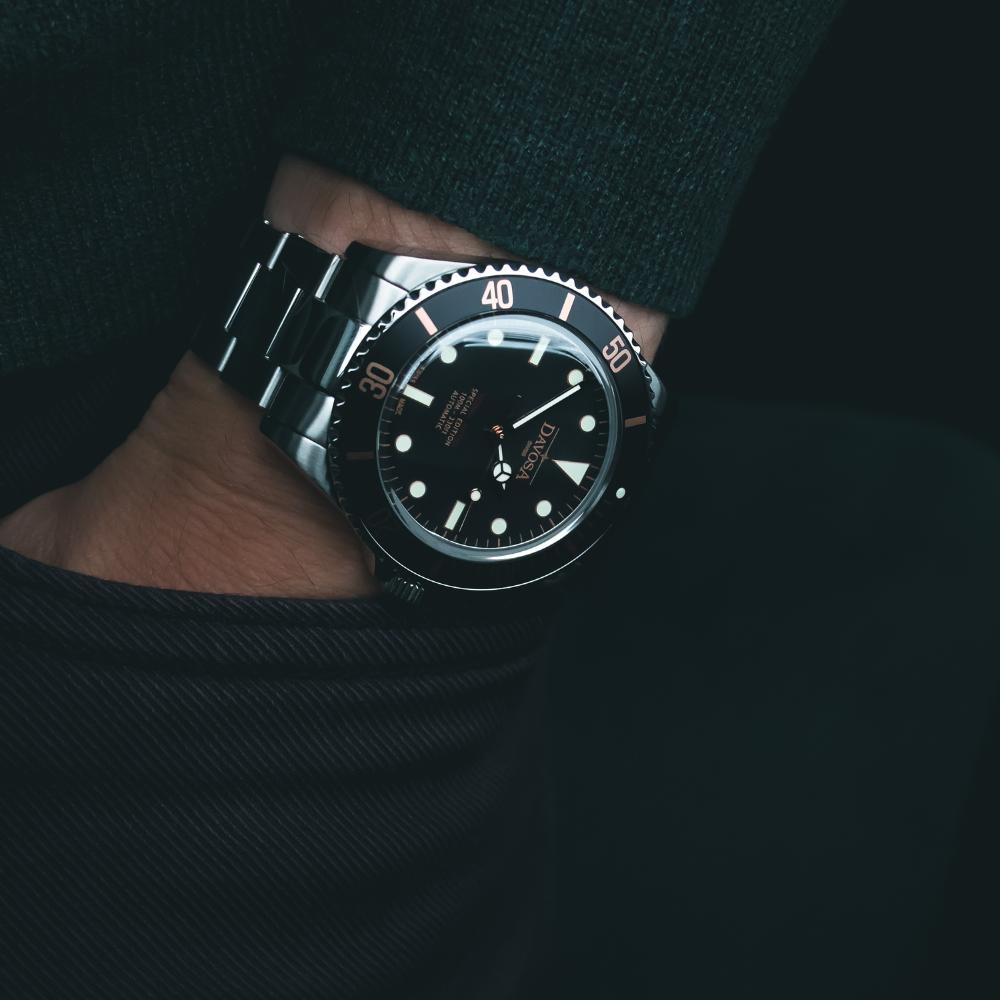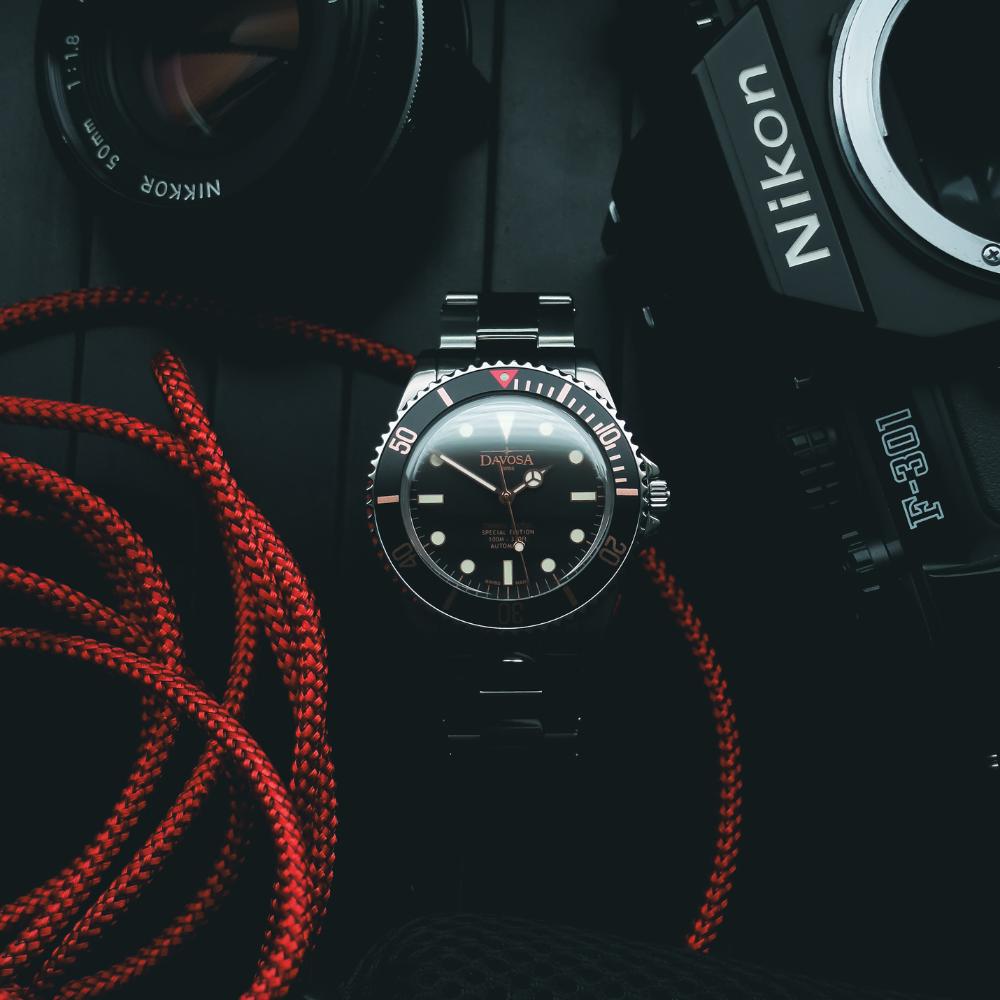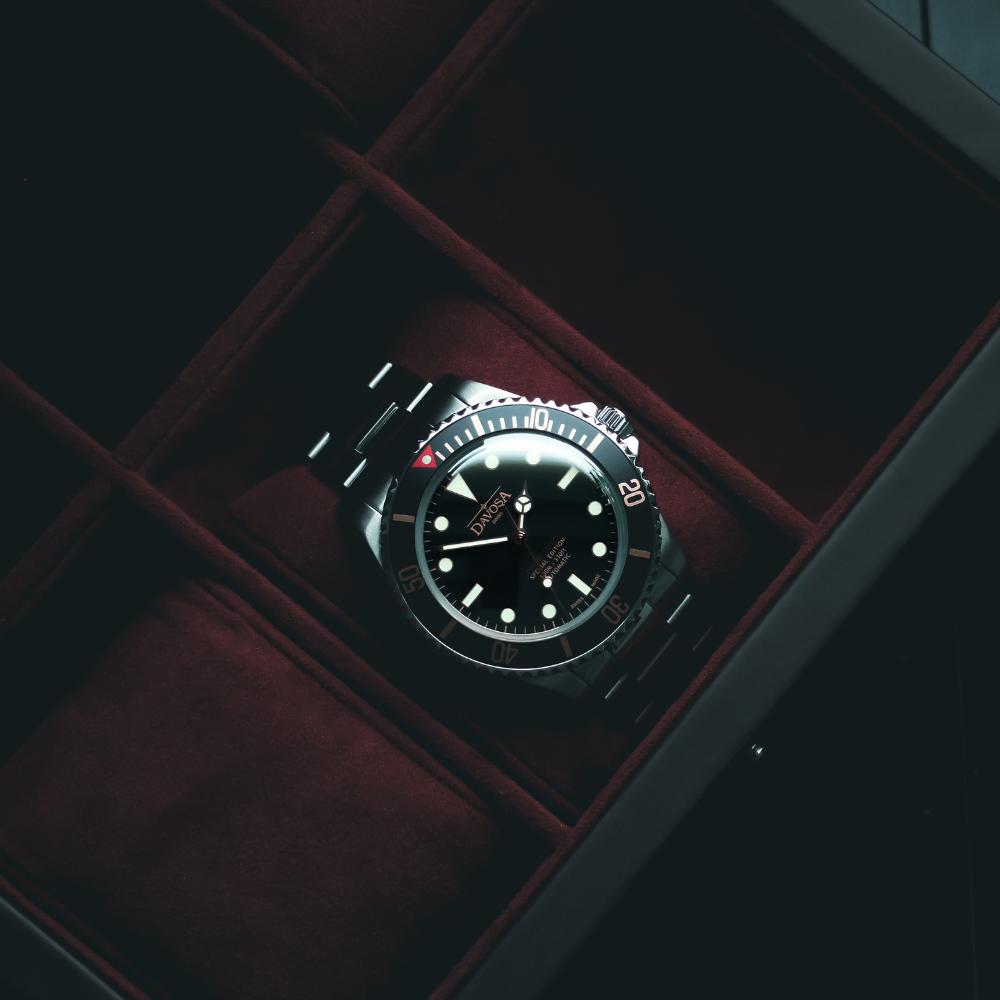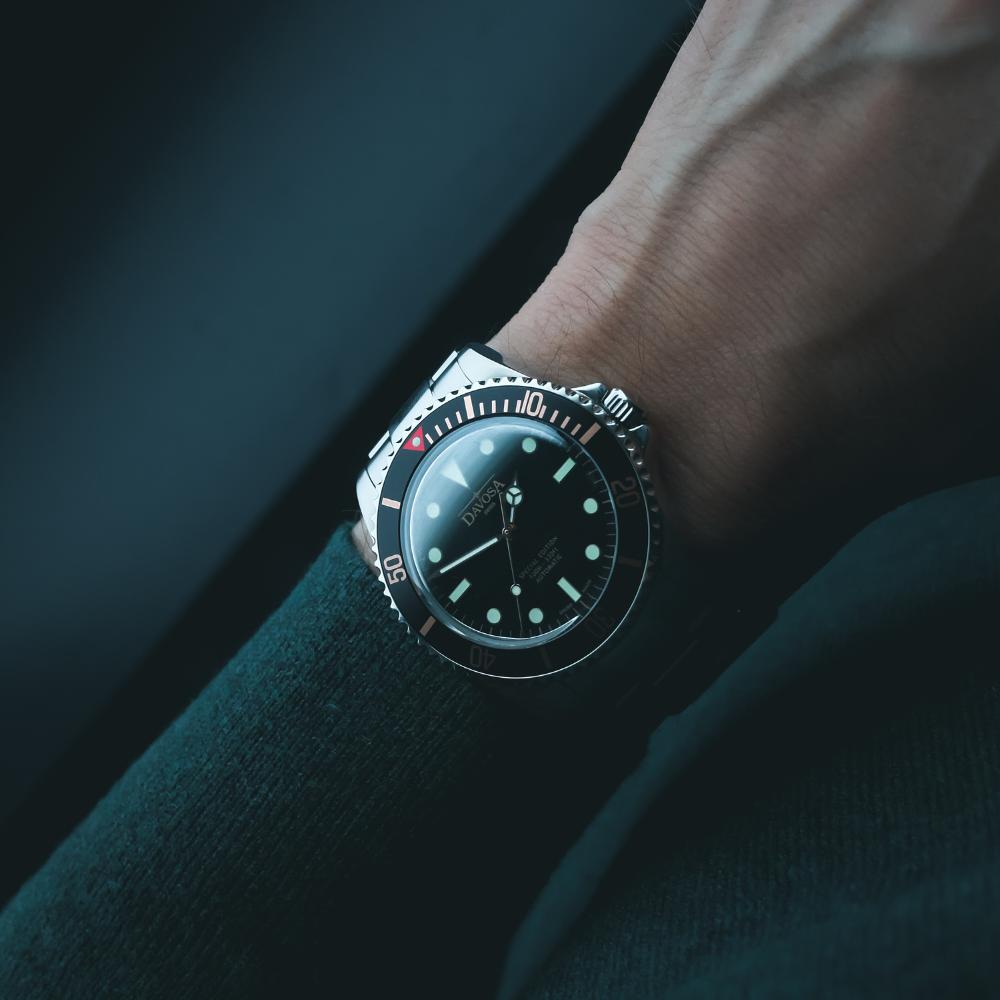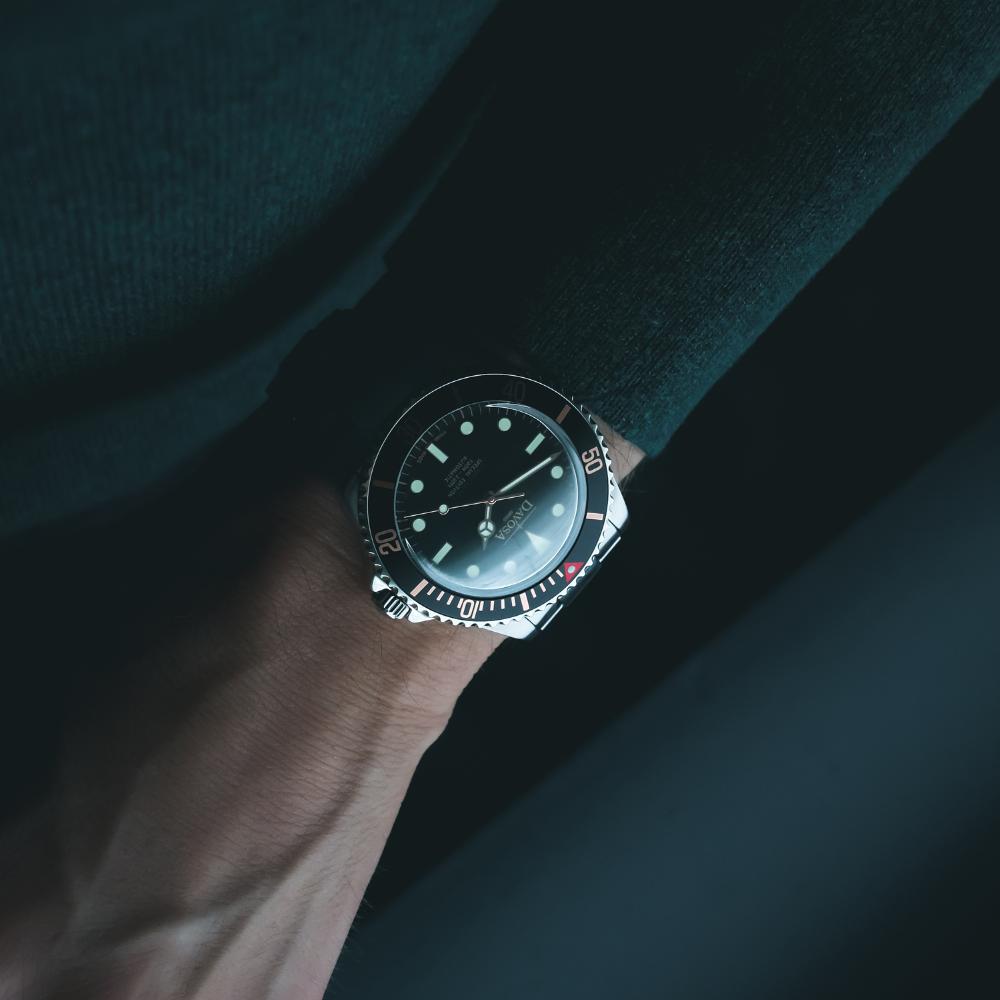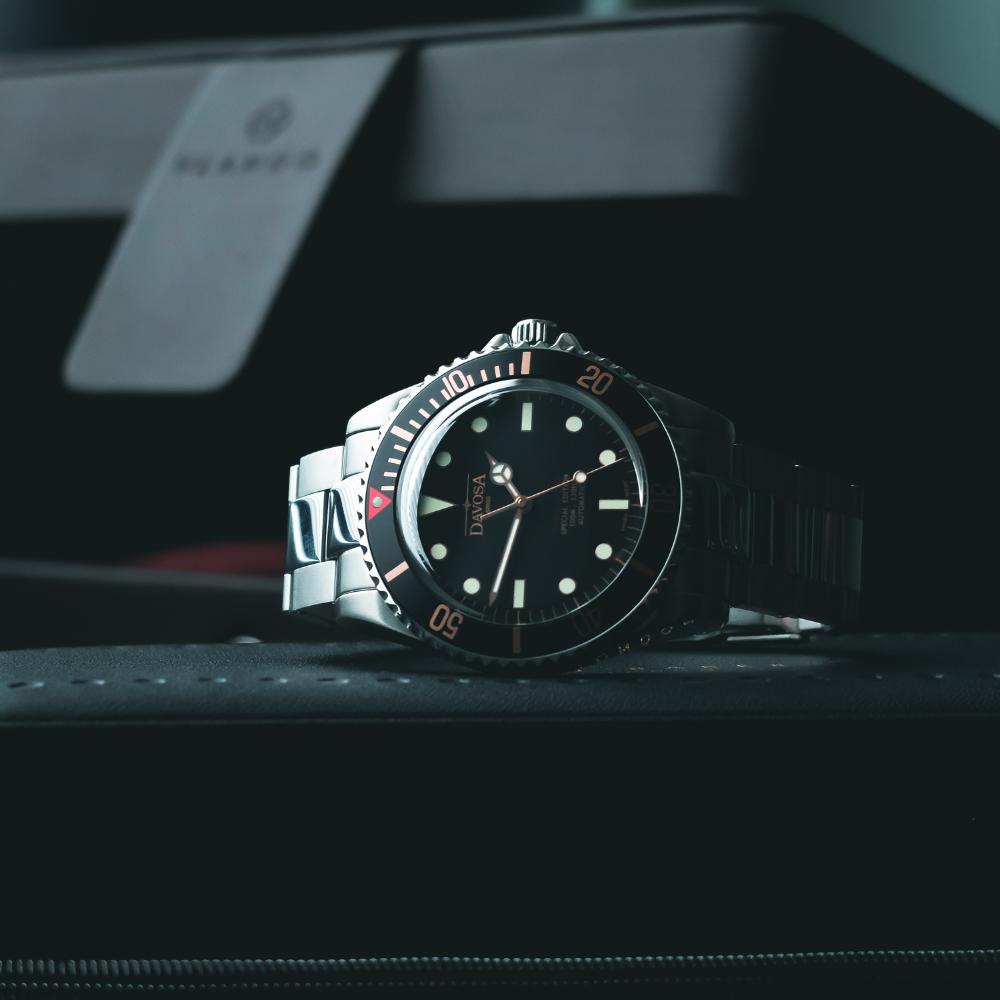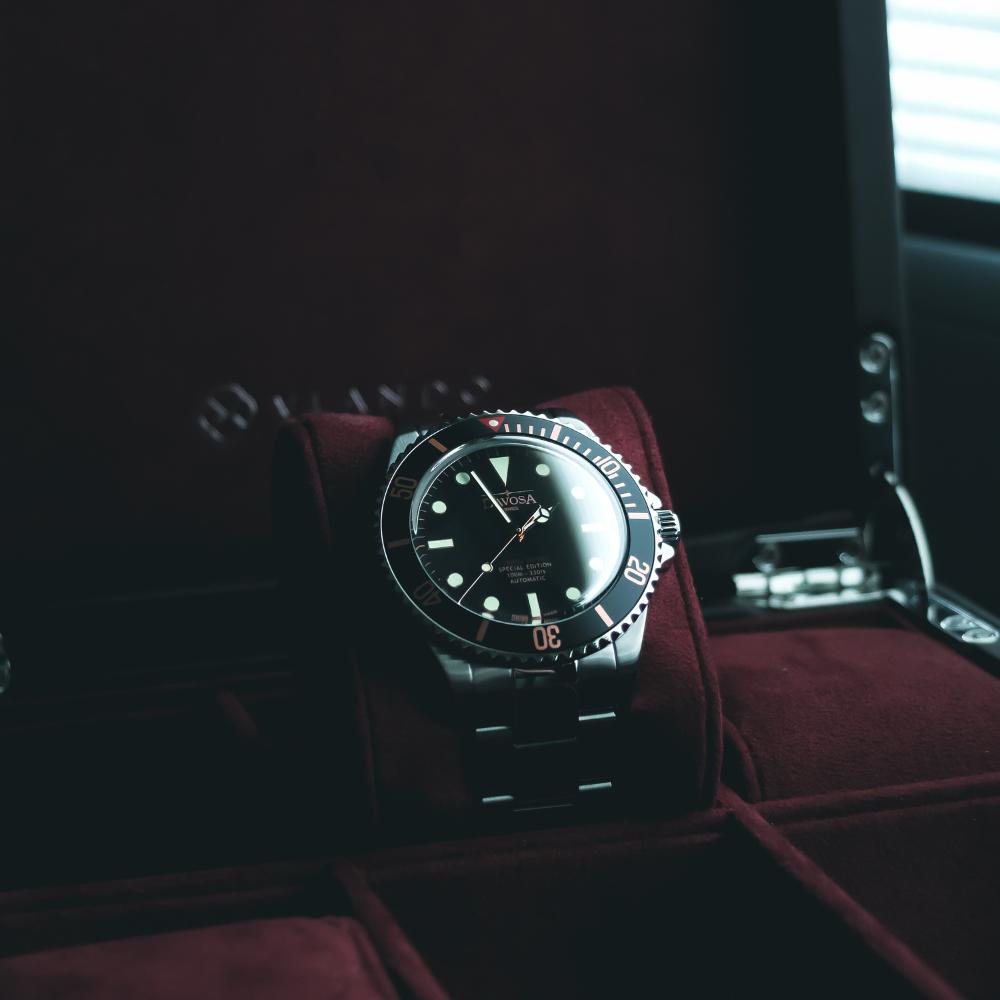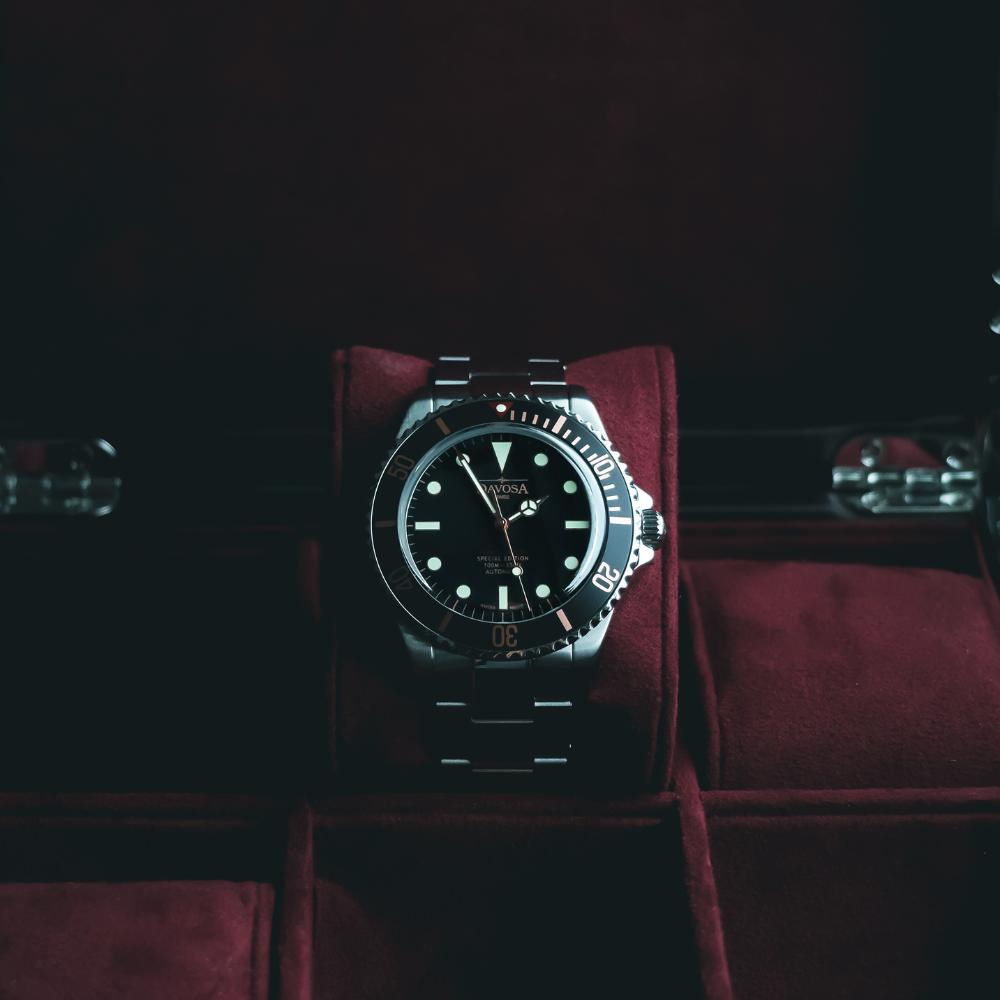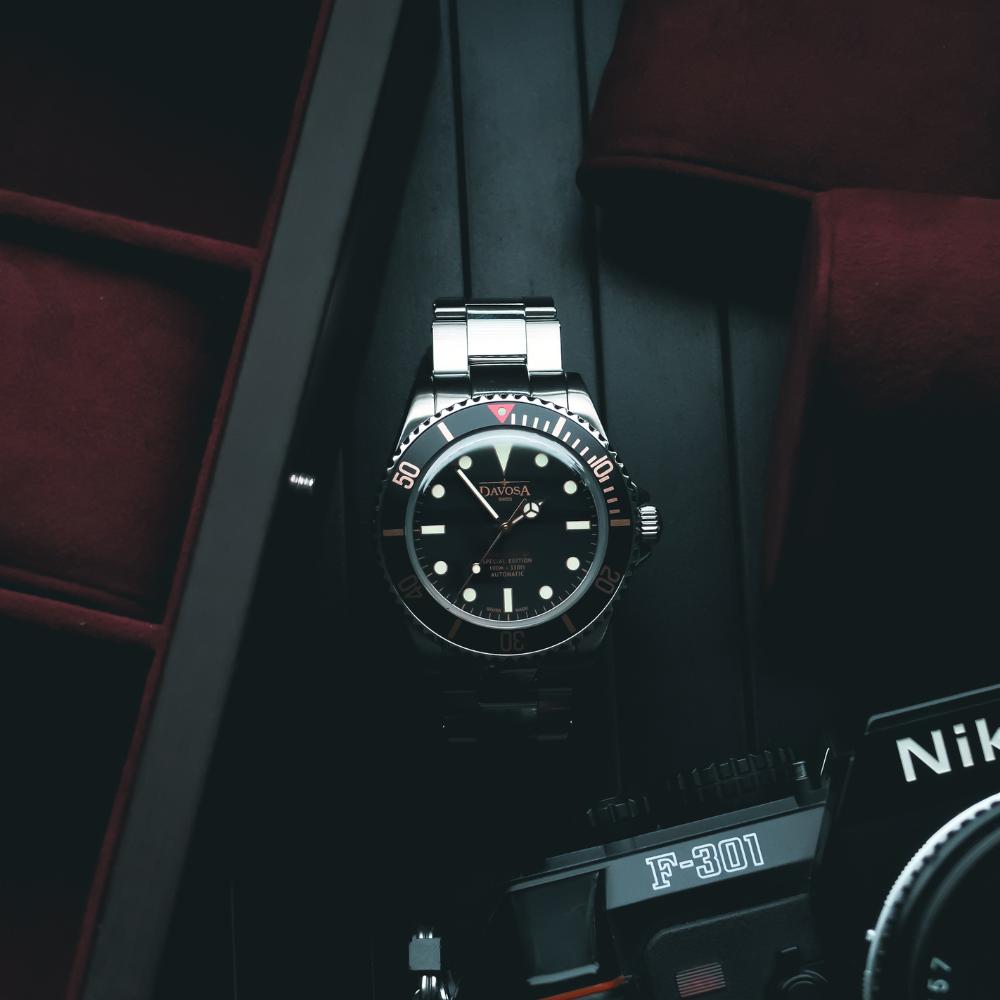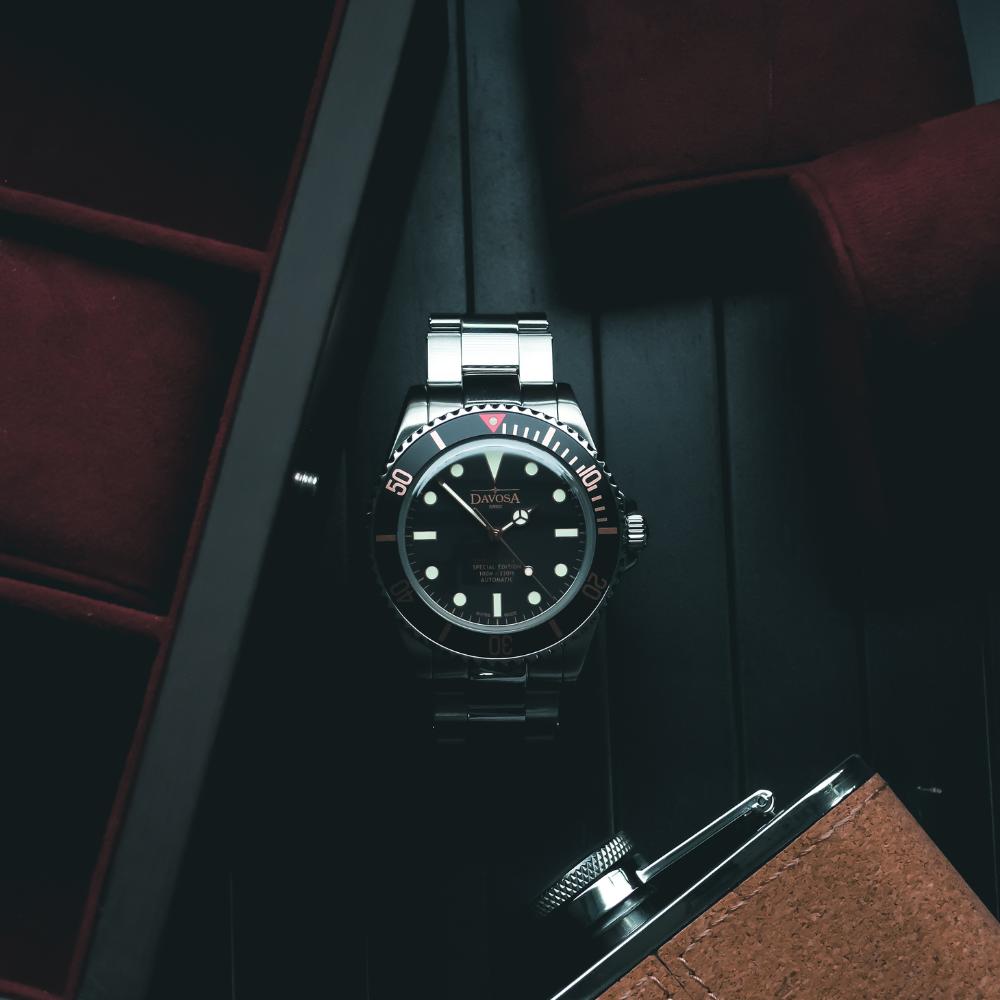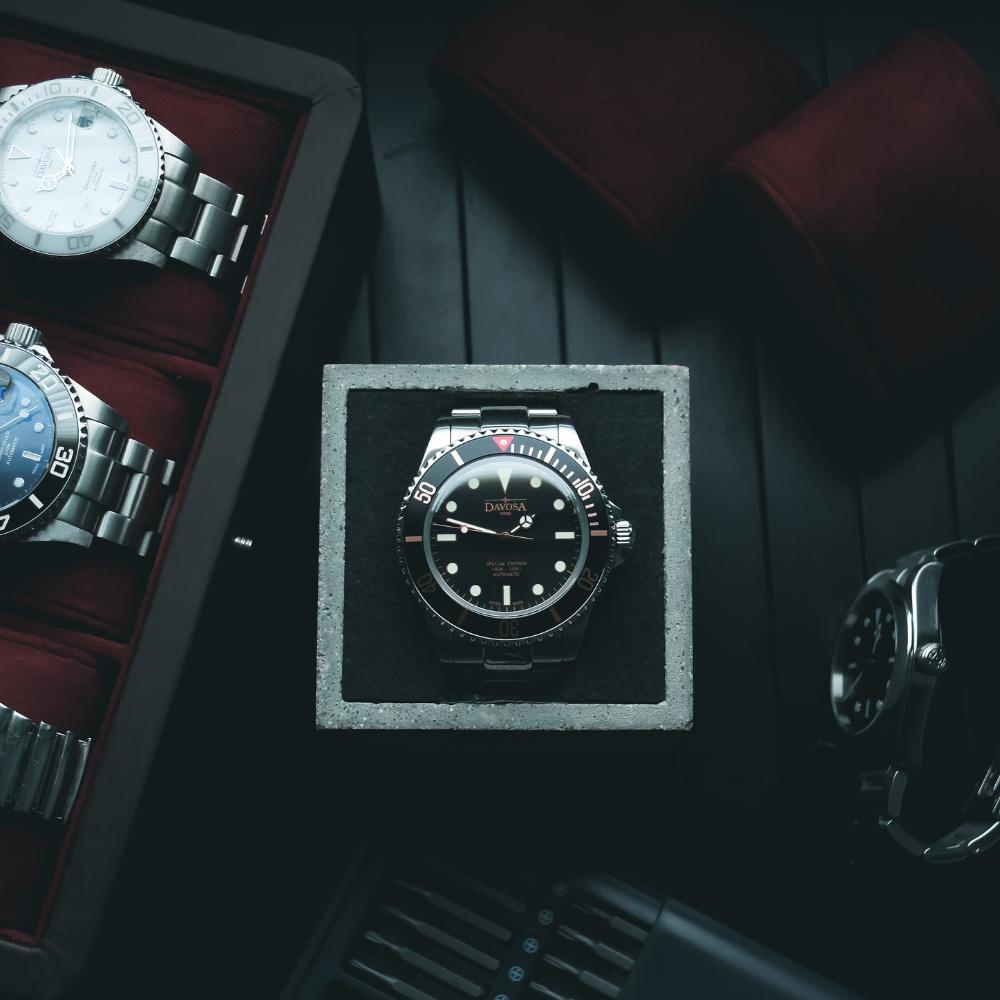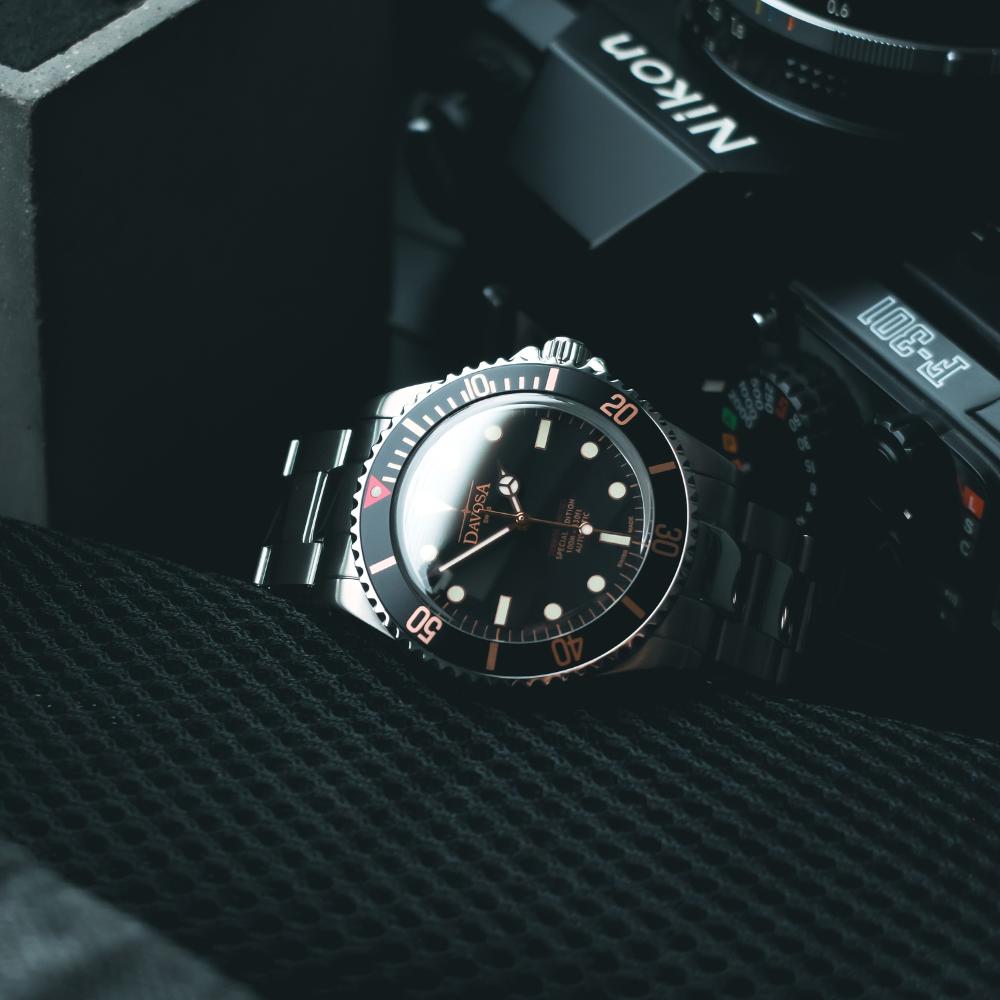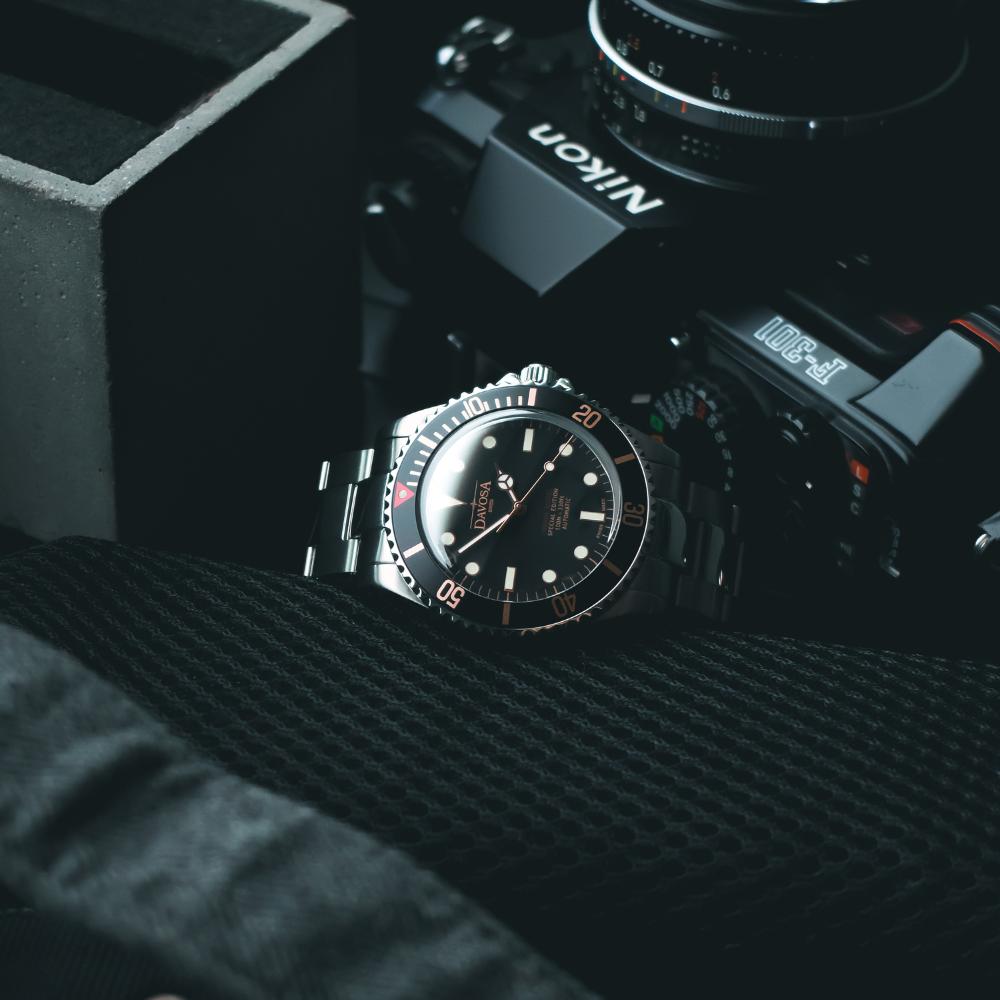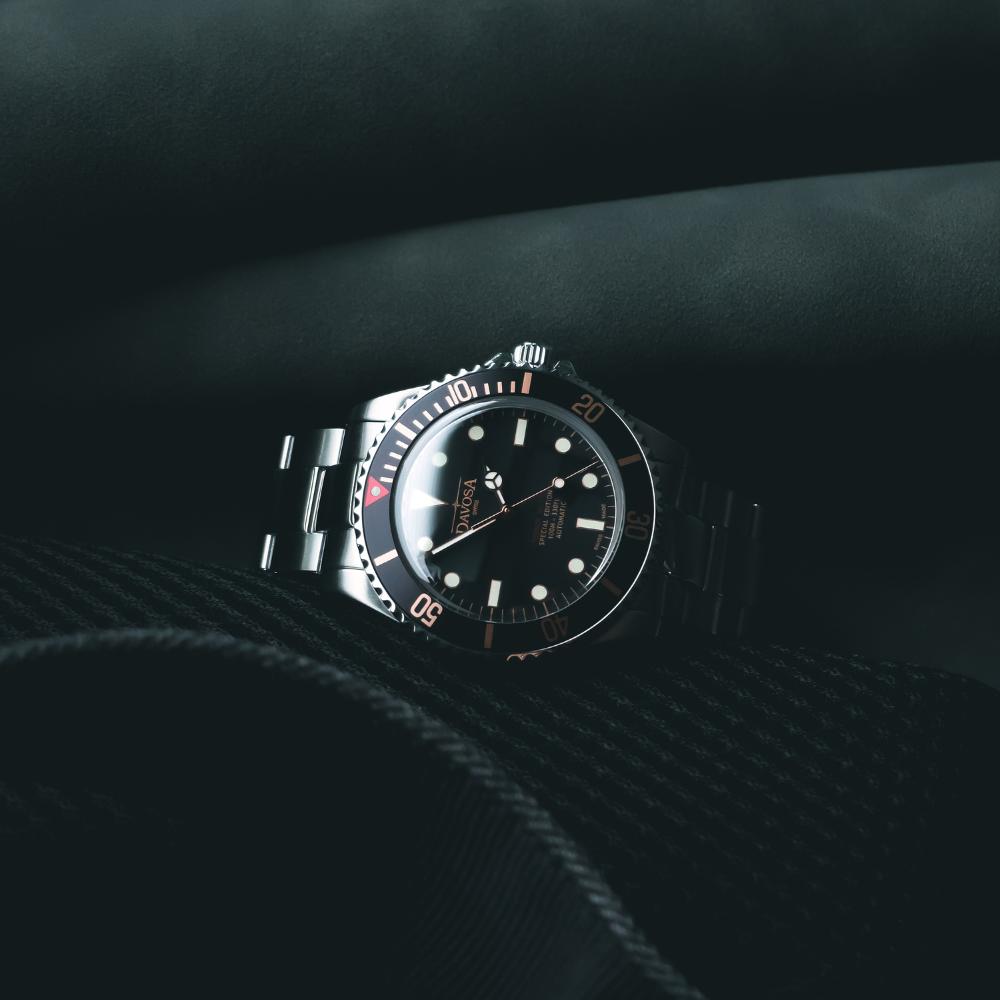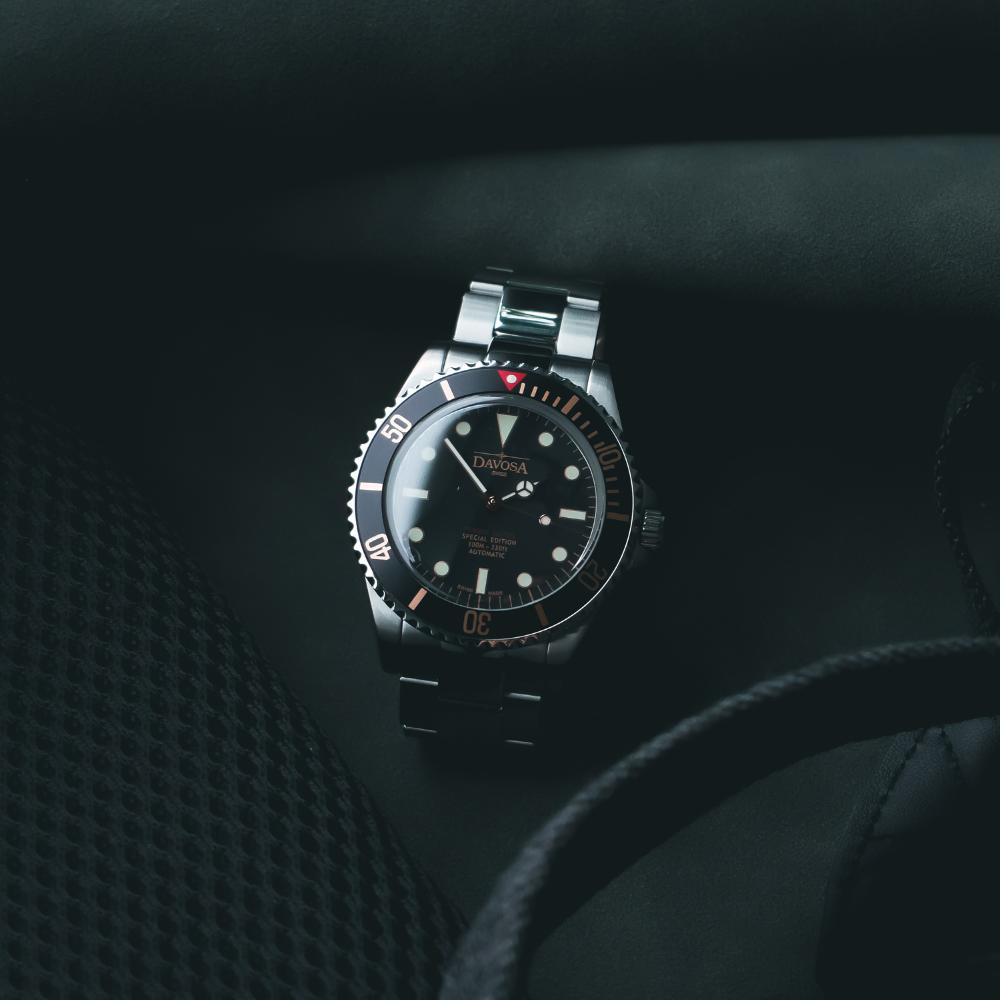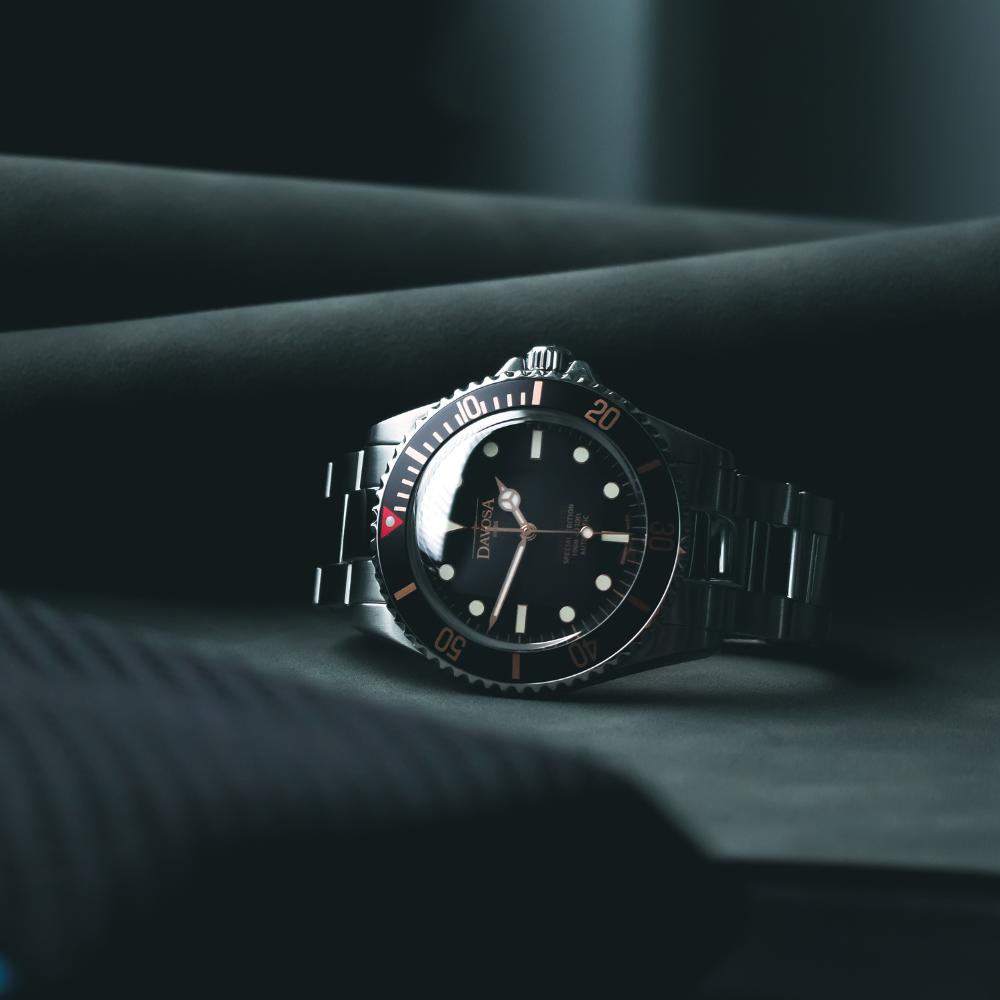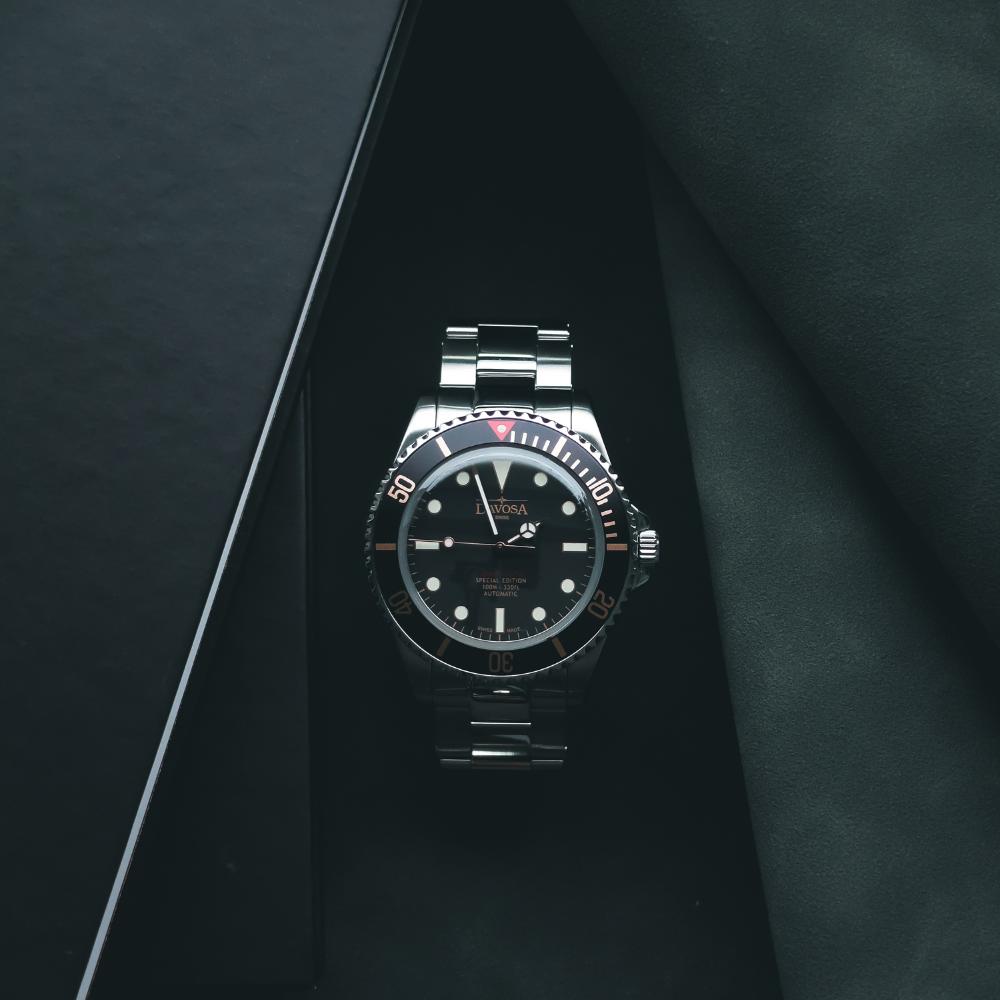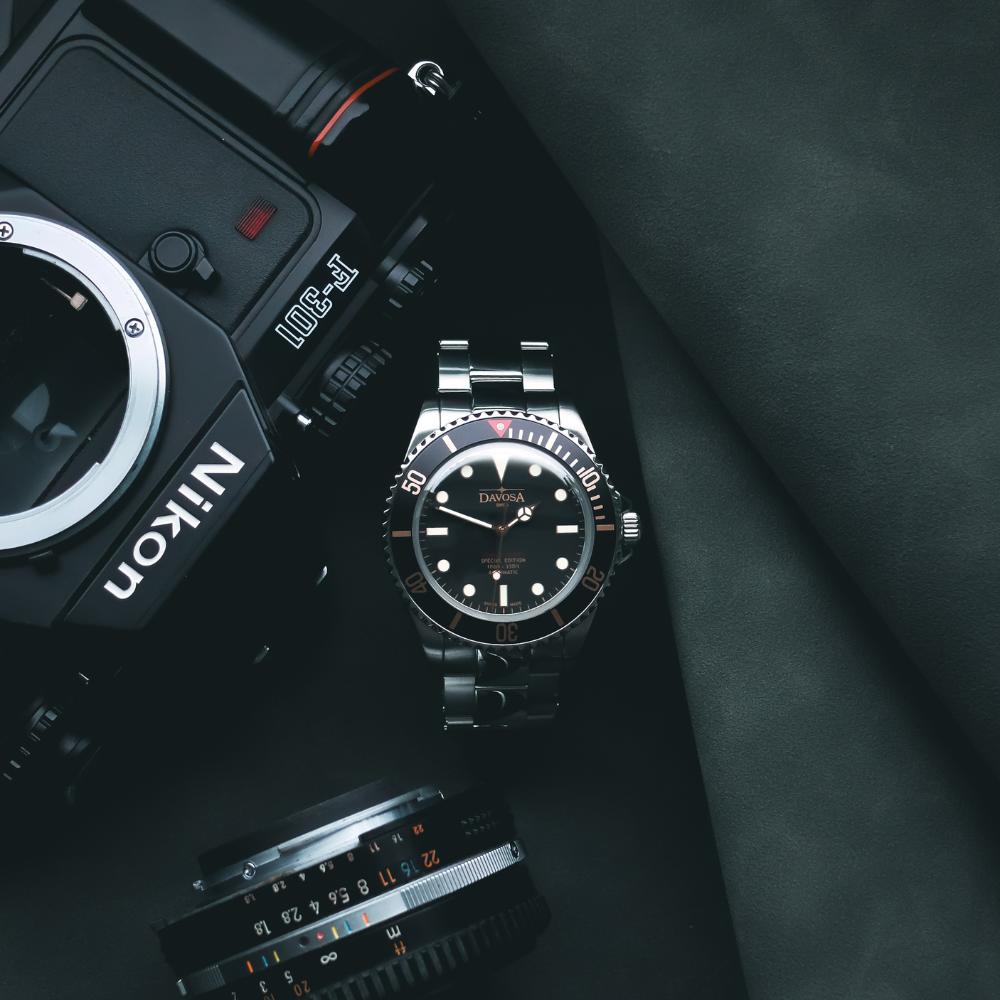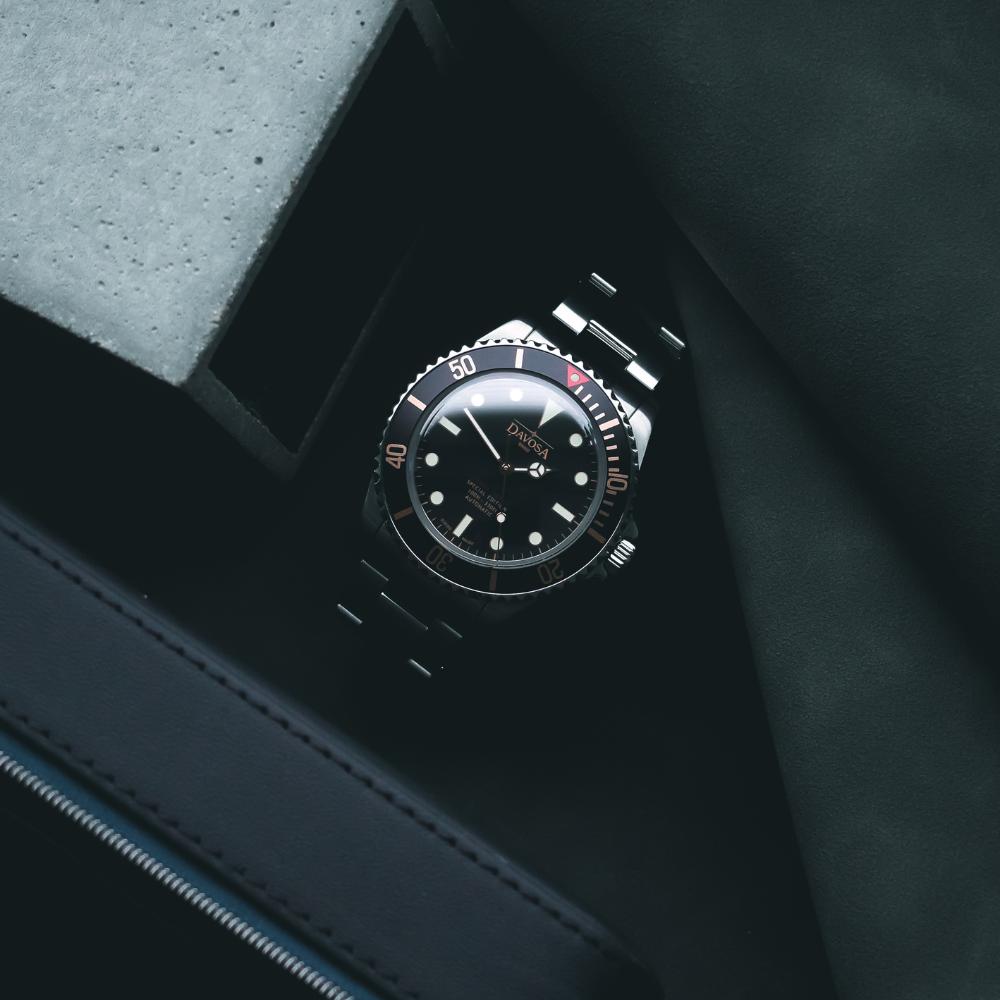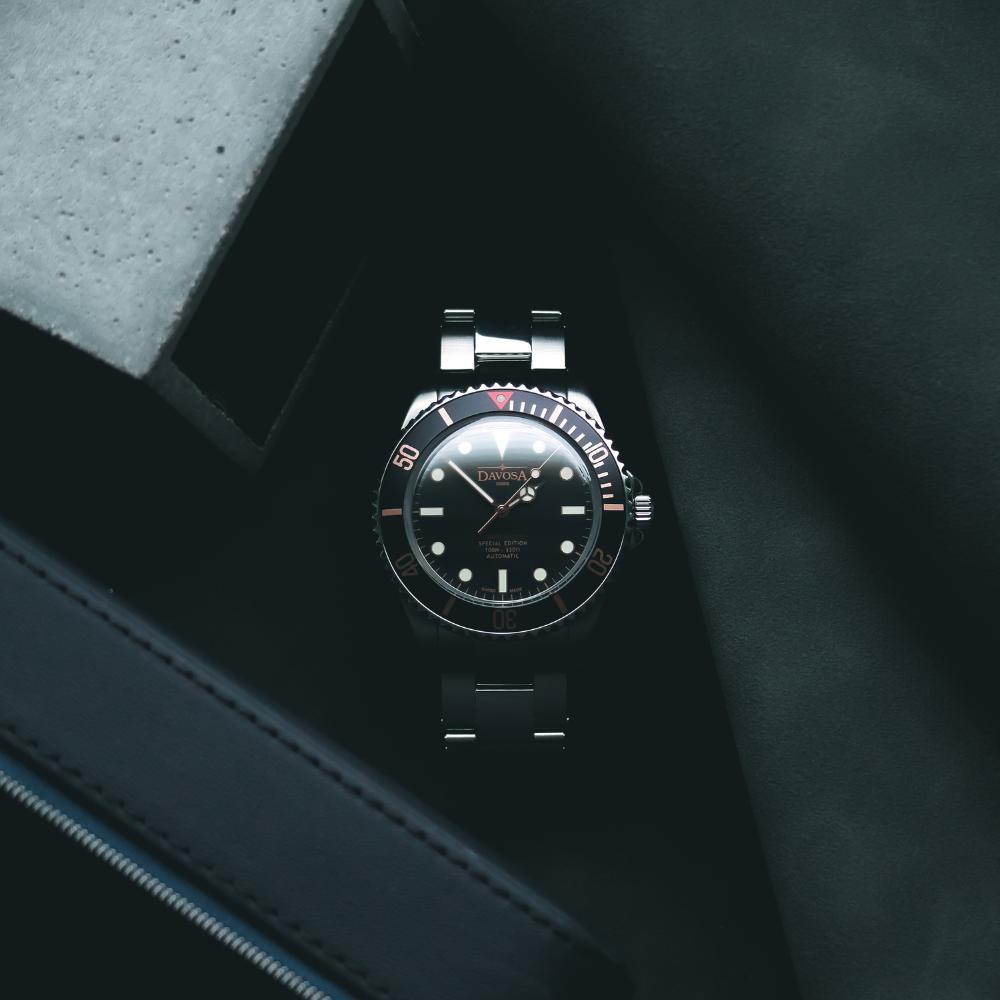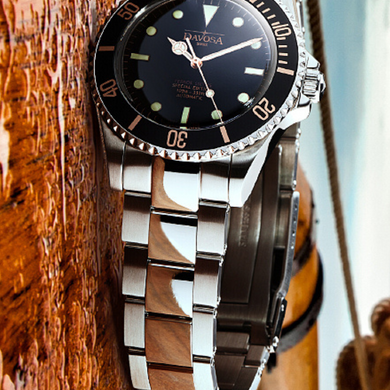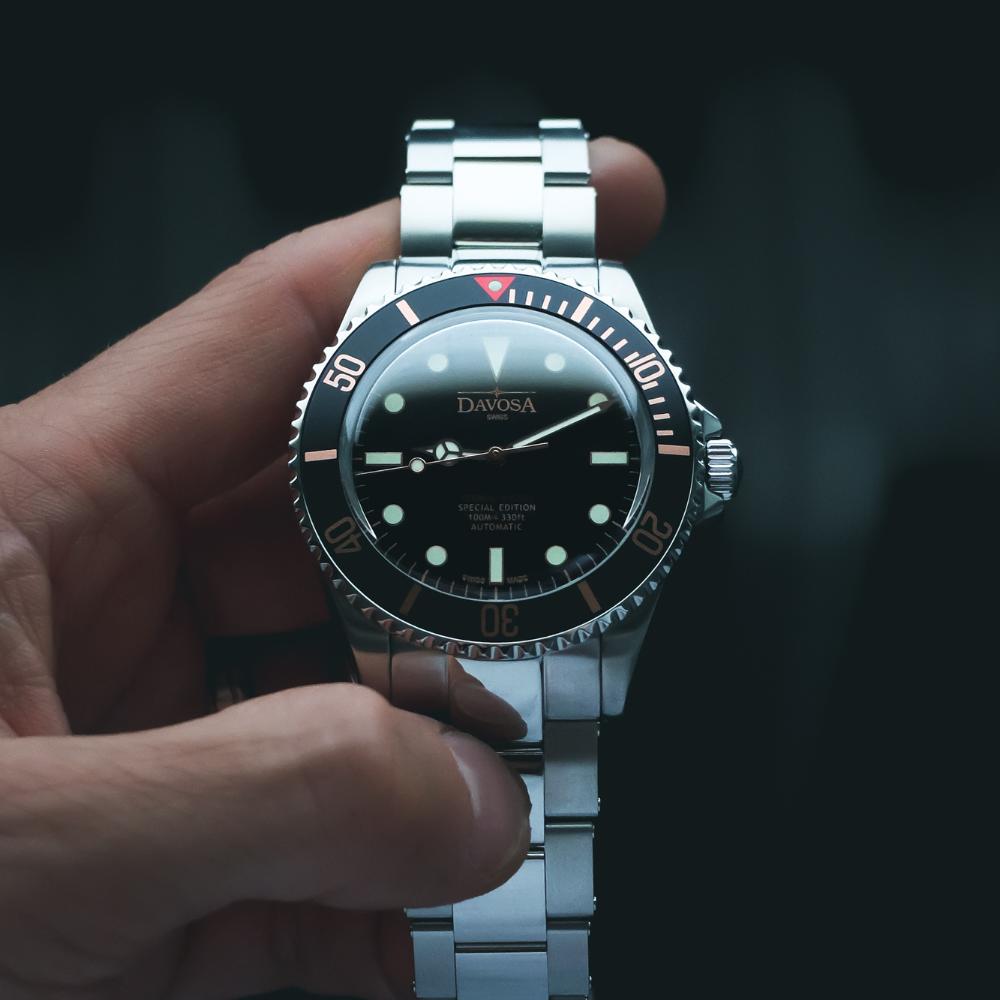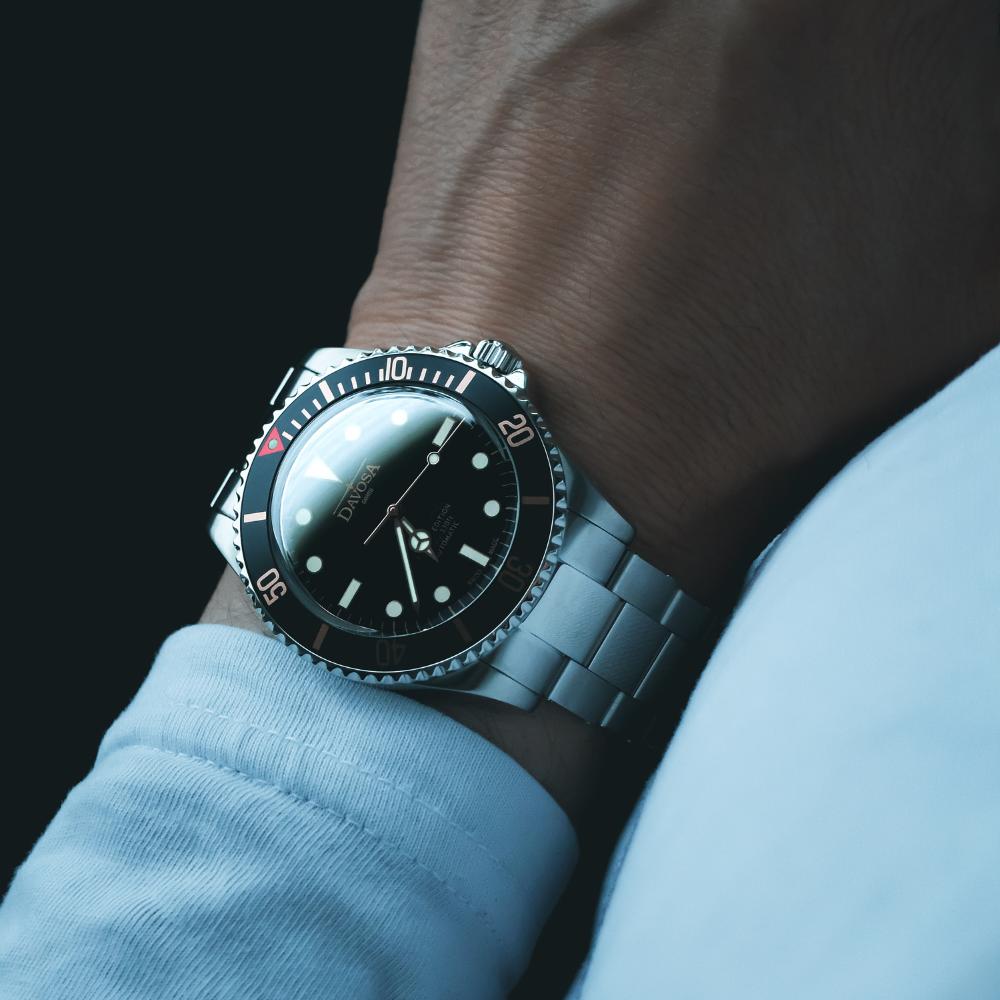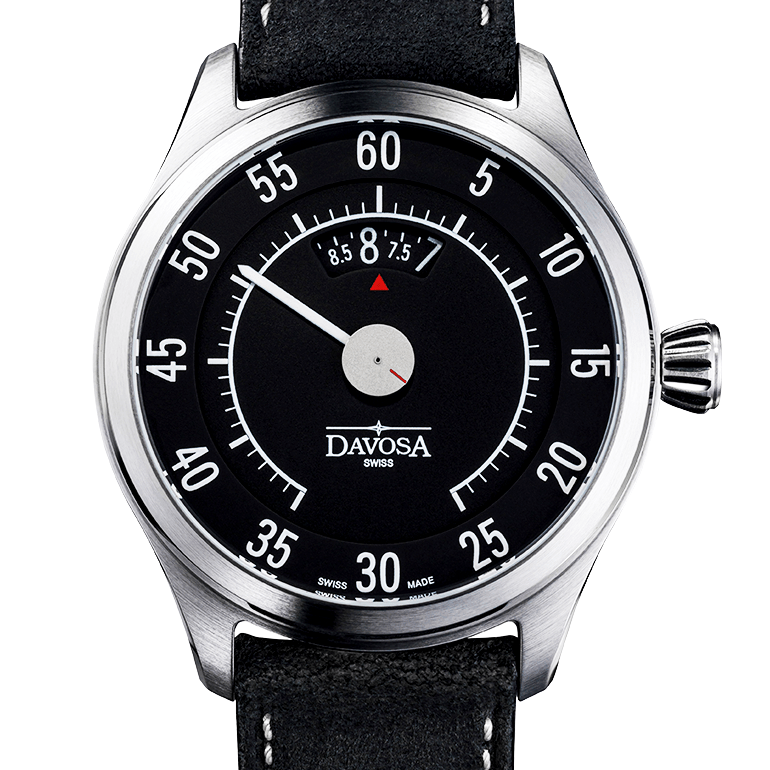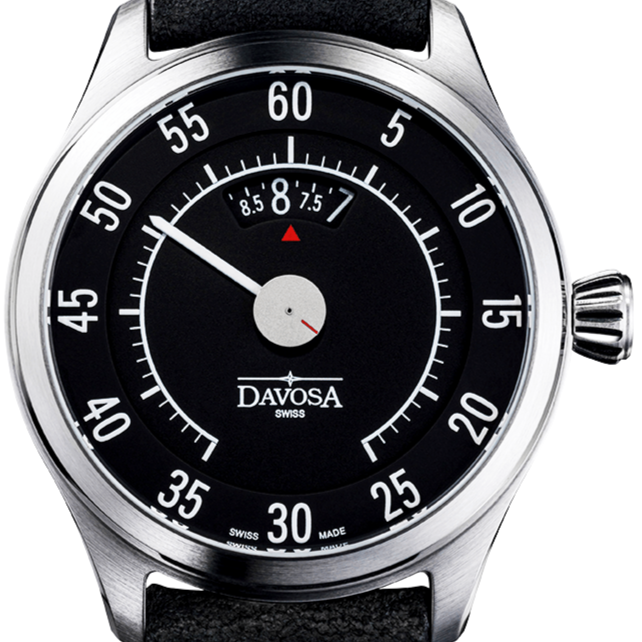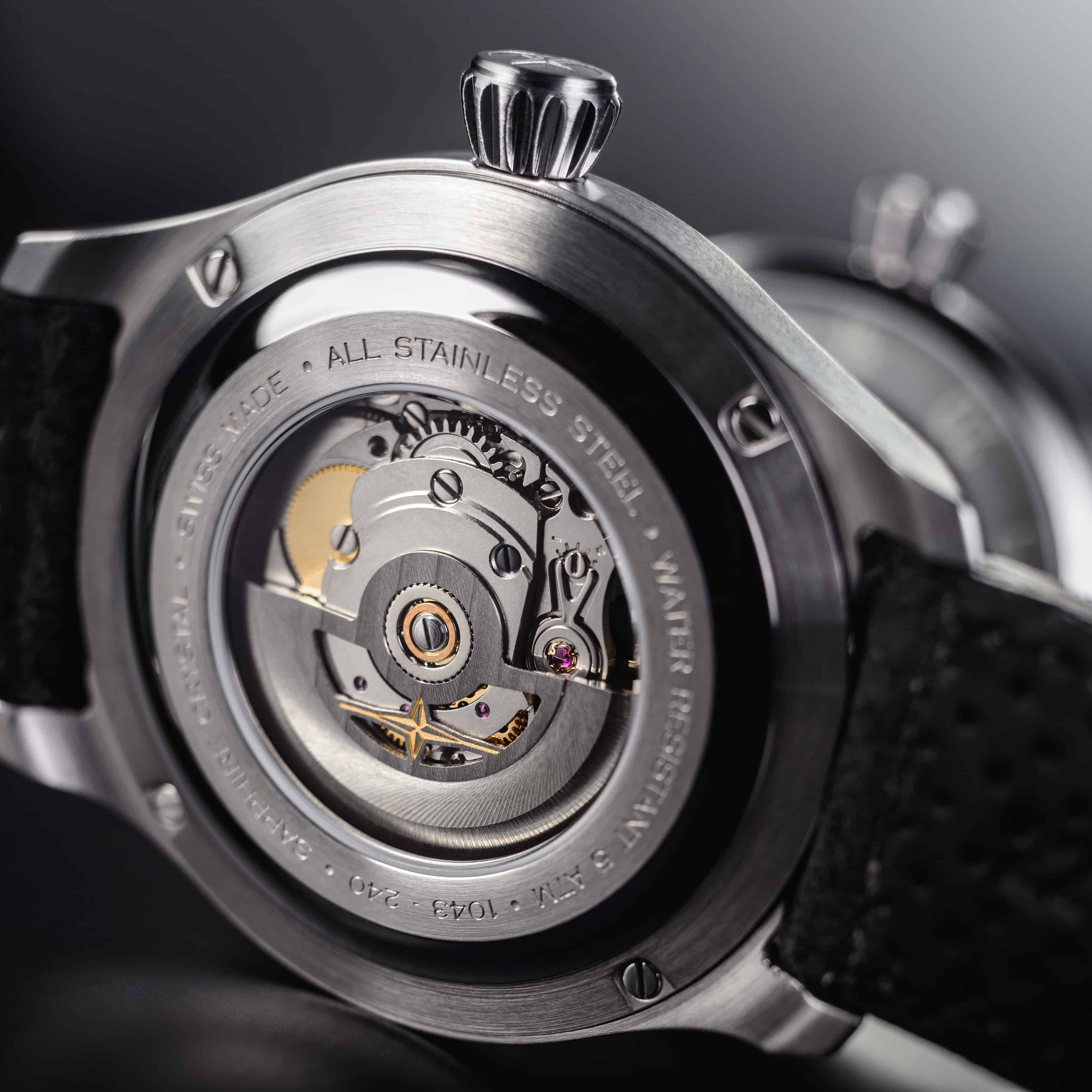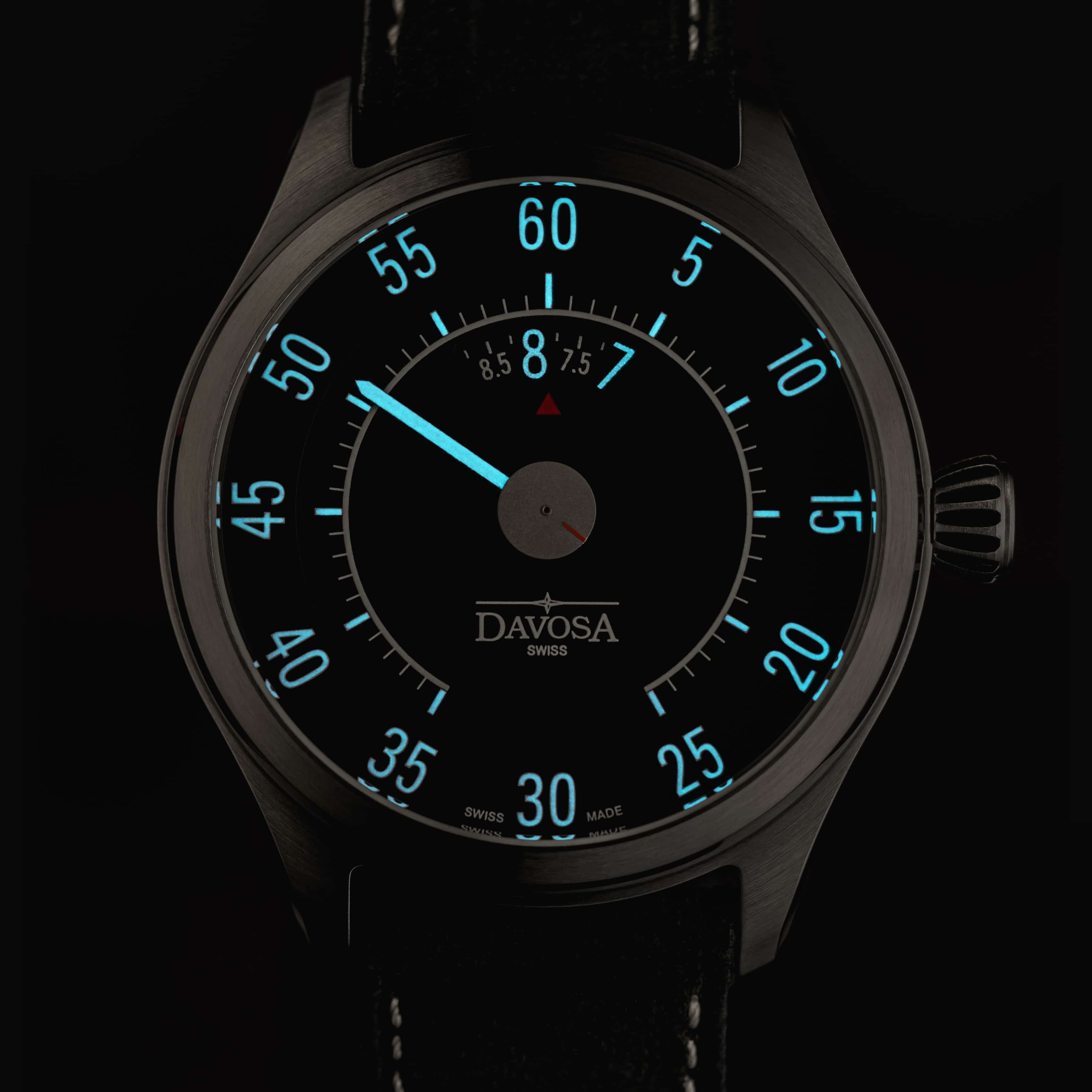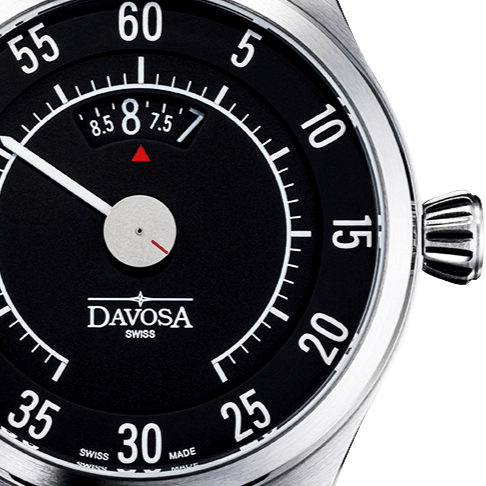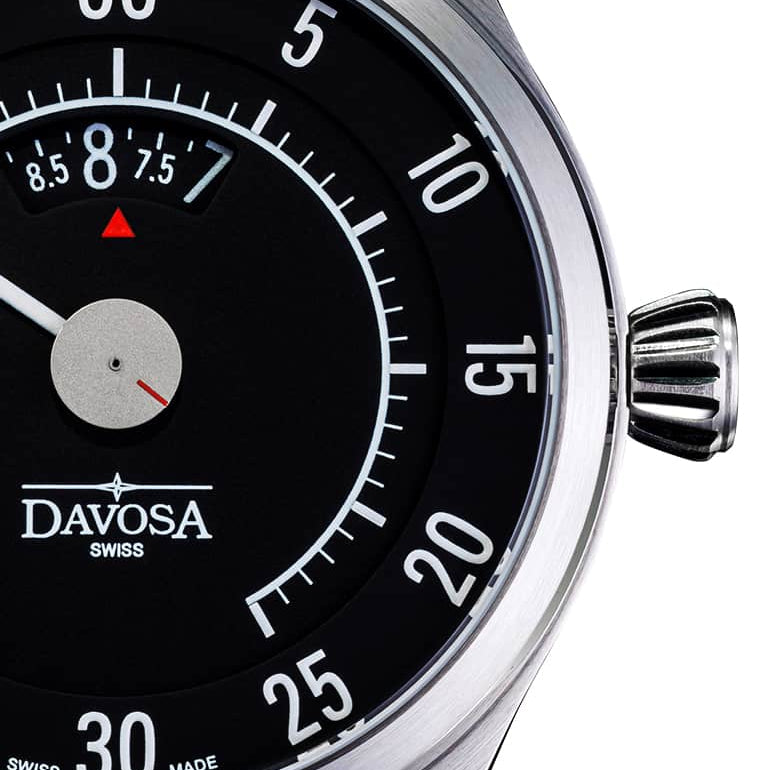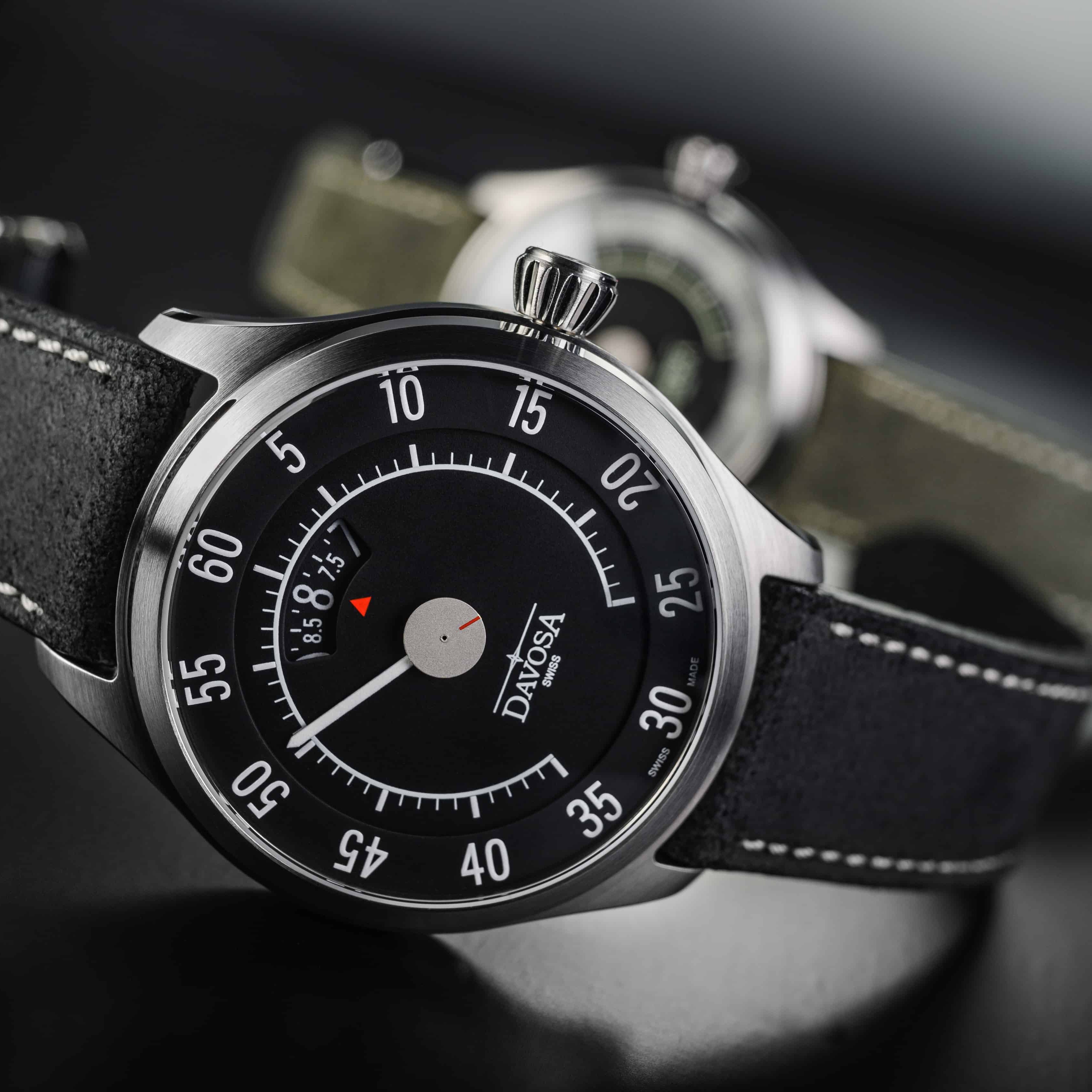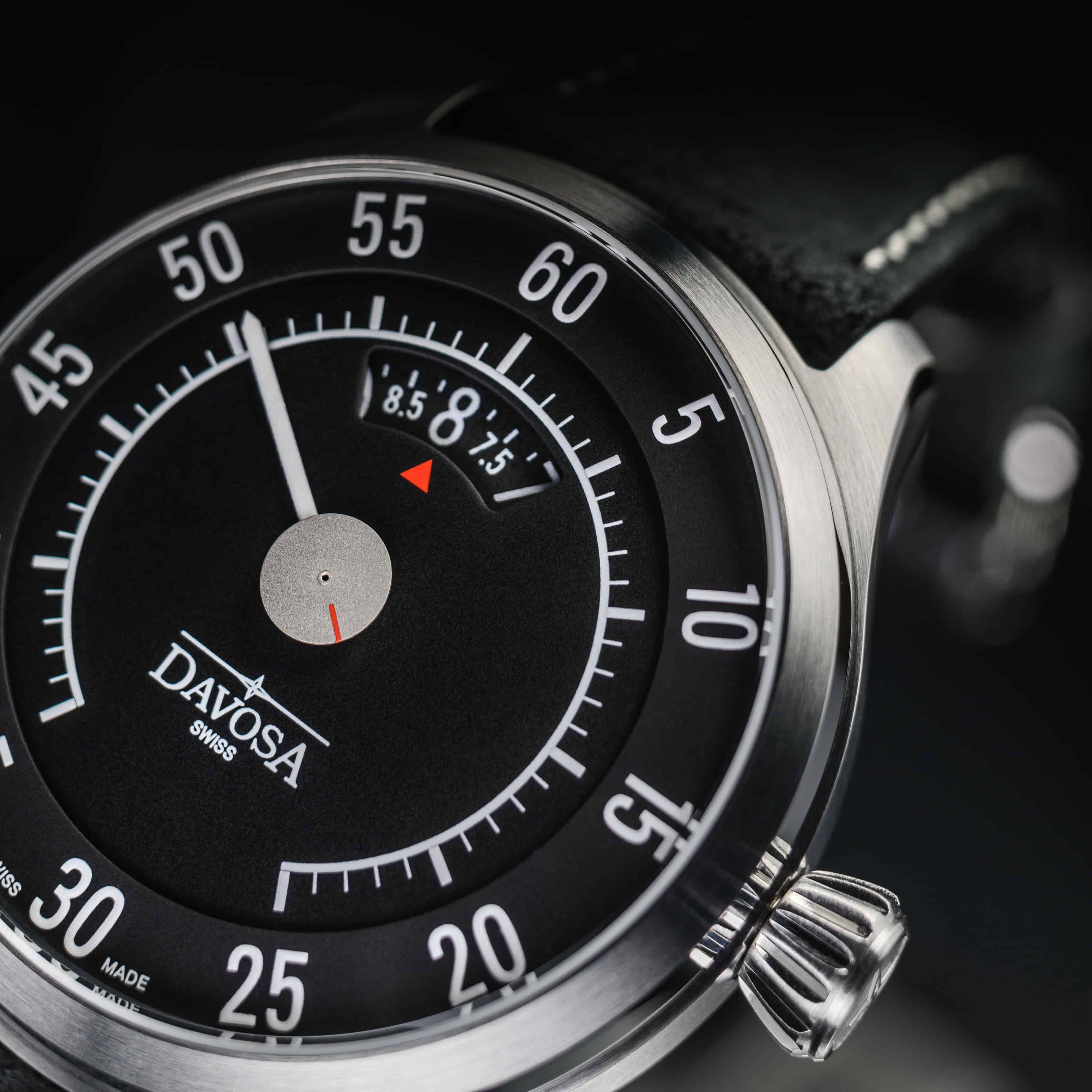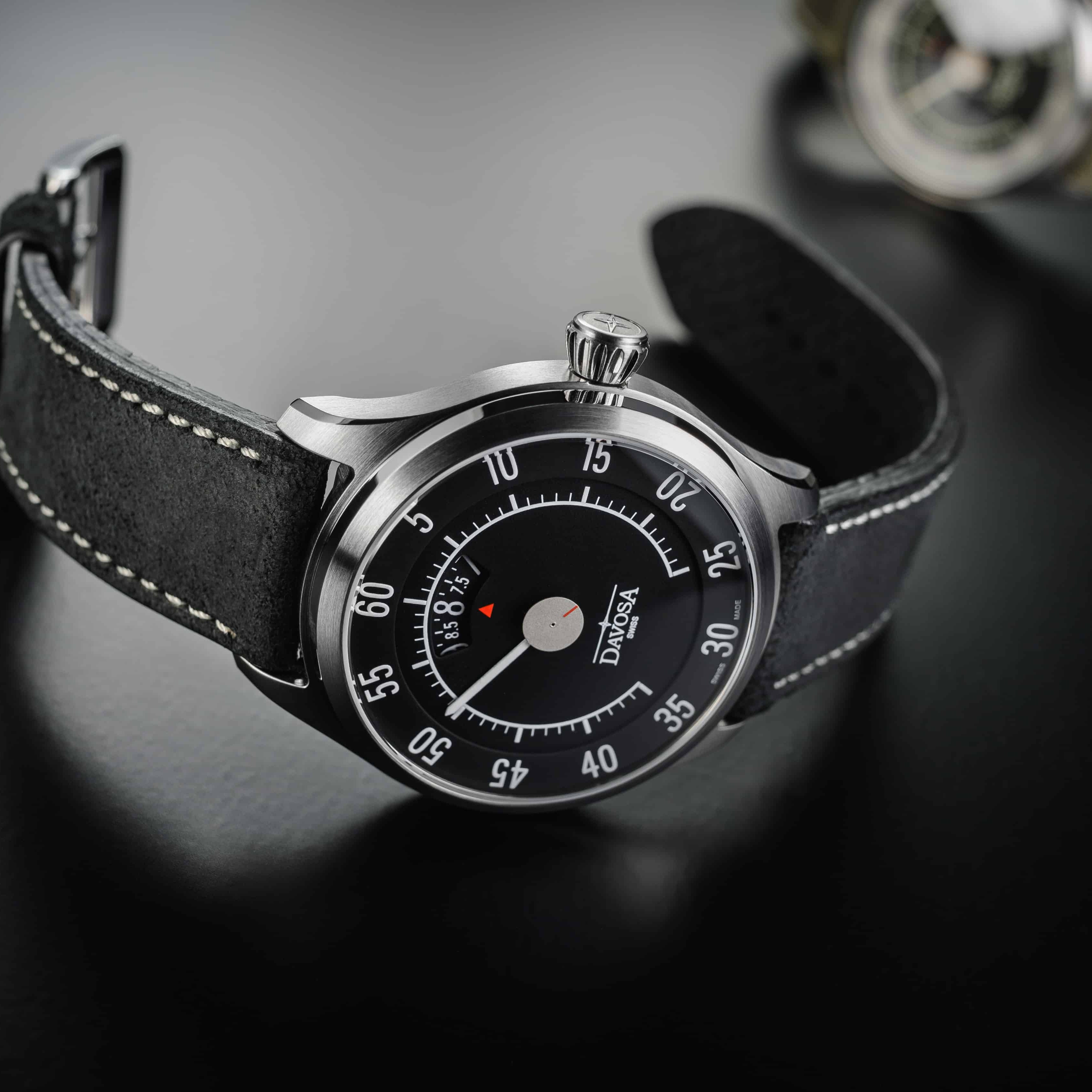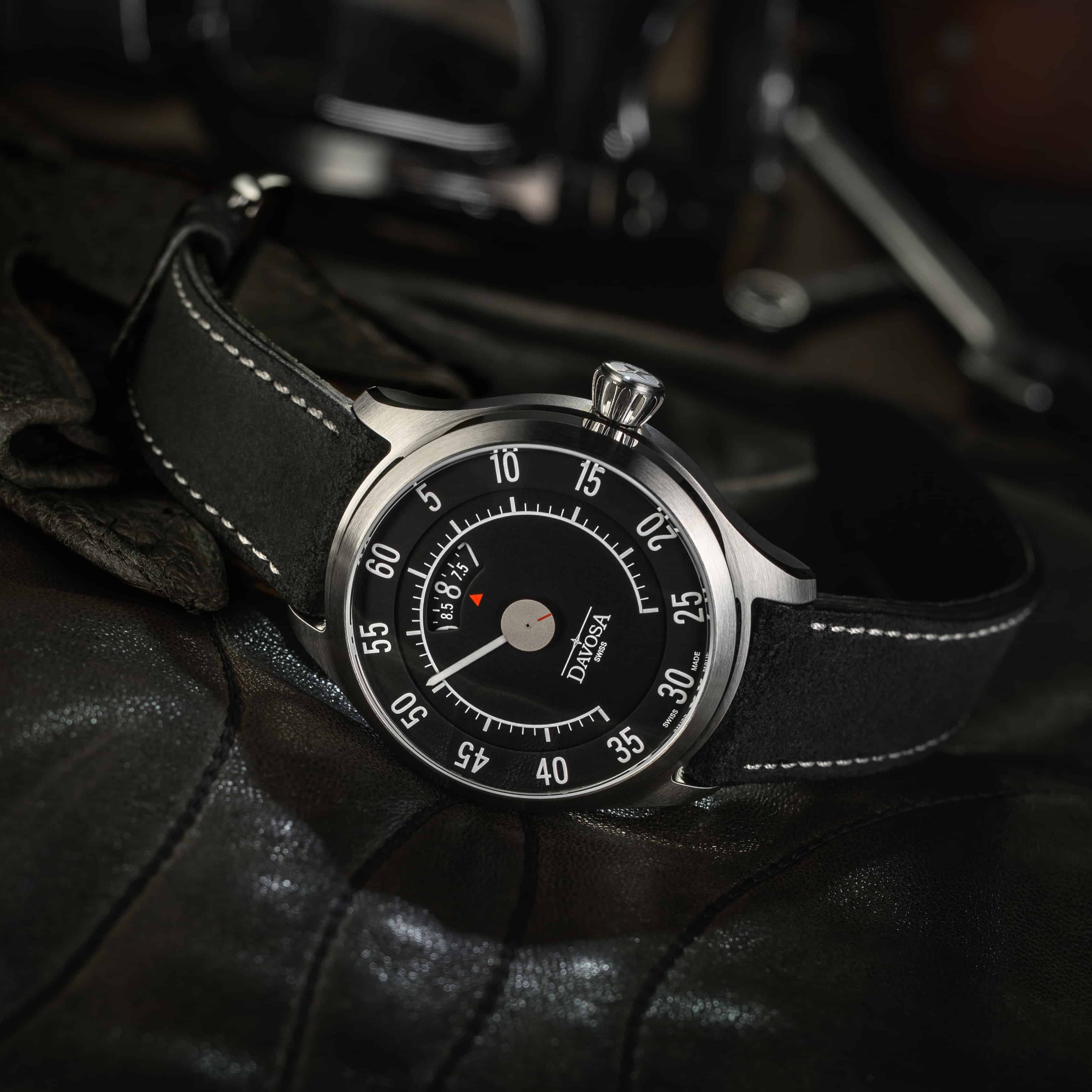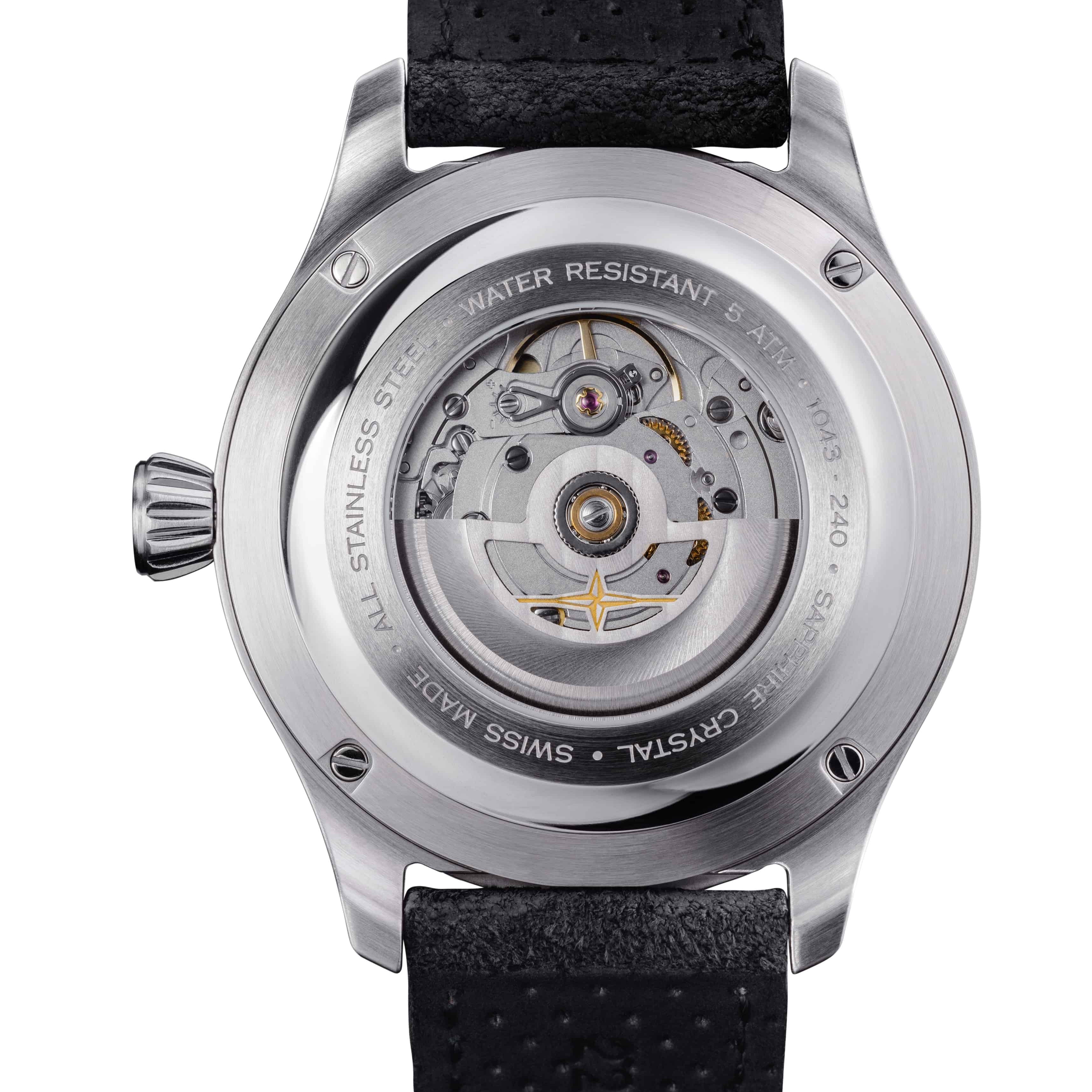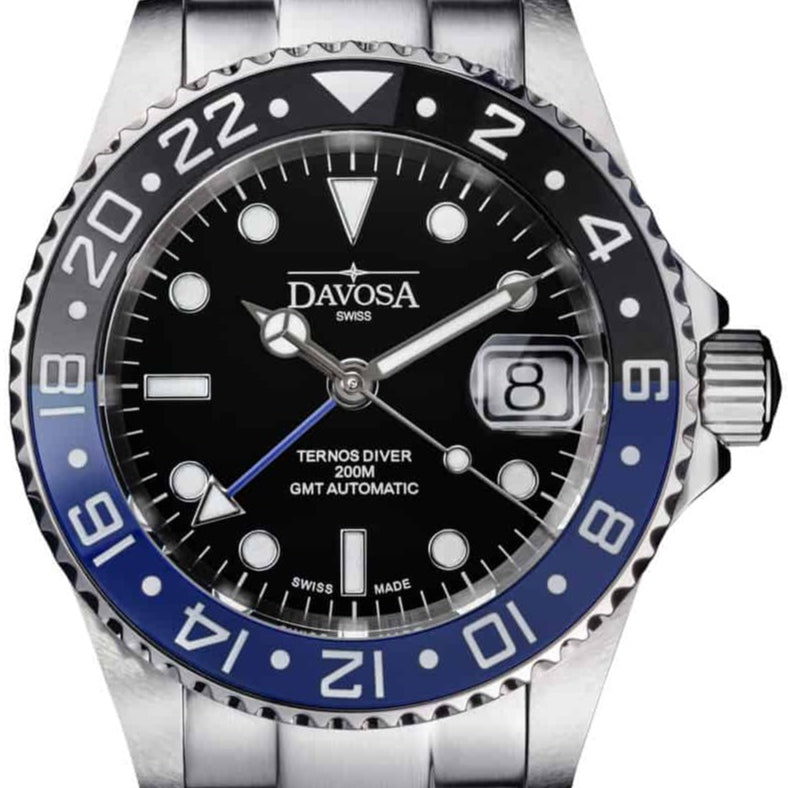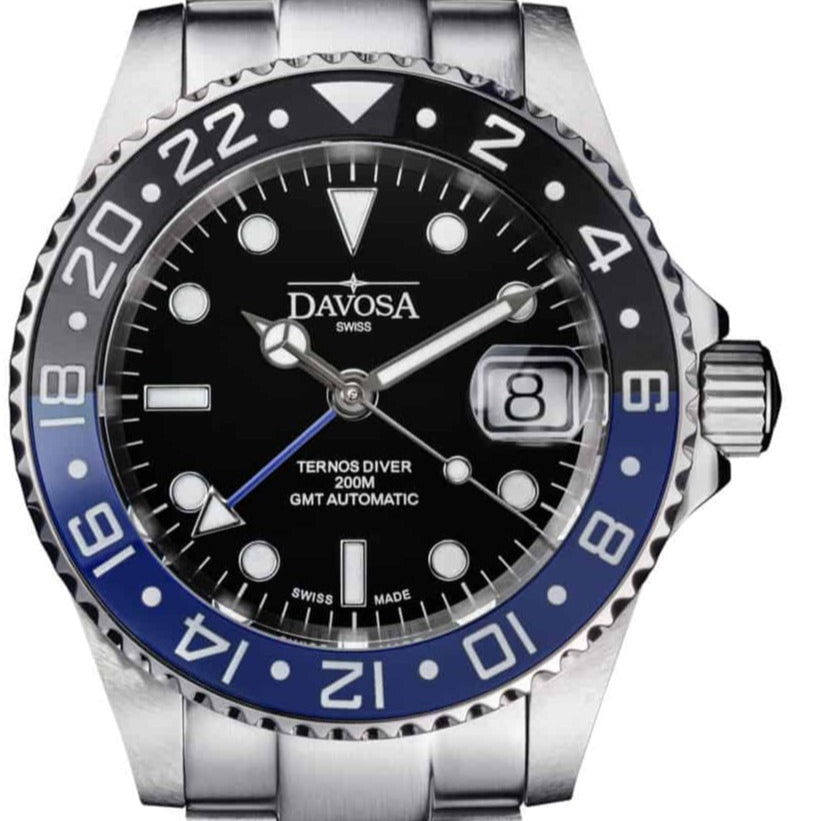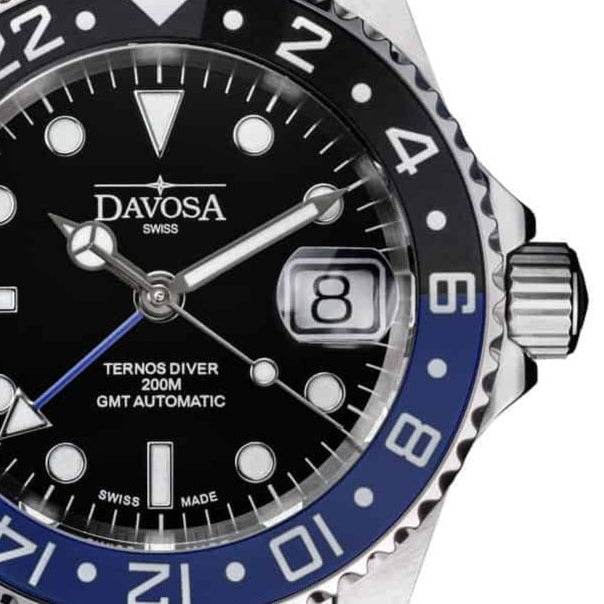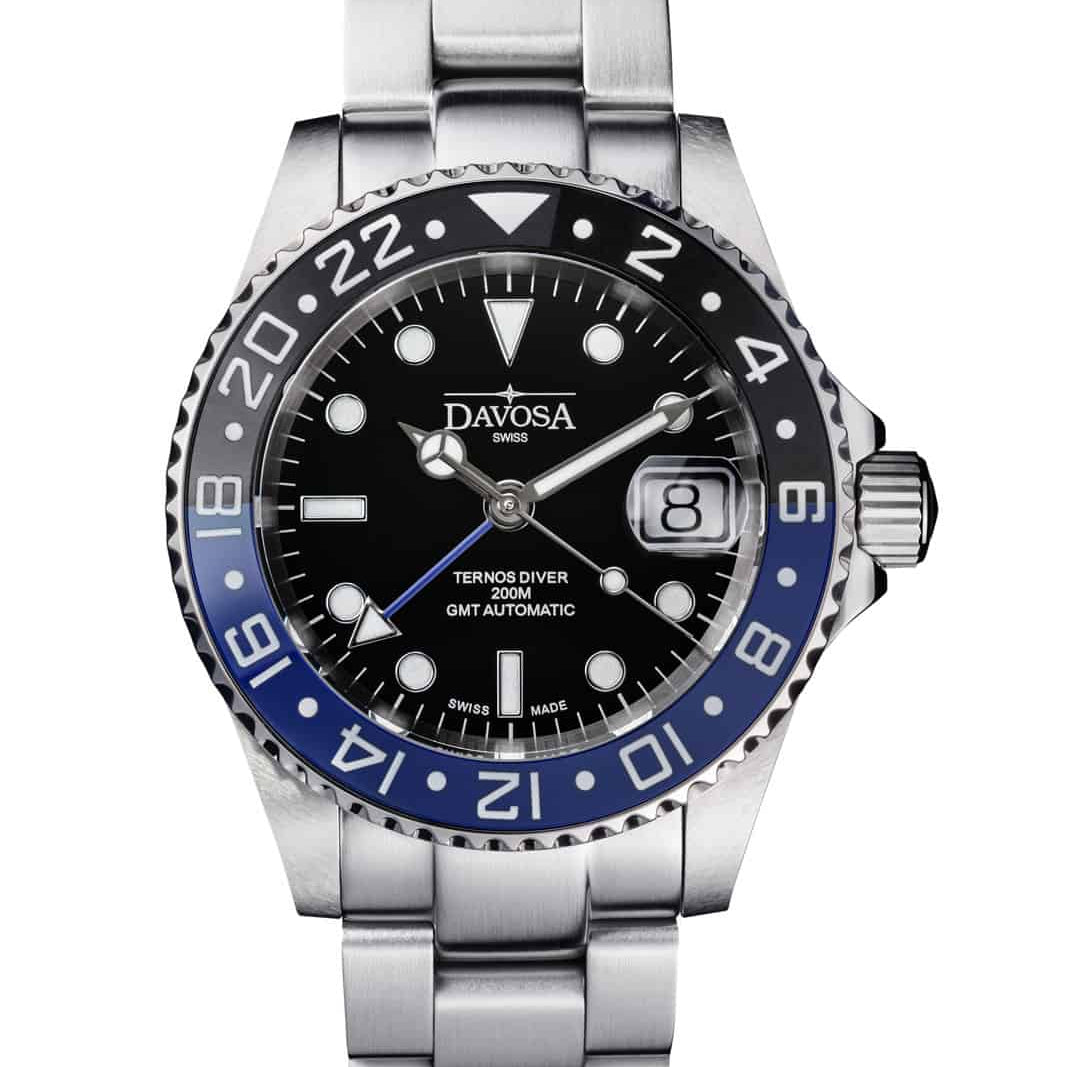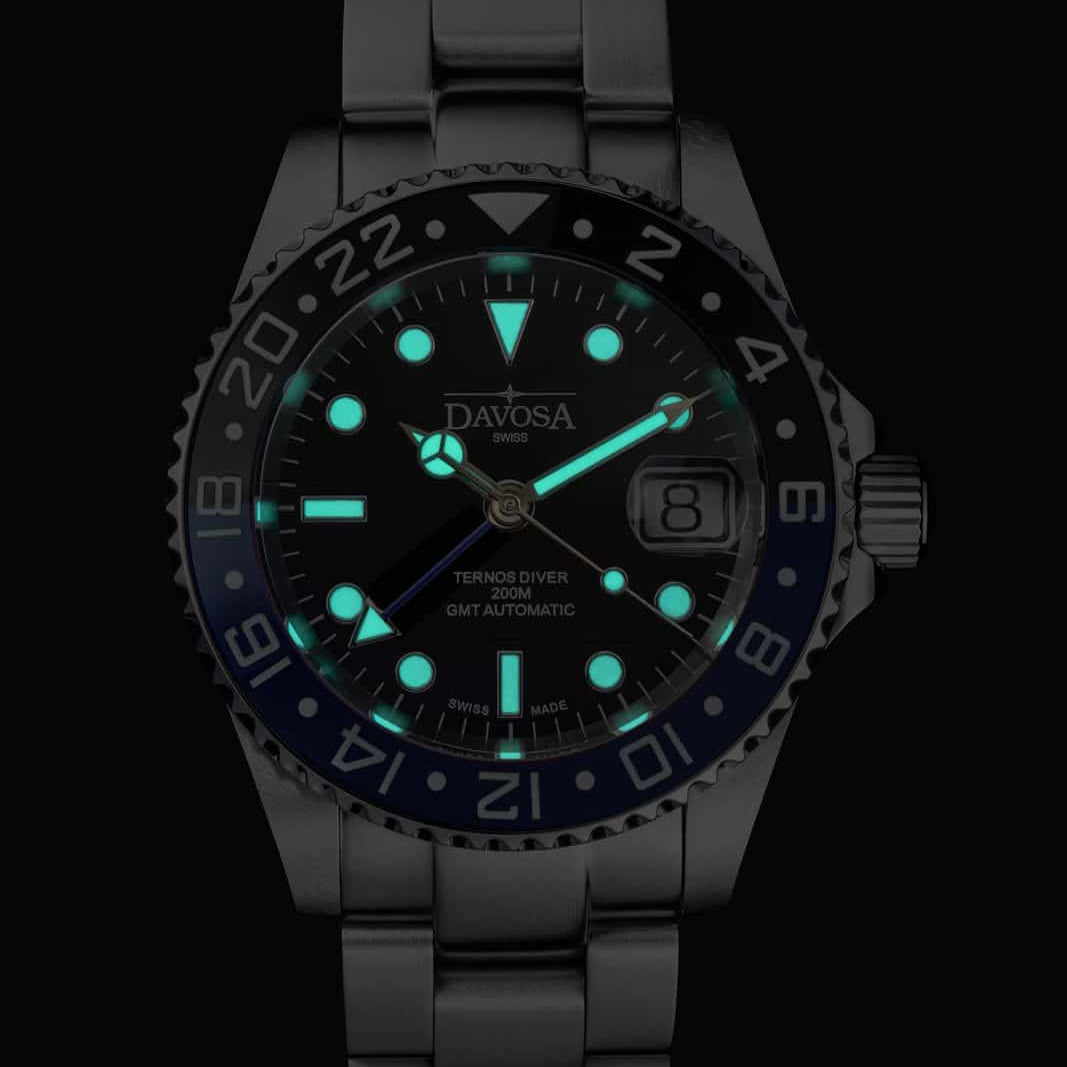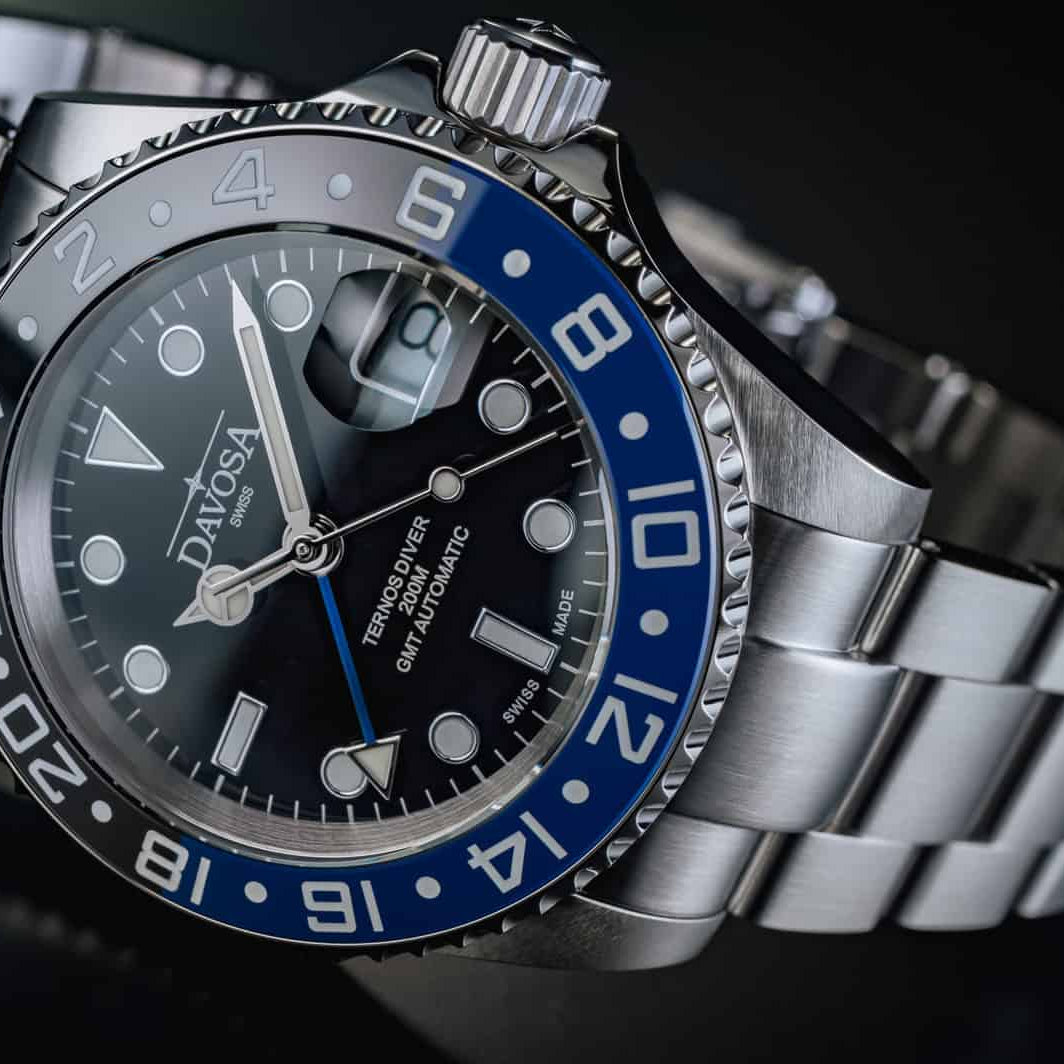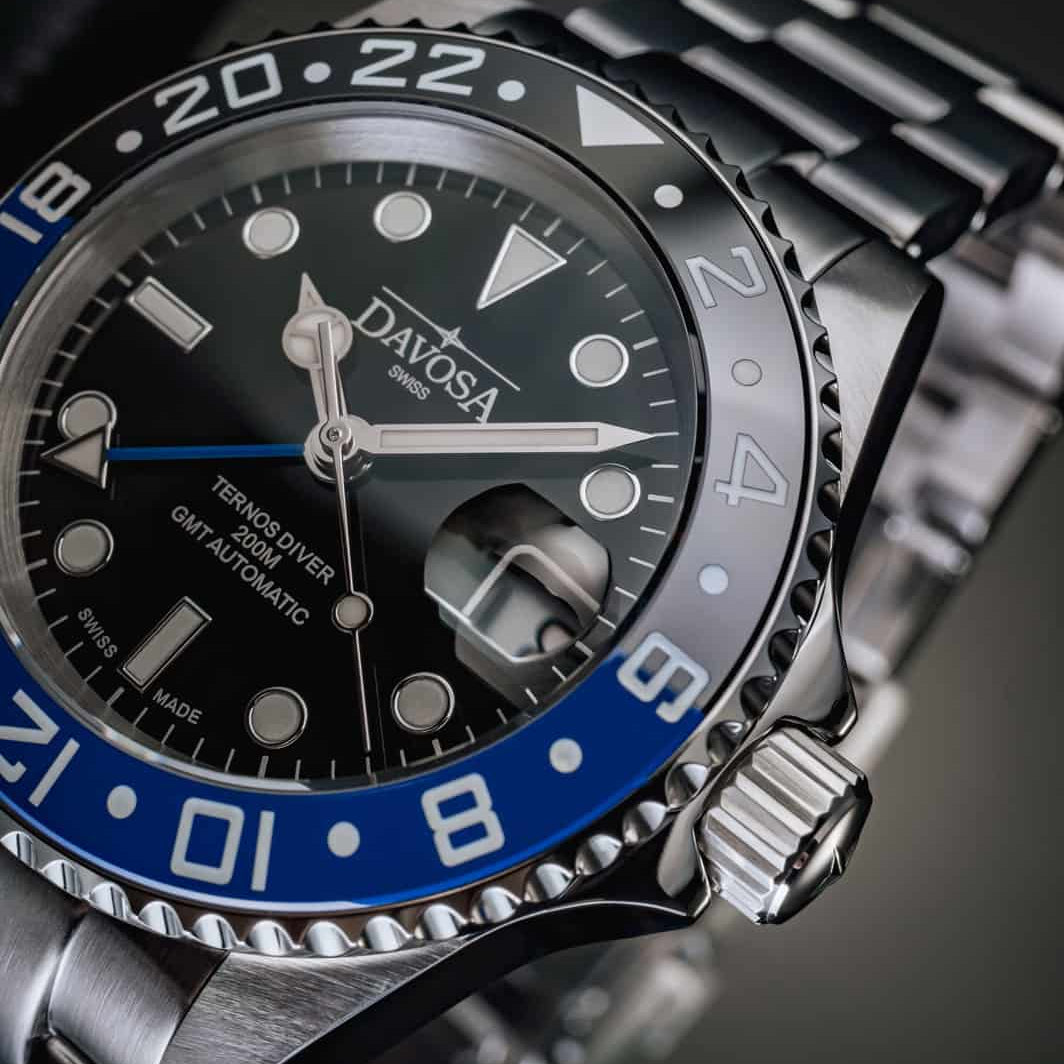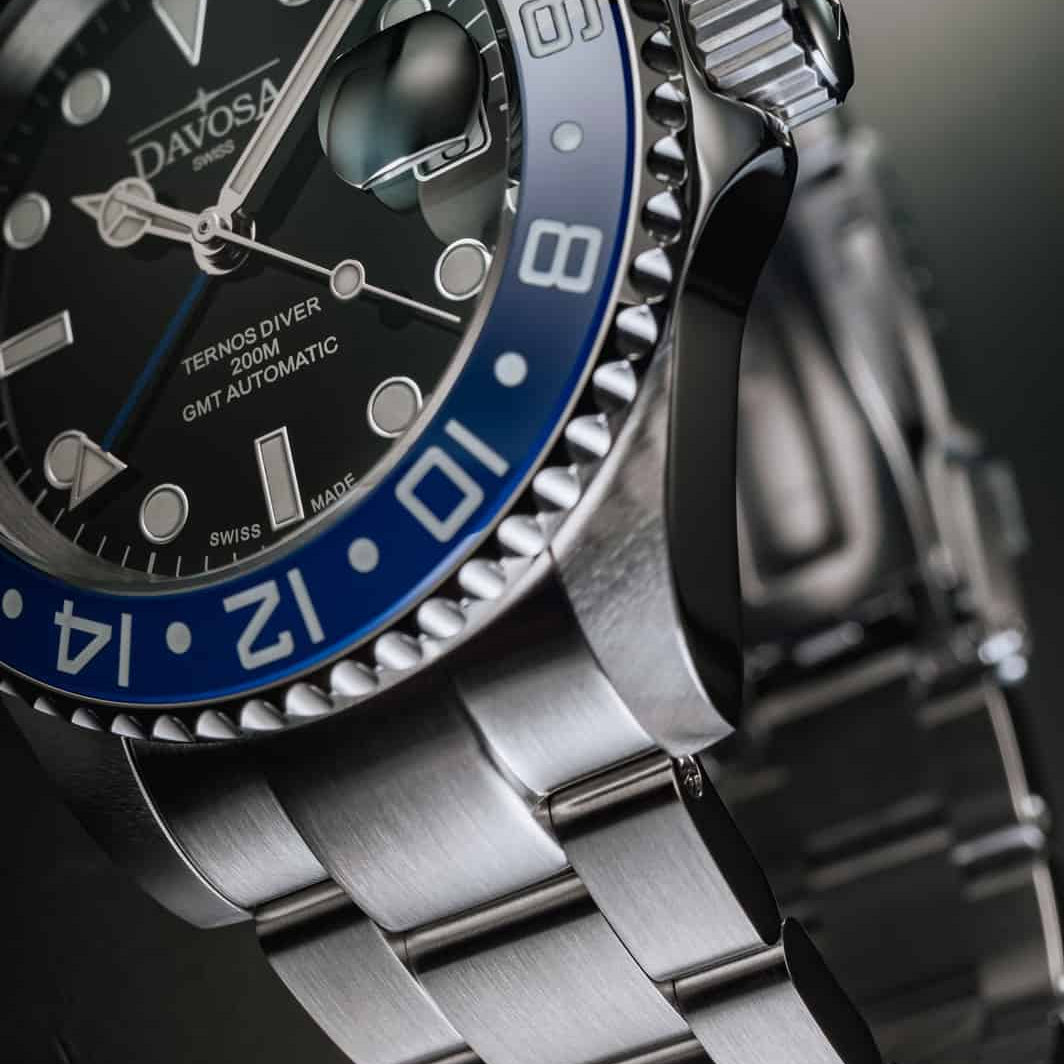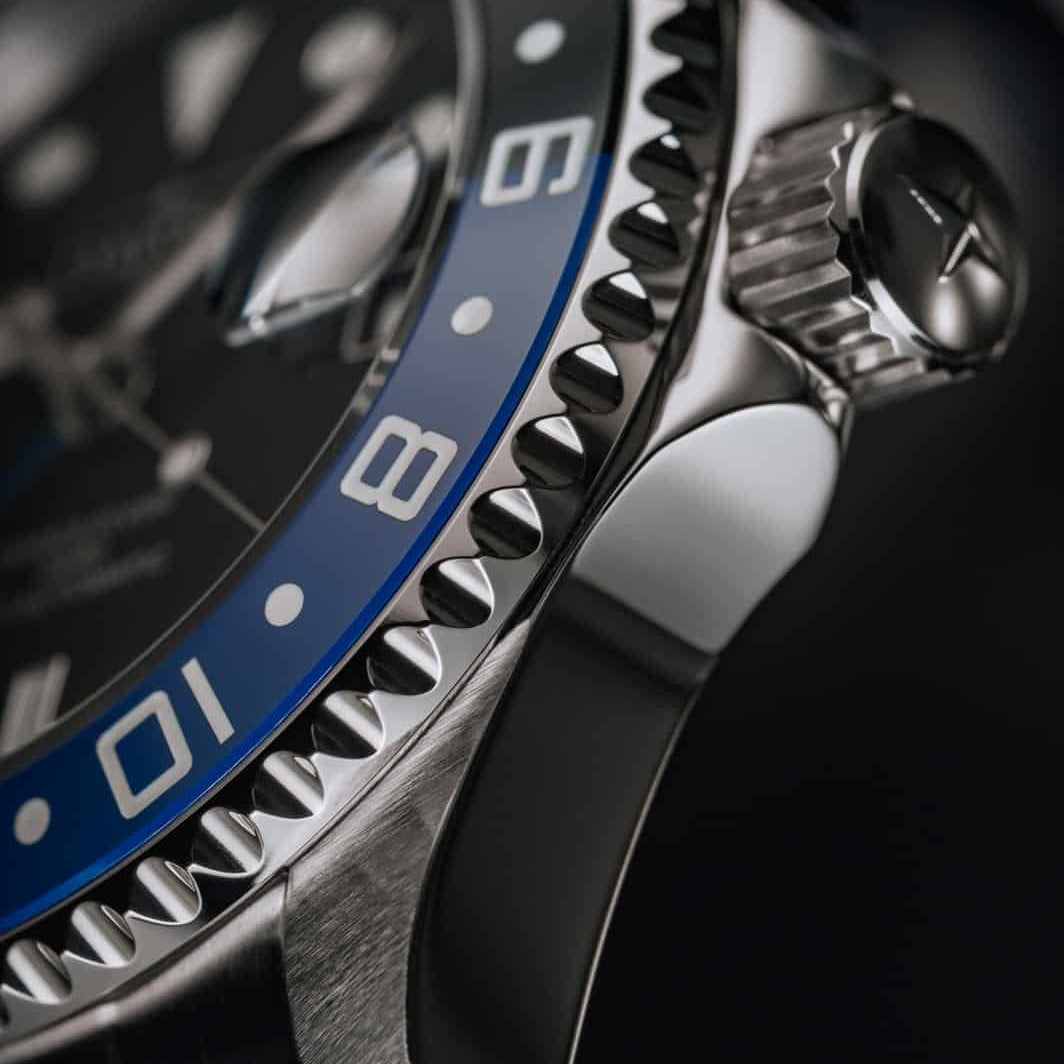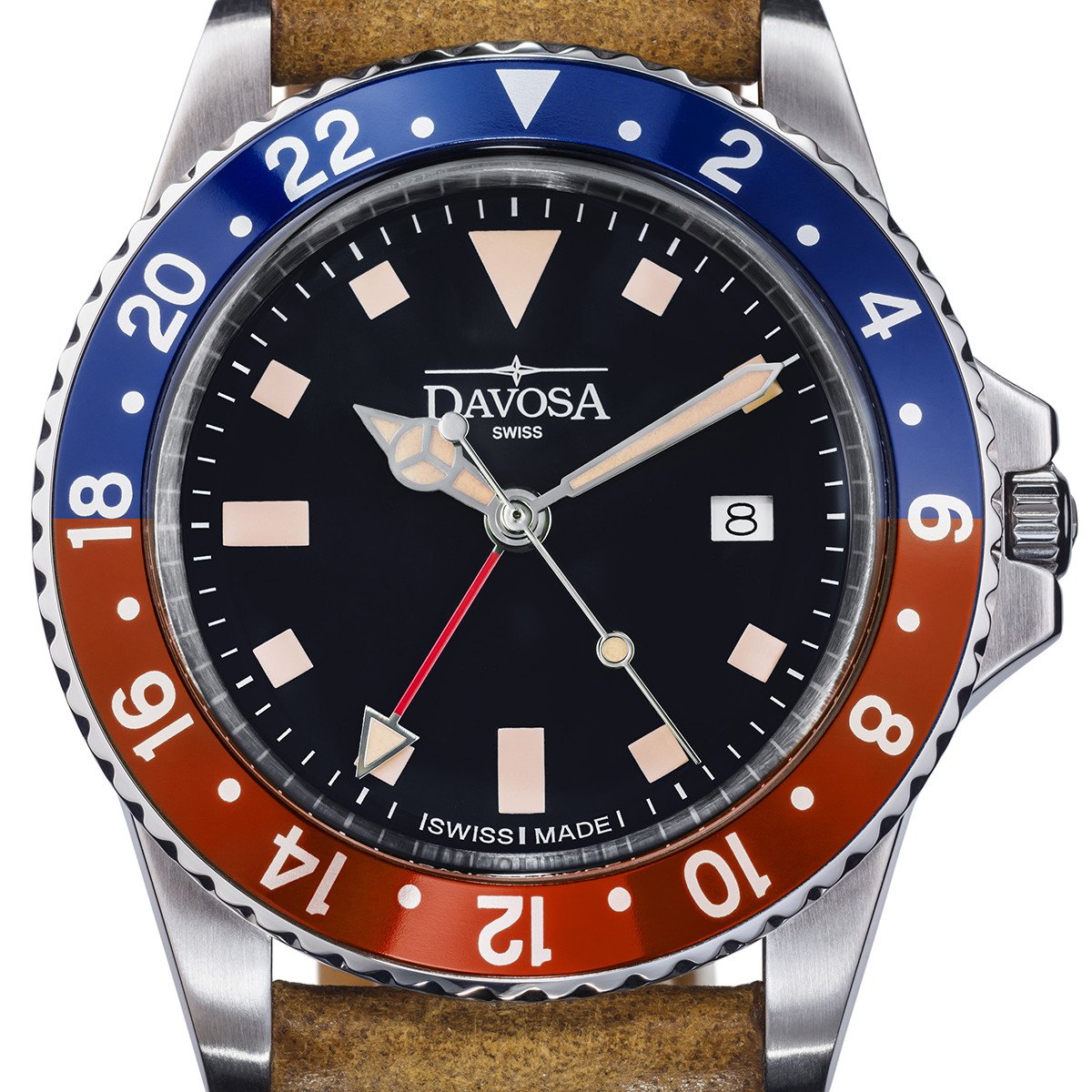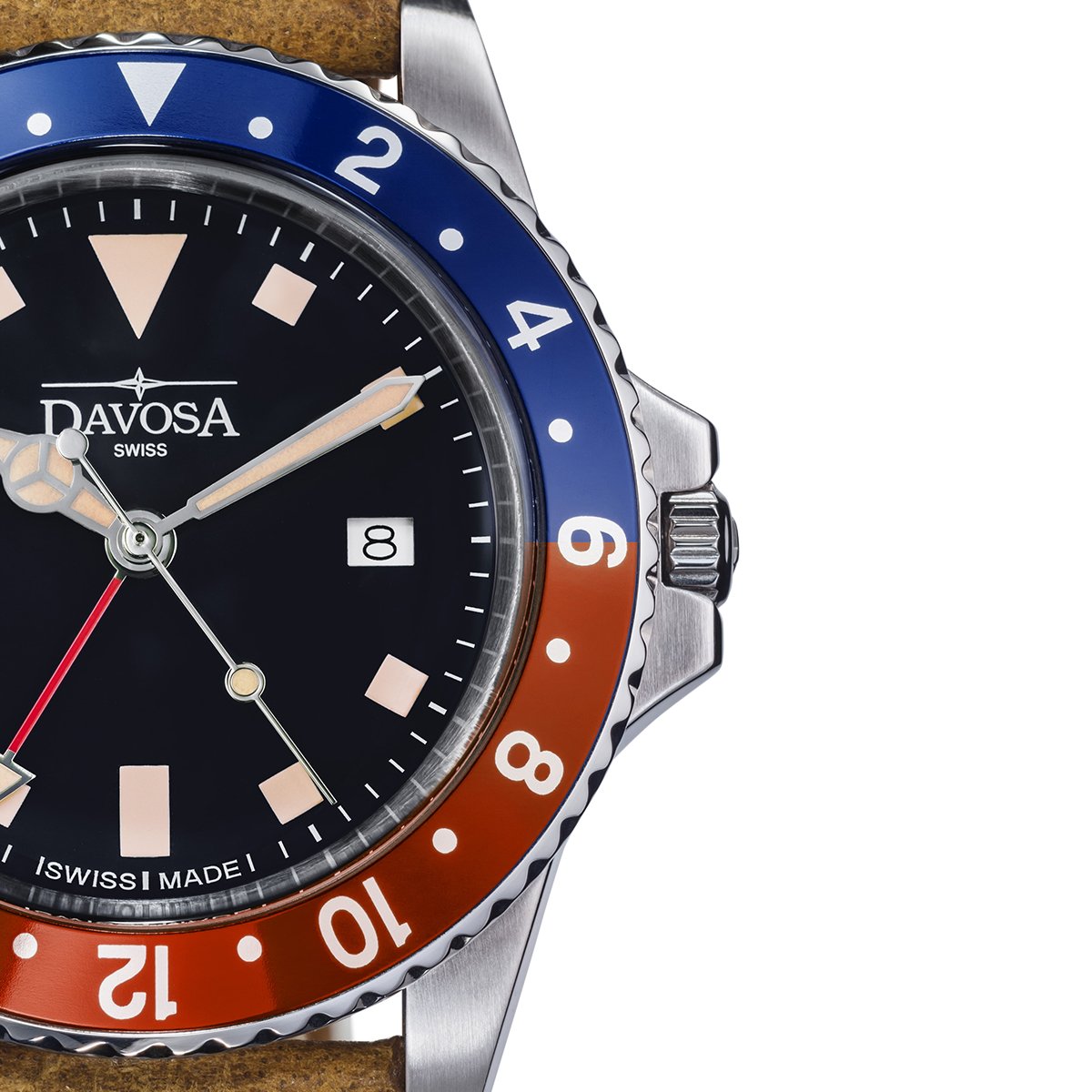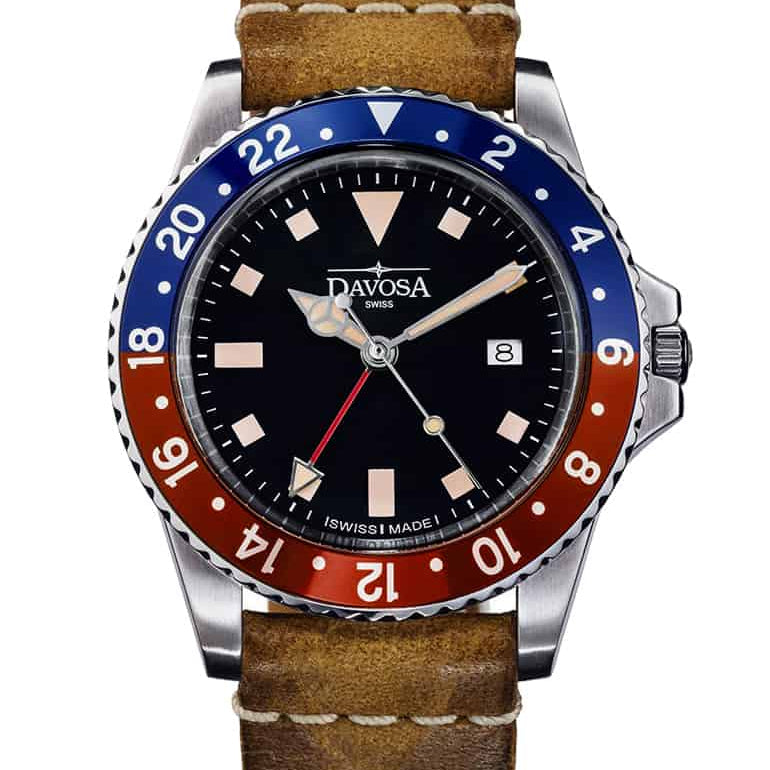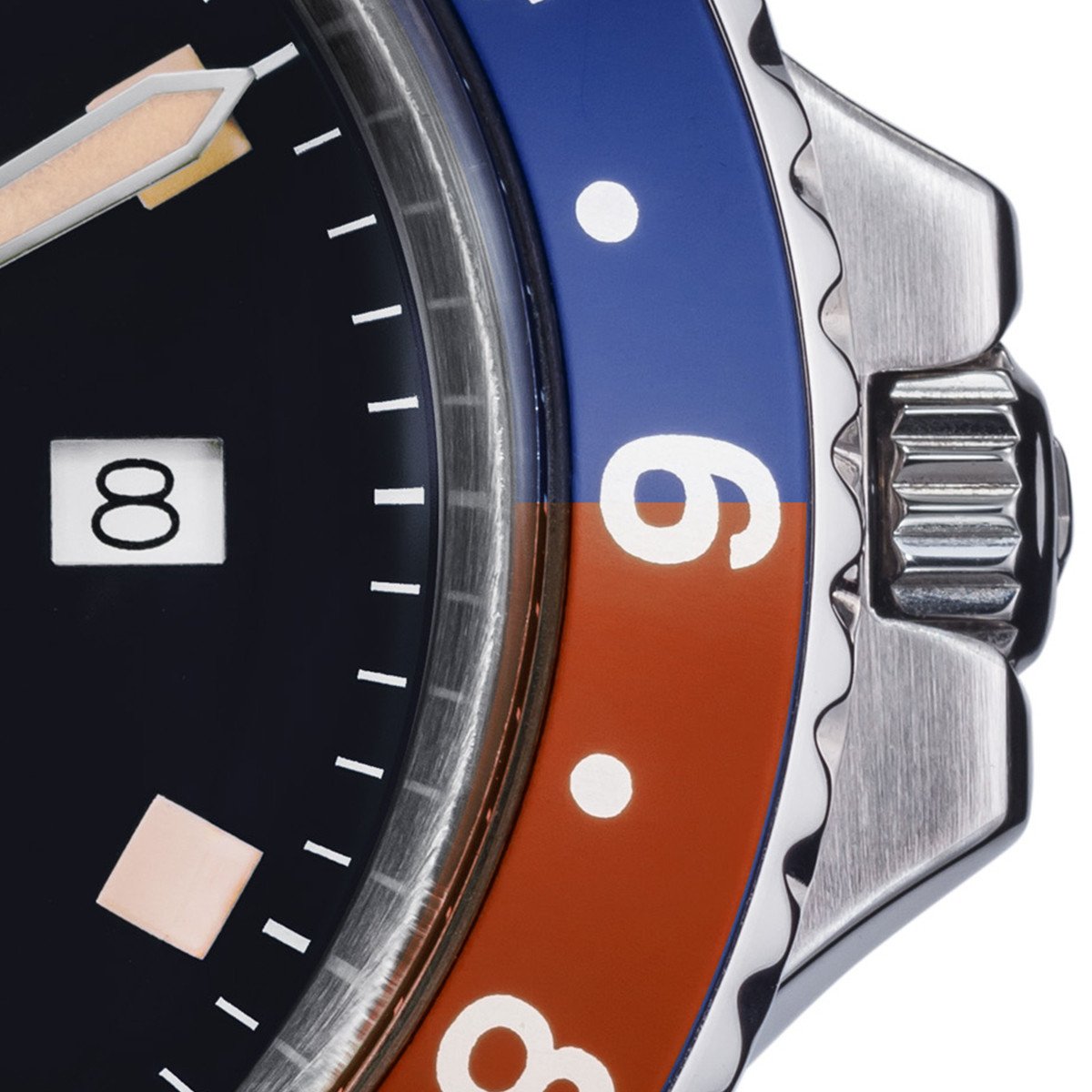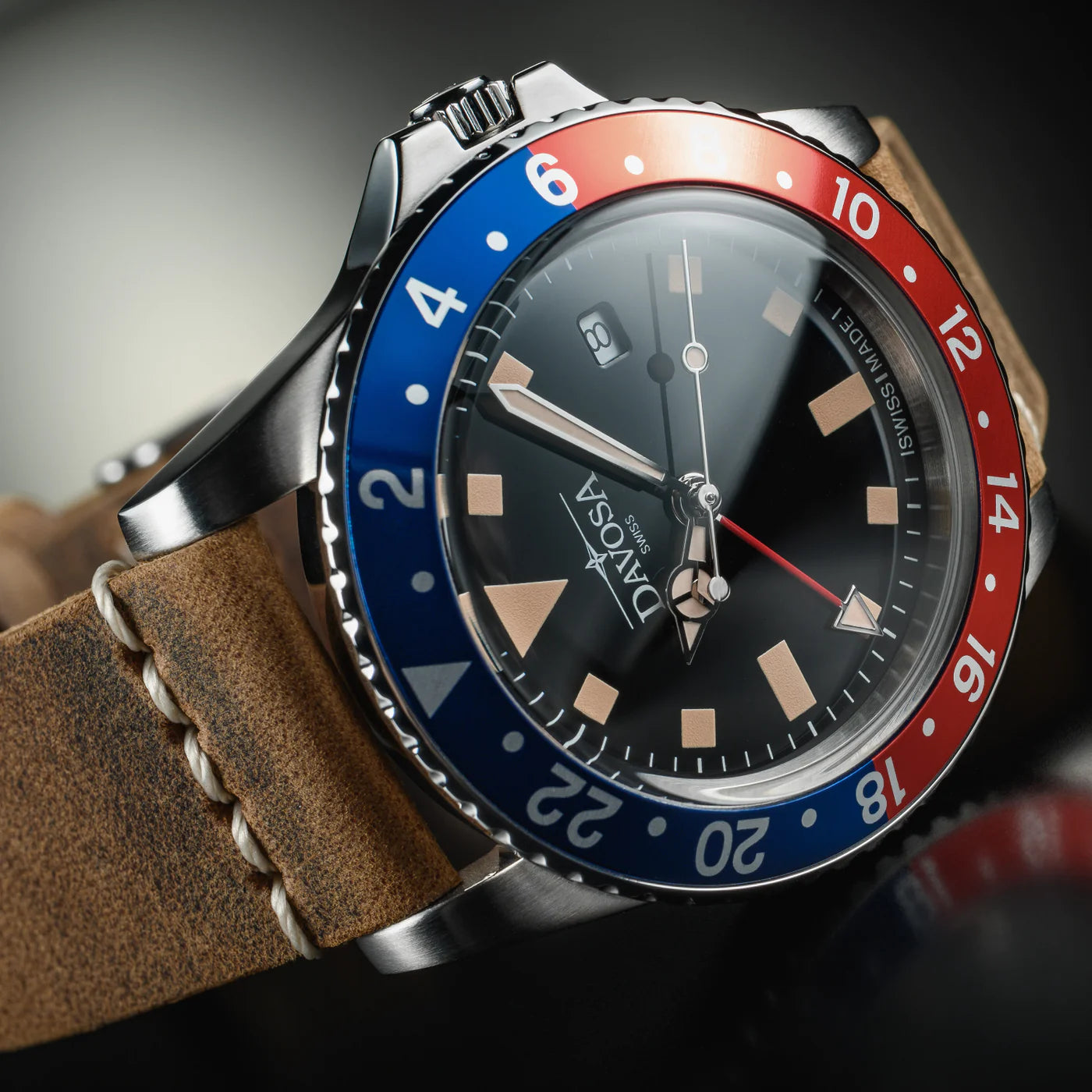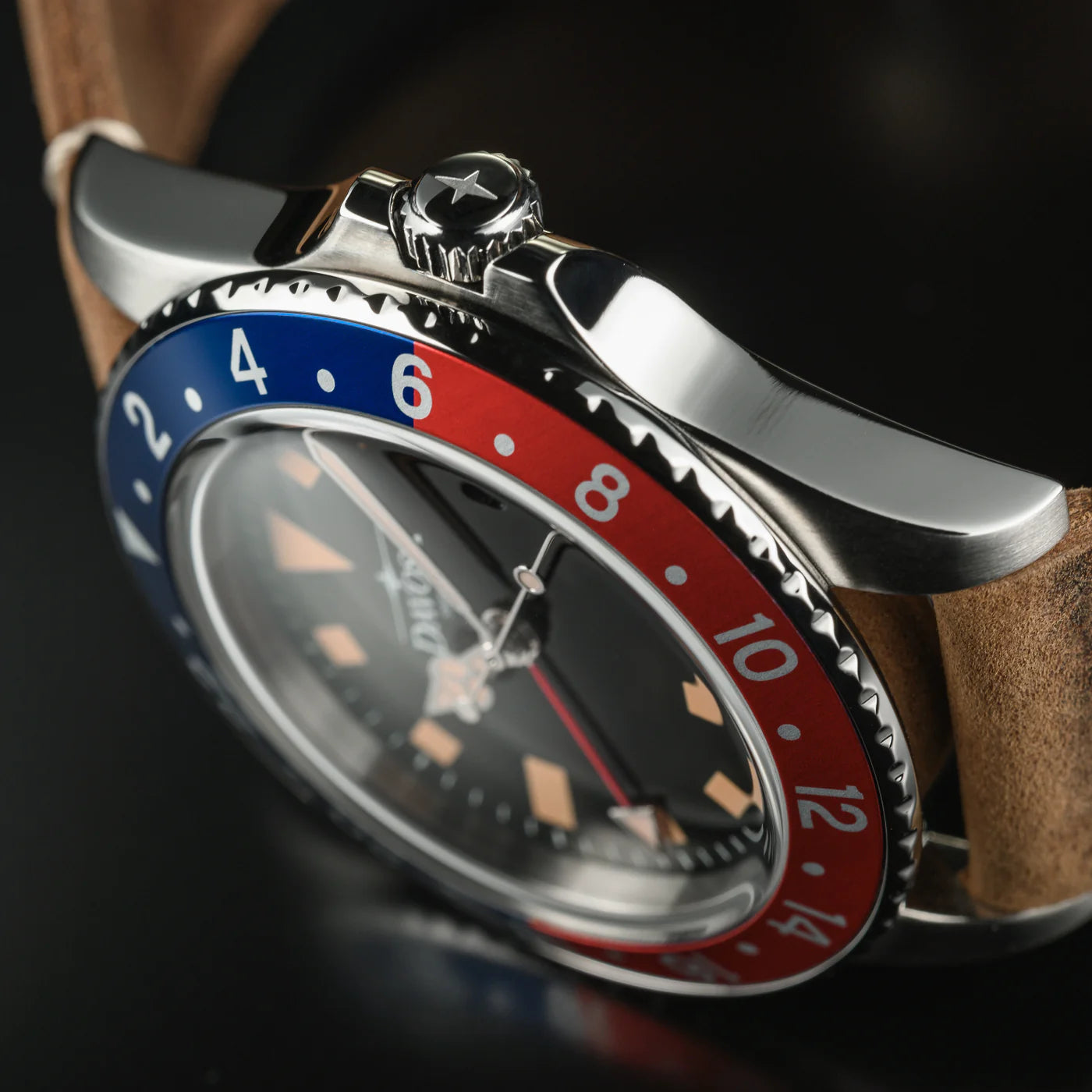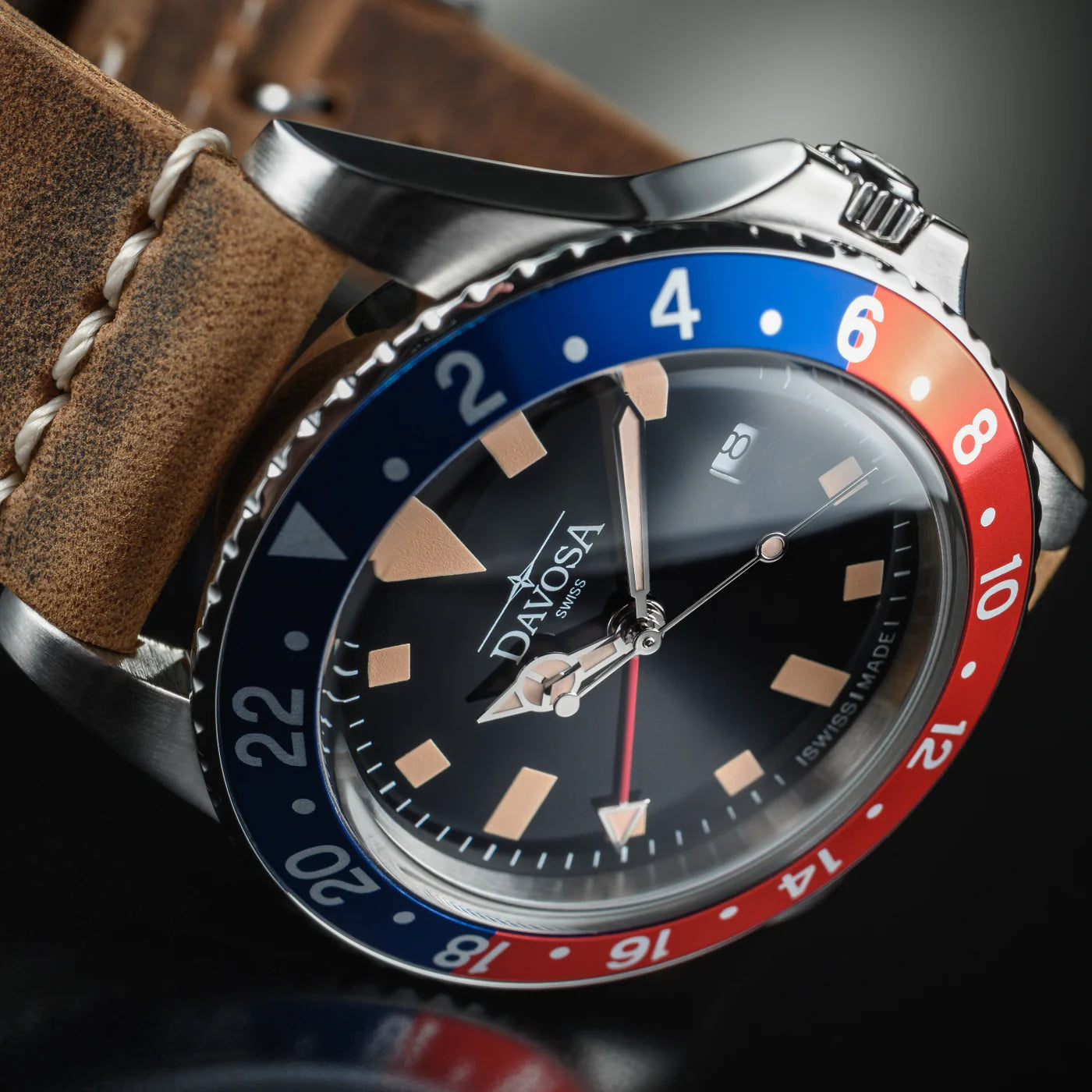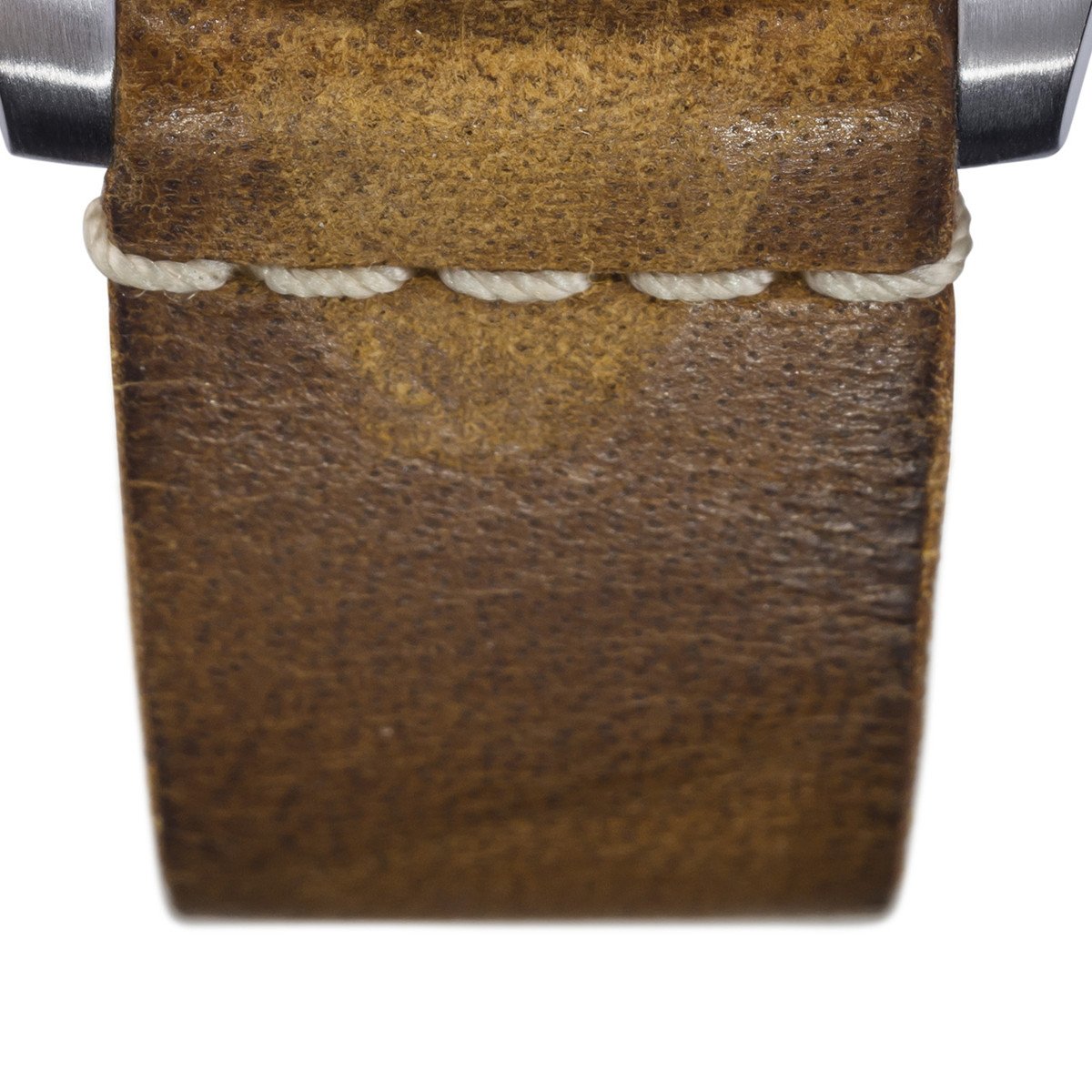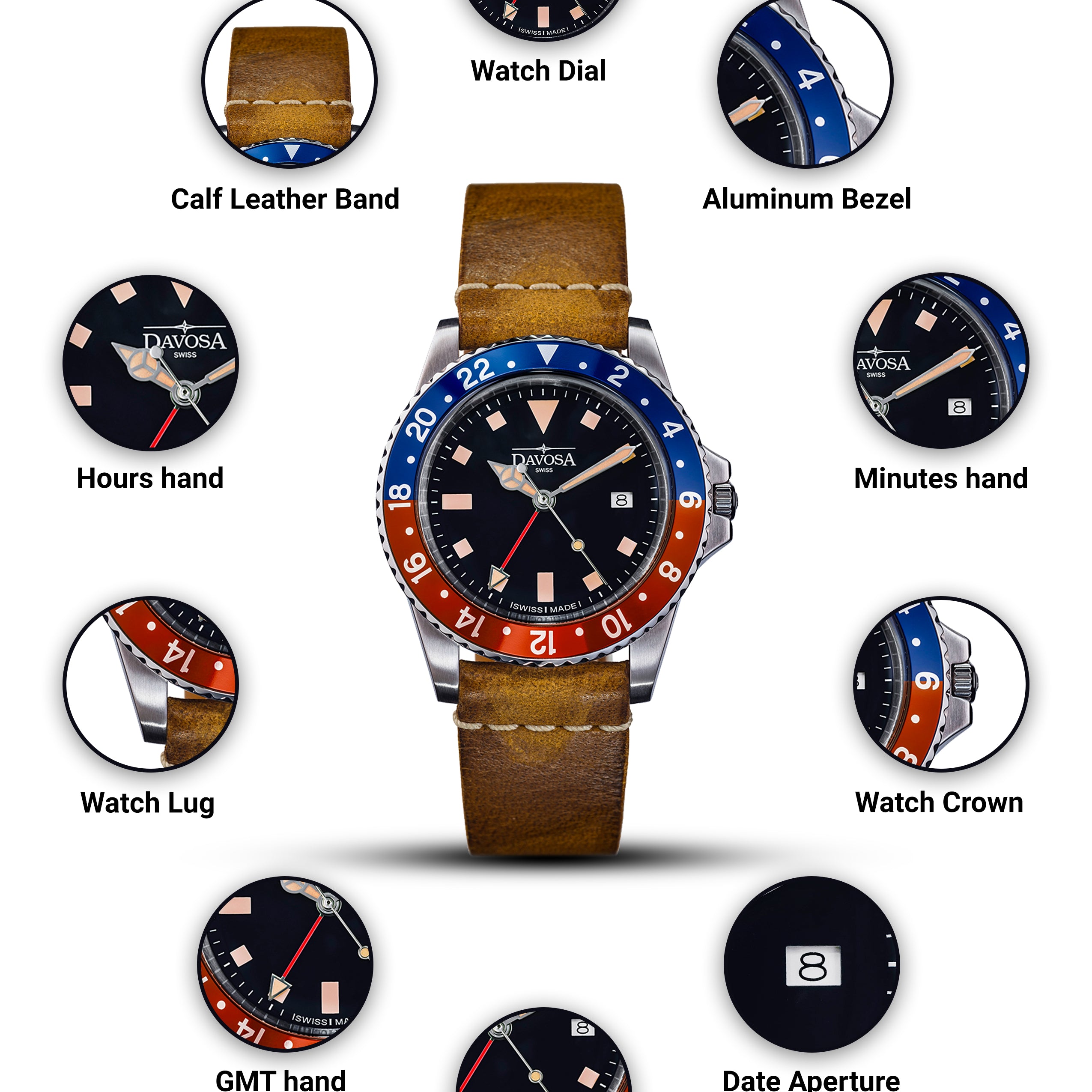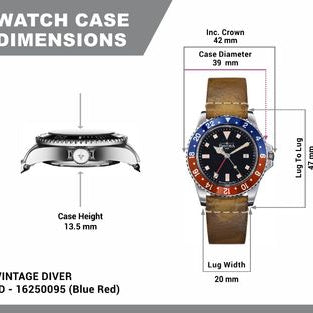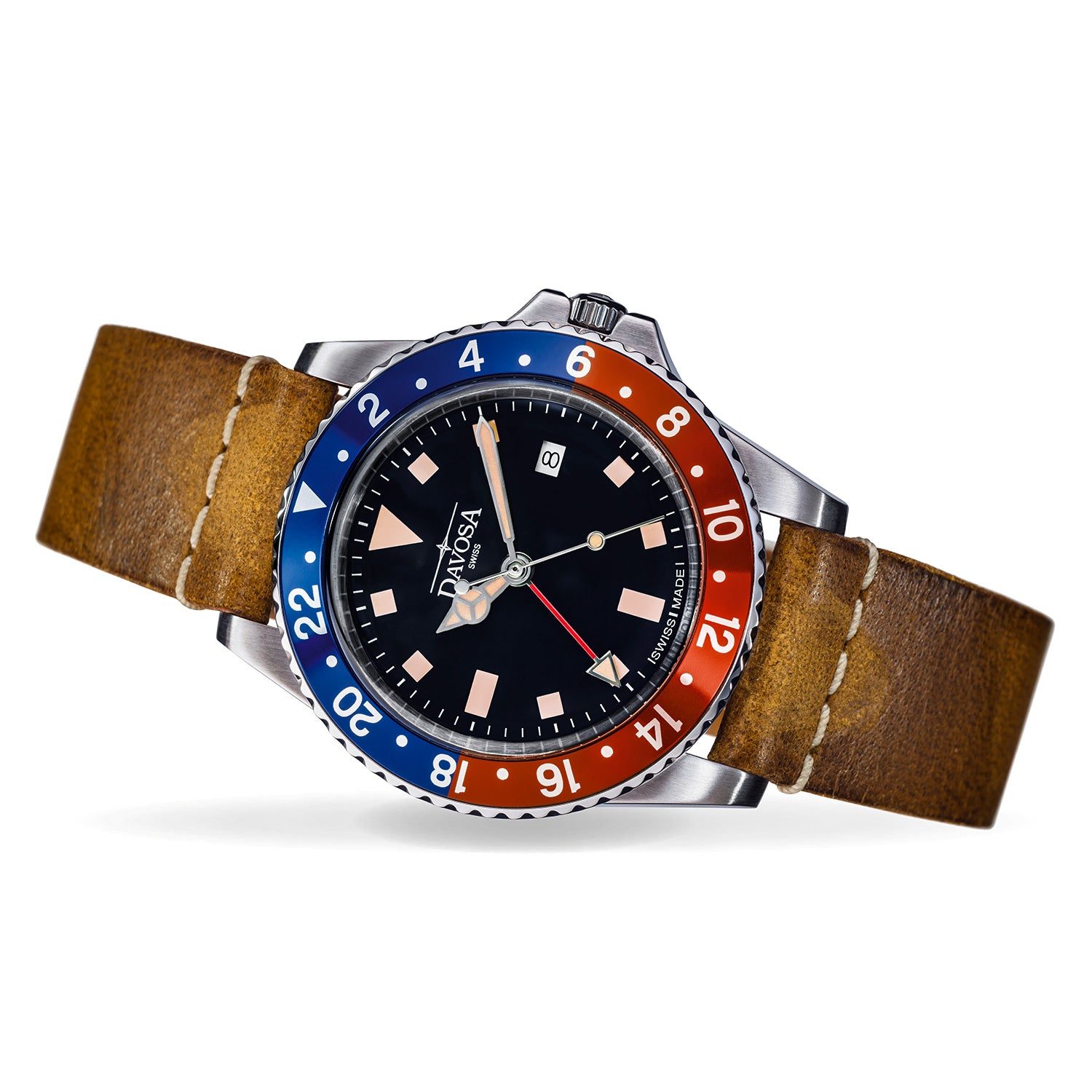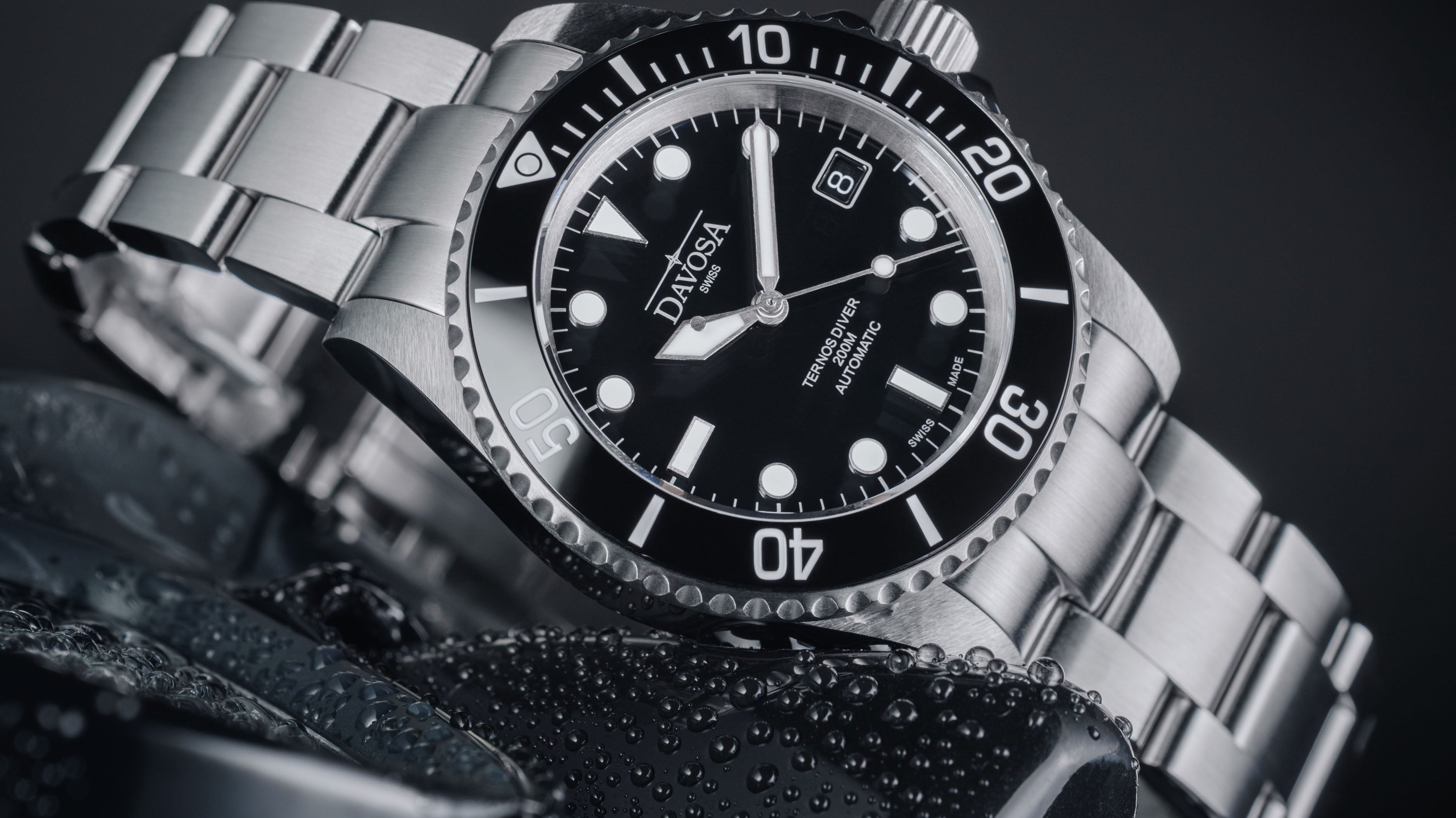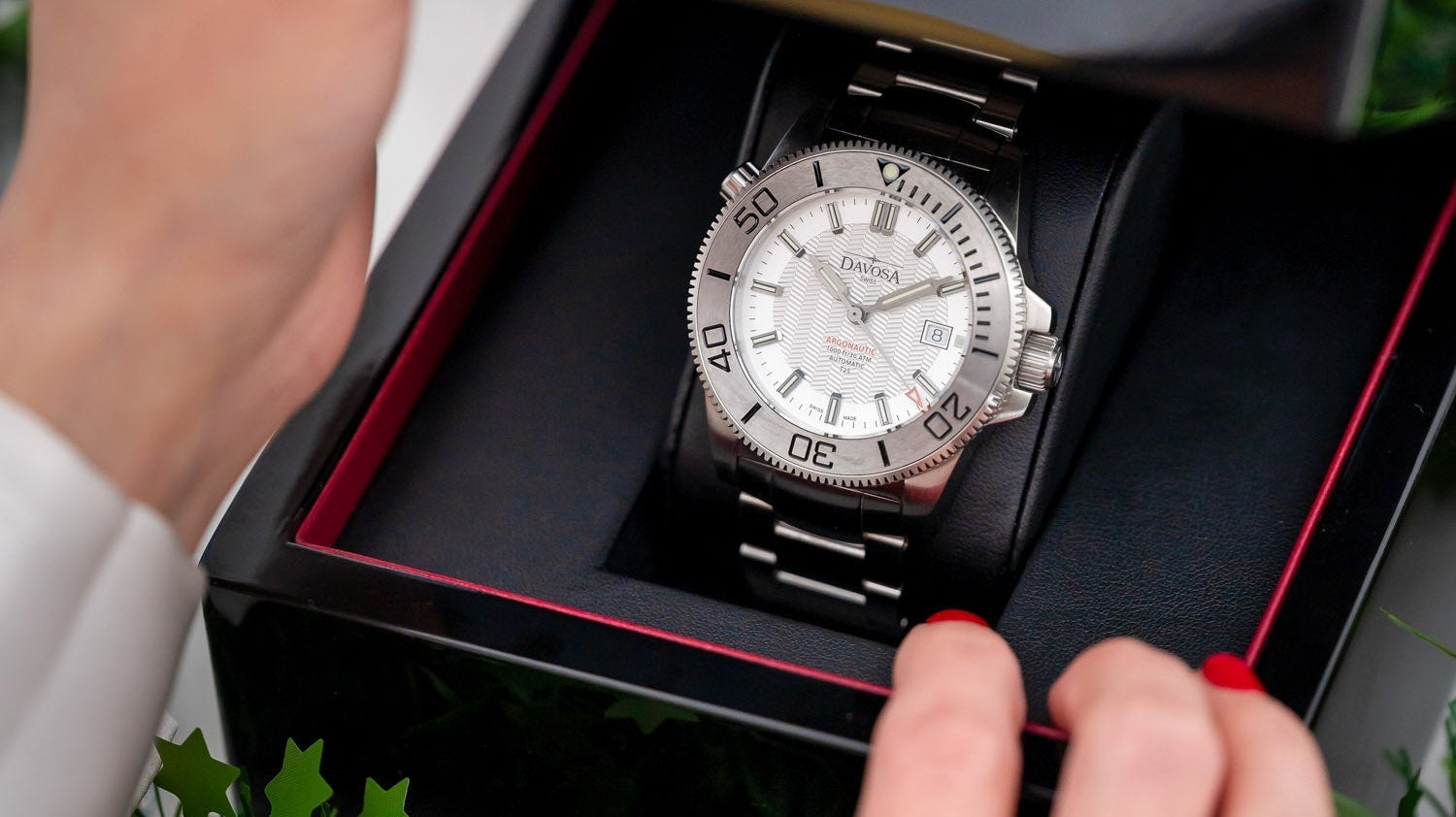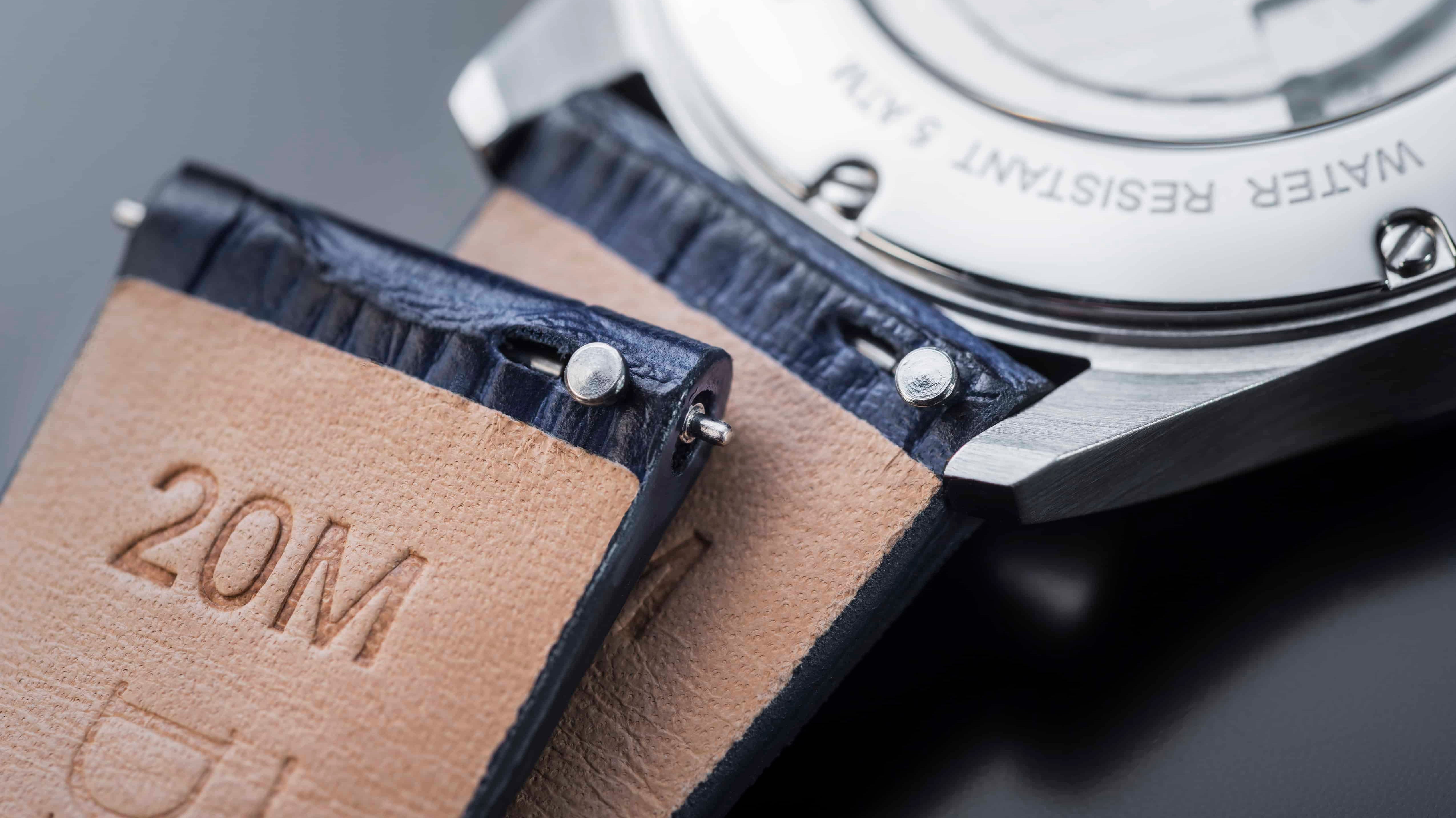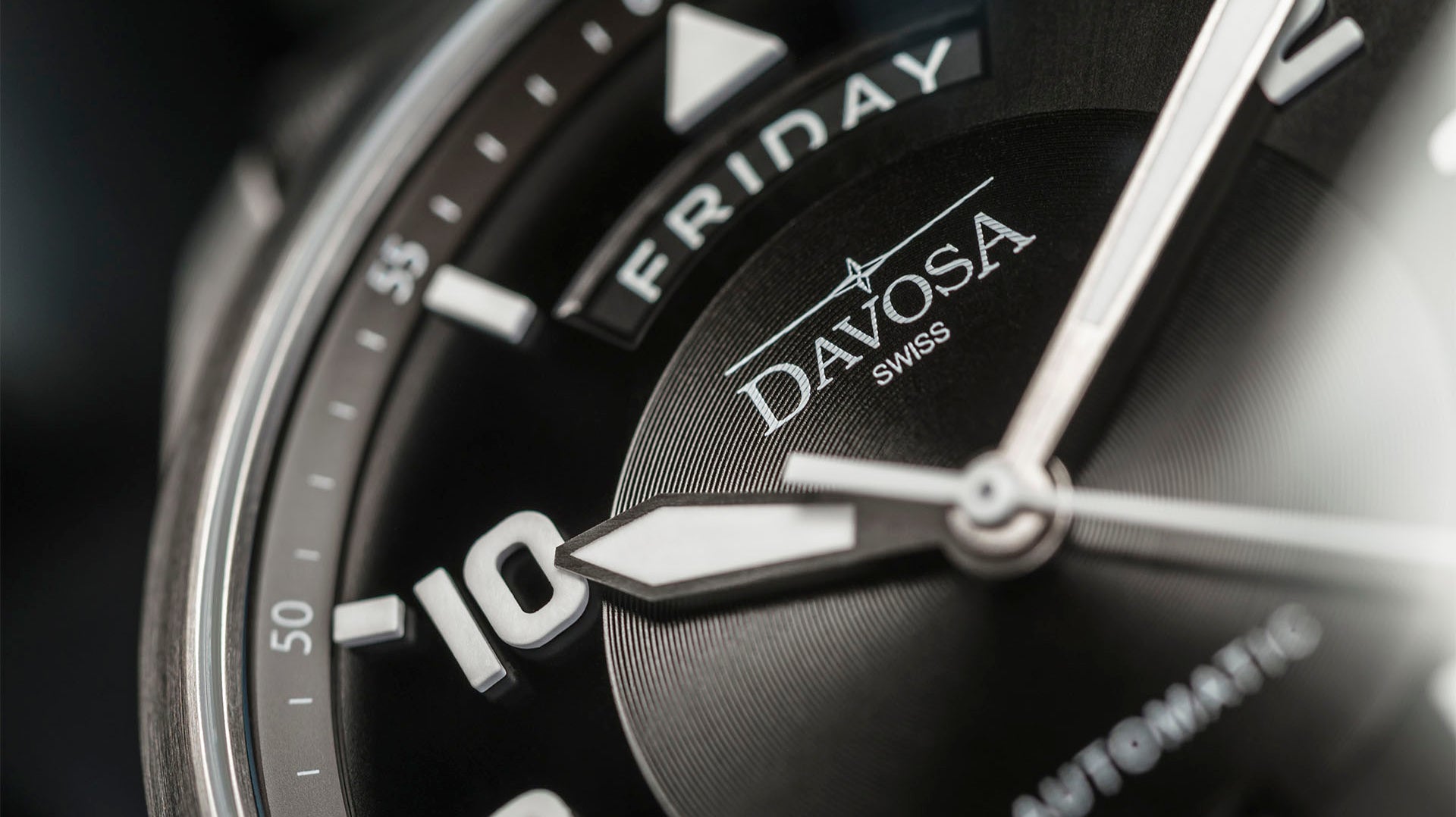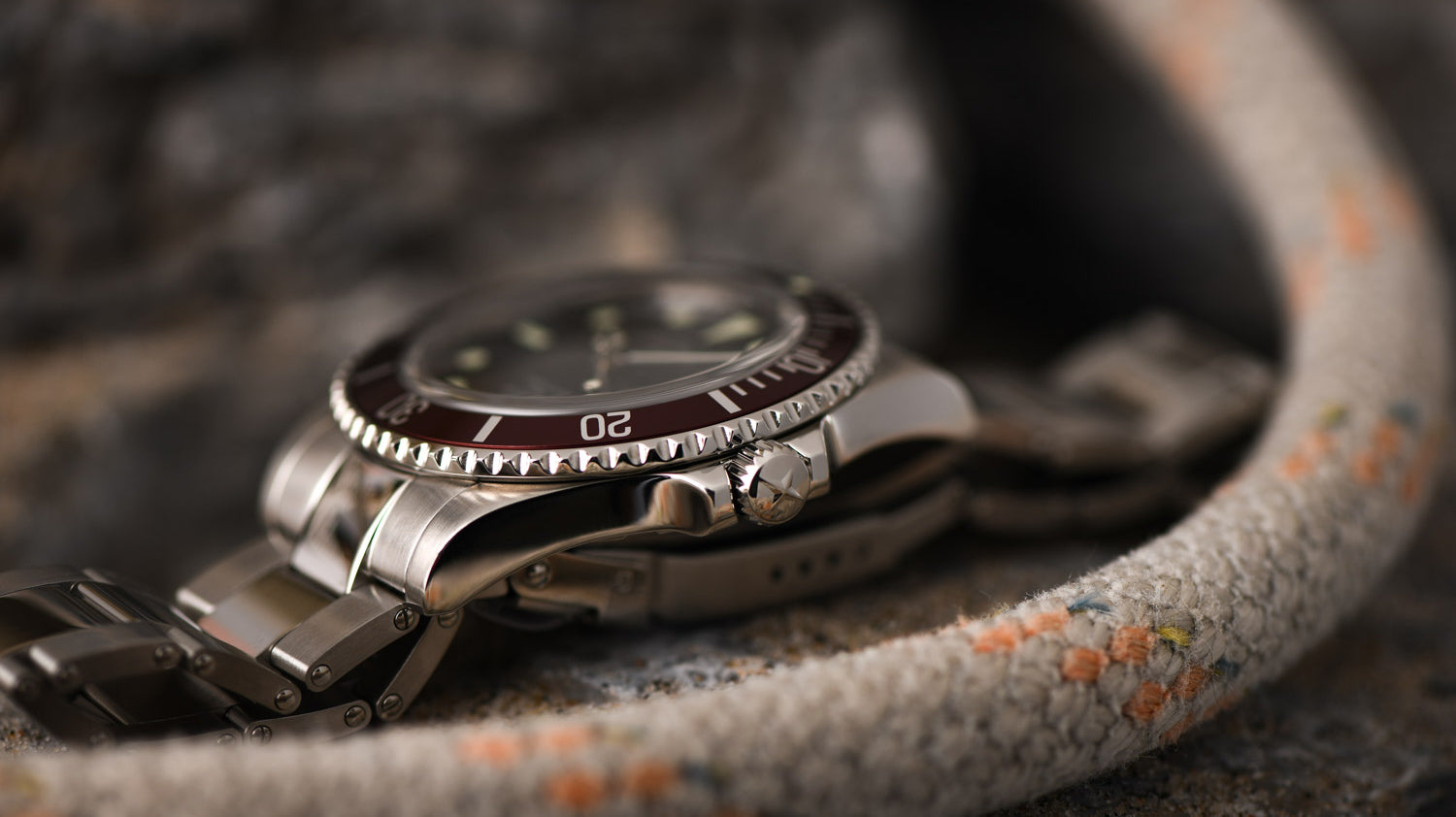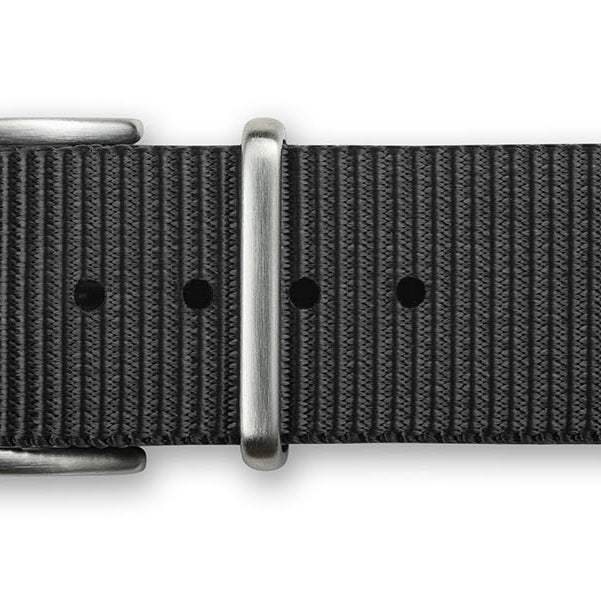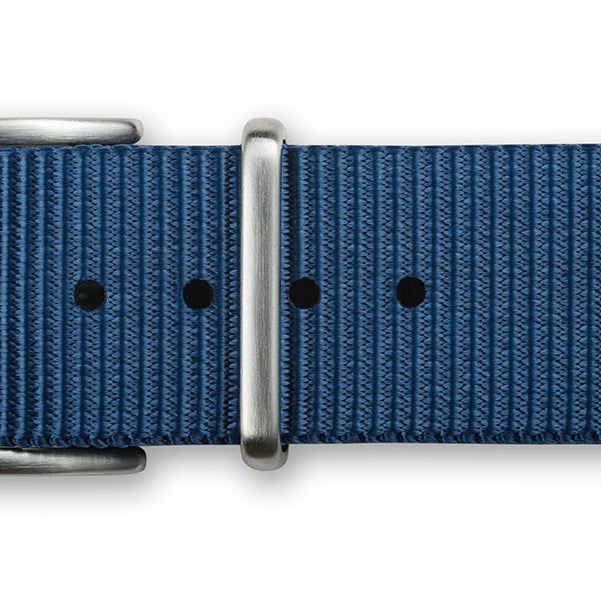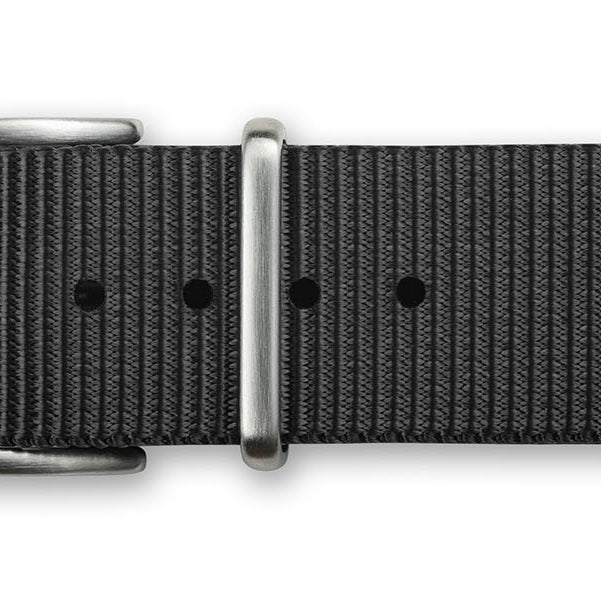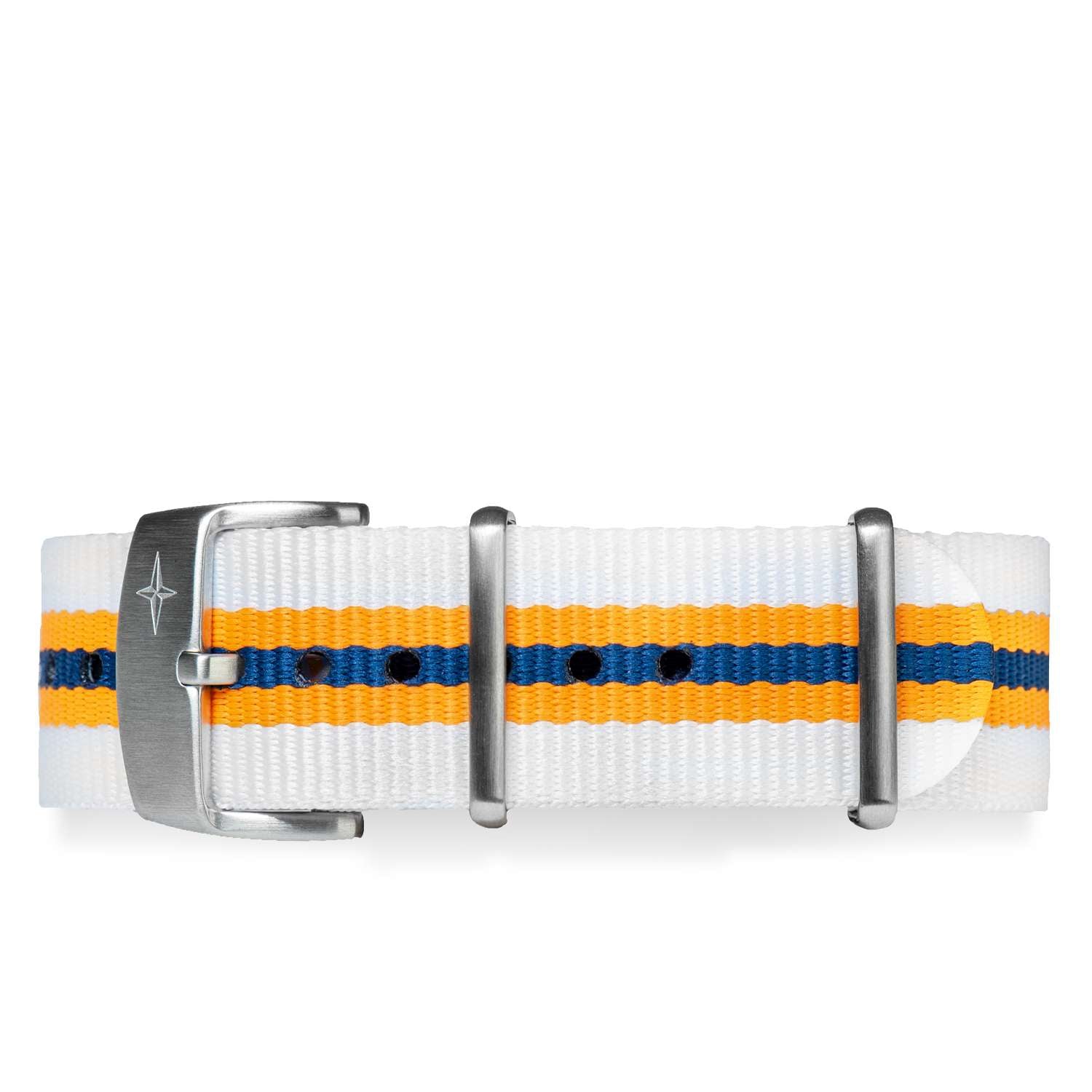Of the over 1,000 people that passed through the station, only 27 cared about giving him any money, and only 7 actually stopping to listen to his playing, which was not just good.
It was awesome.
Because the man was Joshua Bell, a Grammy-award winner and one of the world's best violinists, attracting huge audiences that pay hundreds of dollars for a single ticket whenever he performs. His subway performing social experiment, made to understand if our world still recognizes talent and beauty through the daily routine, brought him a little more than $50, of which $20 came from the only person who did recognize him.
The story went viral, as you can check from here.
What lessons can we learn from this short story, and how do they apply to horology?
Nothing is what it seems

What was the difference between the performance of an extraordinary performer such as Joshua Bell between – say – a luxurious concert hall and a utilitarian metro station? The context where it happens and the expectation you have about it. Or, in other words, not the substance, but the bells and whistles. And this is exactly what happens when you are buying a Swiss-made luxury watch.
When you are shopping for a high-end Swiss watch that displays a very famous brand on the dial, and which is sold through a traditional sales process, your typical sales experience usually means going into a brick-and-mortar store, possibly located in a central location of your city, being received by a court of impeccably dressed and behaved assistants, and pampered through the whole show. And, of course, paying a sizable amount to enjoy this privilege.
But the quality of the product is already implied. That is, you had already decided that the watch was worth that amount of money. When you take away all of the scenography of the traditional high-end and luxury product purchase, what remains is the product itself. That is, in the case of the impromptu subway performance, Joshua Bell, his violin, and his incredible talent at performing, and when you purchase a high-end Swiss watch, the timepiece itself.
So, the logical question is: how can I do that when I buy a luxury watch?
Learn to know your subject

It wasn’t a surprise that one of the persons who stopped to listen during the subway performance, mesmerized by the beauty of the music, was someone who had recognized Bell and his talent. So, to get to the core of the product, you need to learn about and understand the intricacies of its features and quality. And the best way to discover the differences between Swiss-made luxury watches is to compare features, because they rarely lie.
If you do that, you will understand why timepieces like the ones made by Davosa represent such a good deal for the customer: they are all substance and as little fluff as possible.
The typical Davosa high-end watch is built to the highest specifications of the industry. It has a stainless steel case – and often, bracelet – that is made with the best 316L surgical steel available. The bracelets offer micro-regulations and well-finished surfaces - tight where they are needed, comfortable where they aren't, often offering surfaces refinished in contrasting metal polishes that provide an excellent visual display. The same applies to the crown assembly, constantly feeling sturdy, well-built, and intricately polished.
The crystal glasses are of the highest standard, mostly made of sapphire glass of great purity coated with an anti-reflection layer to ensure perfect visibility of the dials. When present, most of the rotating bezels are crafted in high-quality ceramic and assembled with the most stringent production standards for precision of placement and comfort of operation.
The dials are beautiful, well-finished, and decorated with applied indexes and numerals coated with several layers of the brightest SuperLuminova paste of the industry. The same applies to the hands, which are well-crafted, impeccably refinished, and lumed.
The fine art of etablissage

If we examine the history of Swiss watchmaking, we notice that the watch companies are divided in two broad groups: the manufactures and the etablisseurs. In short, the first create a complete watch from the ground up, caliber comprised, and sell it as a complete package. The second category instead buys the most crucial part of a watch – the movement, also known as ébauche – from select companies specialized in the field, suitably modifying them to their specifications in their internal workshops. This is what many important brands are doing today and have been doing through all of their histories.
For example, one of the most famous Swiss movement makers is Jaeger LeCoultre, known as “The Watchmaker of the Watchmakers,” and has supplied its excellent movements to the most important watch companies of the world, between which Patek Philippe, Vacheron Constantin, and Audemars Piguet. Yet, the same Jaeger LeCoultre for two years mounted externally-sourced ébauches (from the Tavannes Watch Company) in its first Reversos. As you can see, the same company can be both a manufacture and employ etablissage.
Davosa has chosen to follow this excellent example. We supply our ébauches from the best specialized manufacturers of the world, and we modify and adapt them to suit our exact specifications. In this way, we get the best of both worlds: we can profit from the experience of the most specialized companies in the field of movement-making, and we ensure that the watch that you are buying will stay current forever, even when it will be out of our two-year global support warranty, as any good watchmaker will instantly recognize the movement inside out.
Putting all of this together
It should be evident now where we are going: when you are buying a Swiss luxury watch from Davosa, you're paying for the performance, not the show. This is the reason why Davosa can offer excellent timepieces of a quality comparable (and in many instances, superior) to the one provided by the most renowned Swiss watch brands, which let you pay for their markup, composed by branding, beautiful stores, and personnel, together with their high-budget advertising campaigns.
With a watch from Davosa, you receive timepieces of phenomenal quality at affordable prices: and the true secret of why we can manage to make such excellent timepieces for this little expenditure is that we basically transfer the savings that our business model allows to our clients - which are our greatest asset and best testimonials.
So, the next time you are walking in front of a beautiful shop window in the town center and admire the watches contained therein, ask yourself how much you are paying for the context and how much you are paying for the violin performance. Which, in the end, is the only thing that counts.
The Davosa-USA.com website is NOT affiliated in any way with Audemars Piguet, Franck Muller USA, Inc. Richard Mille or Richemont Companies, Seiko, or any other brand which is not Davosa Swiss. Rolex is a registered trademark of Rolex USA. Davosa-USA website is not an authorized dealer, reseller, or distributor for Rolex and is in NO WAY affiliated with Rolex SA or Rolex USA or any other brand besides Davosa Swiss. |

